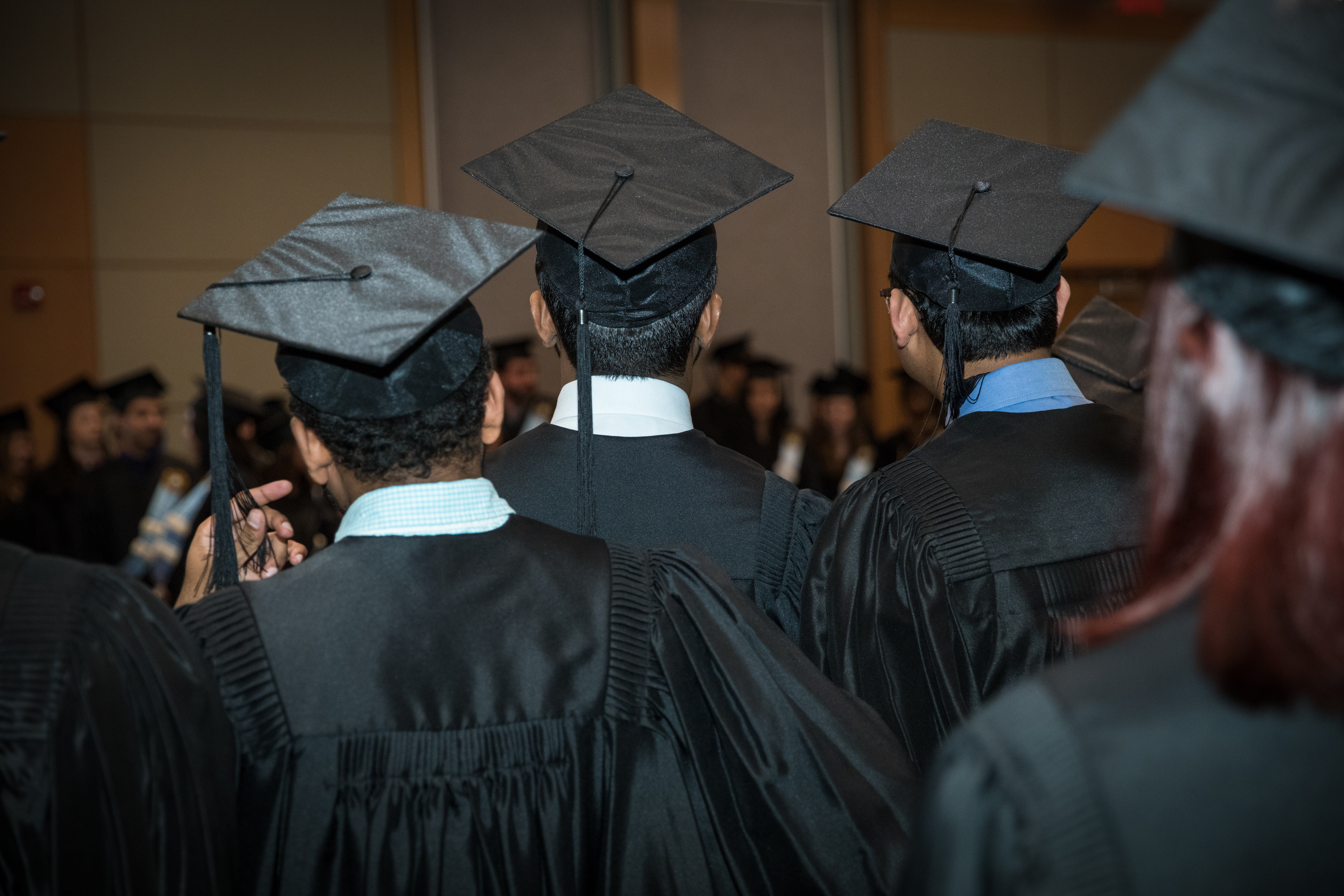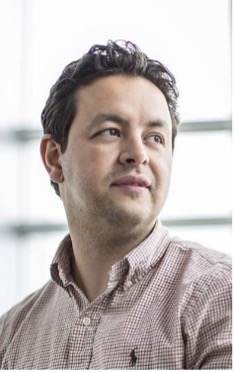An inspiring journey, a unique experience
Our graduates share their learning experiences, telling us about their memories, discoveries, and lifelong connections during their studies.
Their time at INRS has been significant and has opened up endless possibilities for their careers.
Discover their story...
Valérie Dekimpe
(PhD in Biology, 2011)
Global Director of Sterility Assurance, Novartis
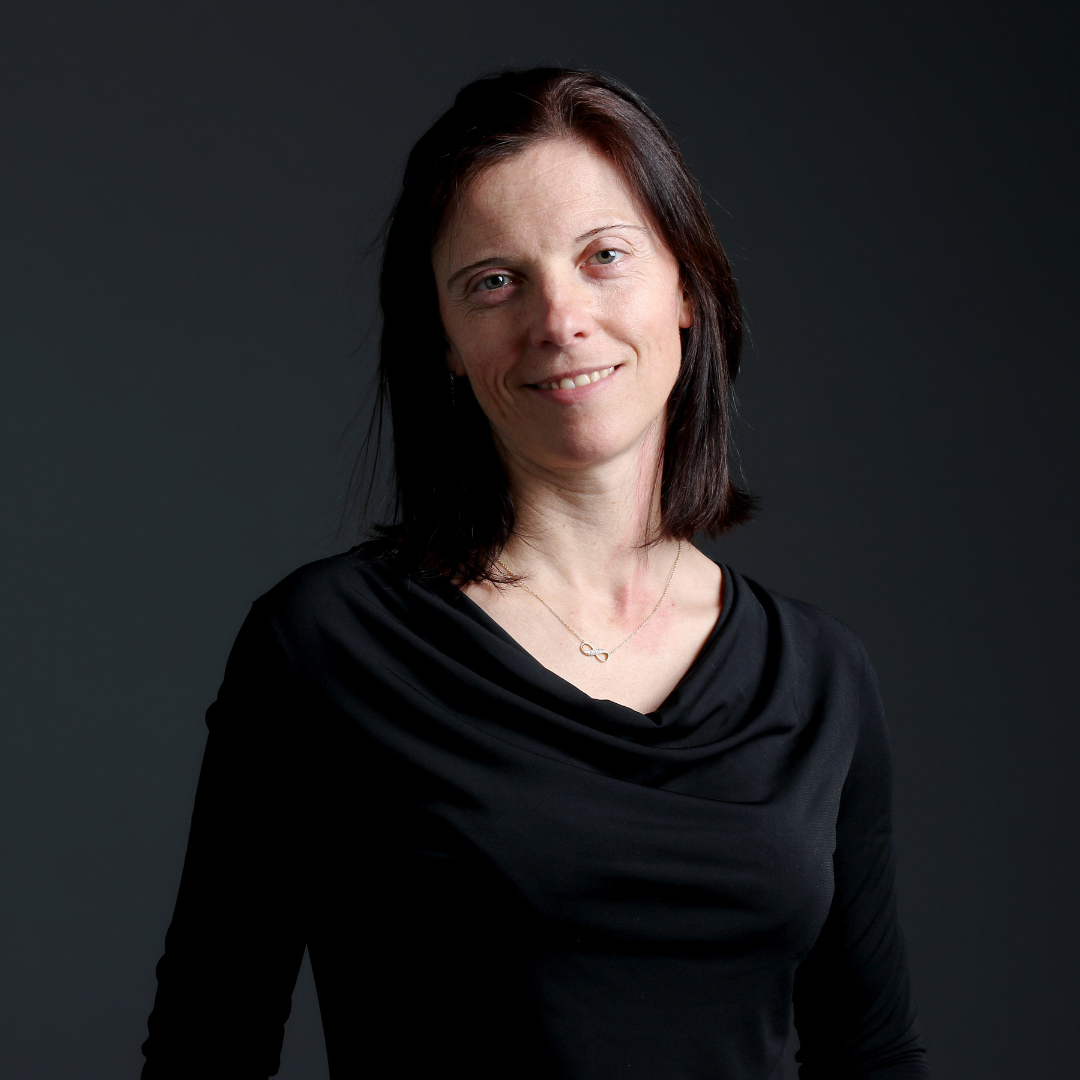
“What I developed most was independence and the ability to anticipate, to know what I want to achieve and how to go about it.”
Michel Lefèvre
(PhD in Energy and Materials Science, 2003)
Director of Programs and International Collaborations, PRIMA Québec

“A PhD is more about how you work than what you know. It teaches you to look at a problem from different angles, to find solutions, to collaborate.”
Pierre-Erik Isabelle
(Master's degree in Water Sciences, 2015)
Research professional at Laval University
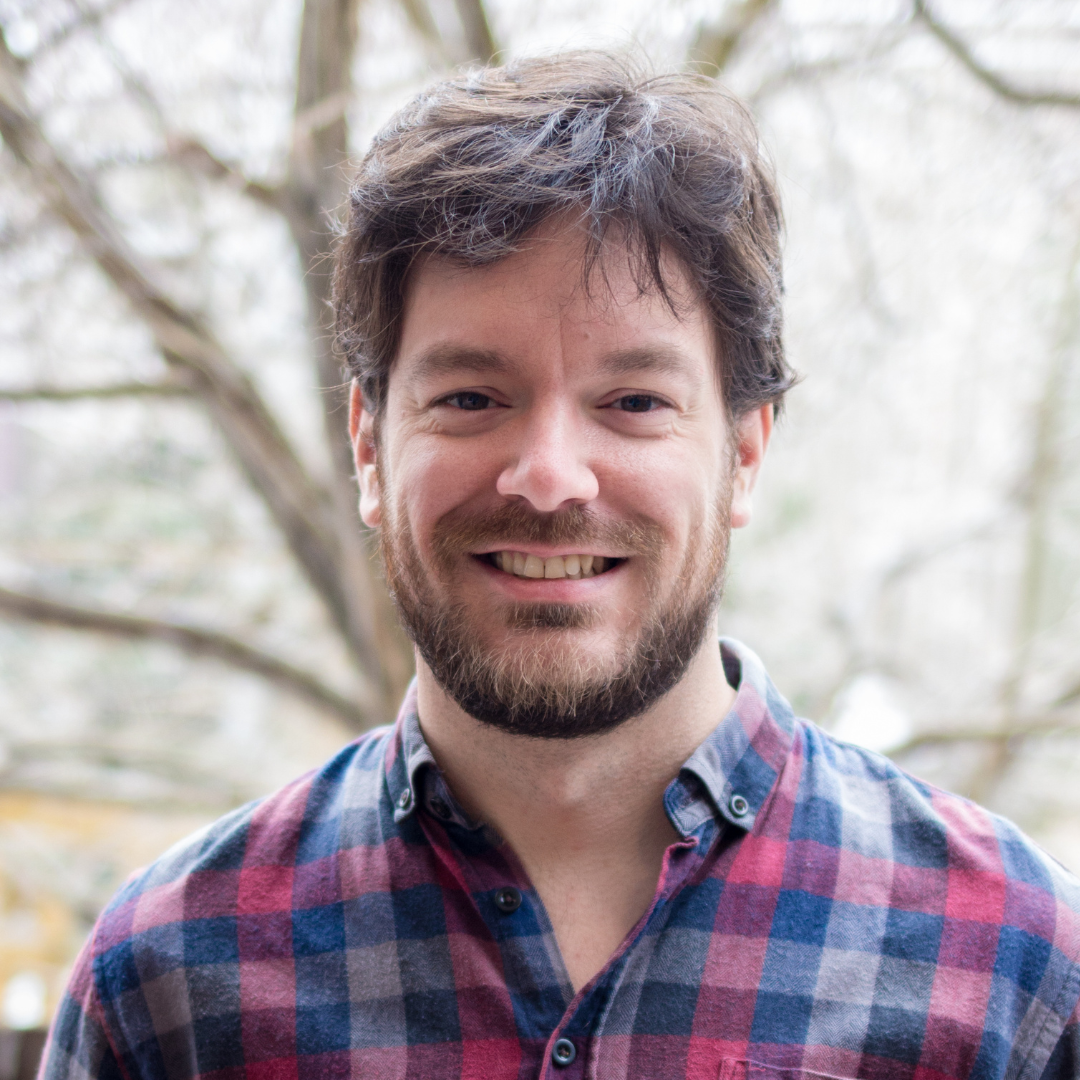
“It was fascinating to see everything that goes on in science, rather than just sitting behind a computer or writing down data.”
Caroline-Anne Perreault
Master's degree in Urban Studies (2006)
Expert Advisor, Community Relations, External Affairs and Strategic Expertise, Executive Branch, City of Longueuil
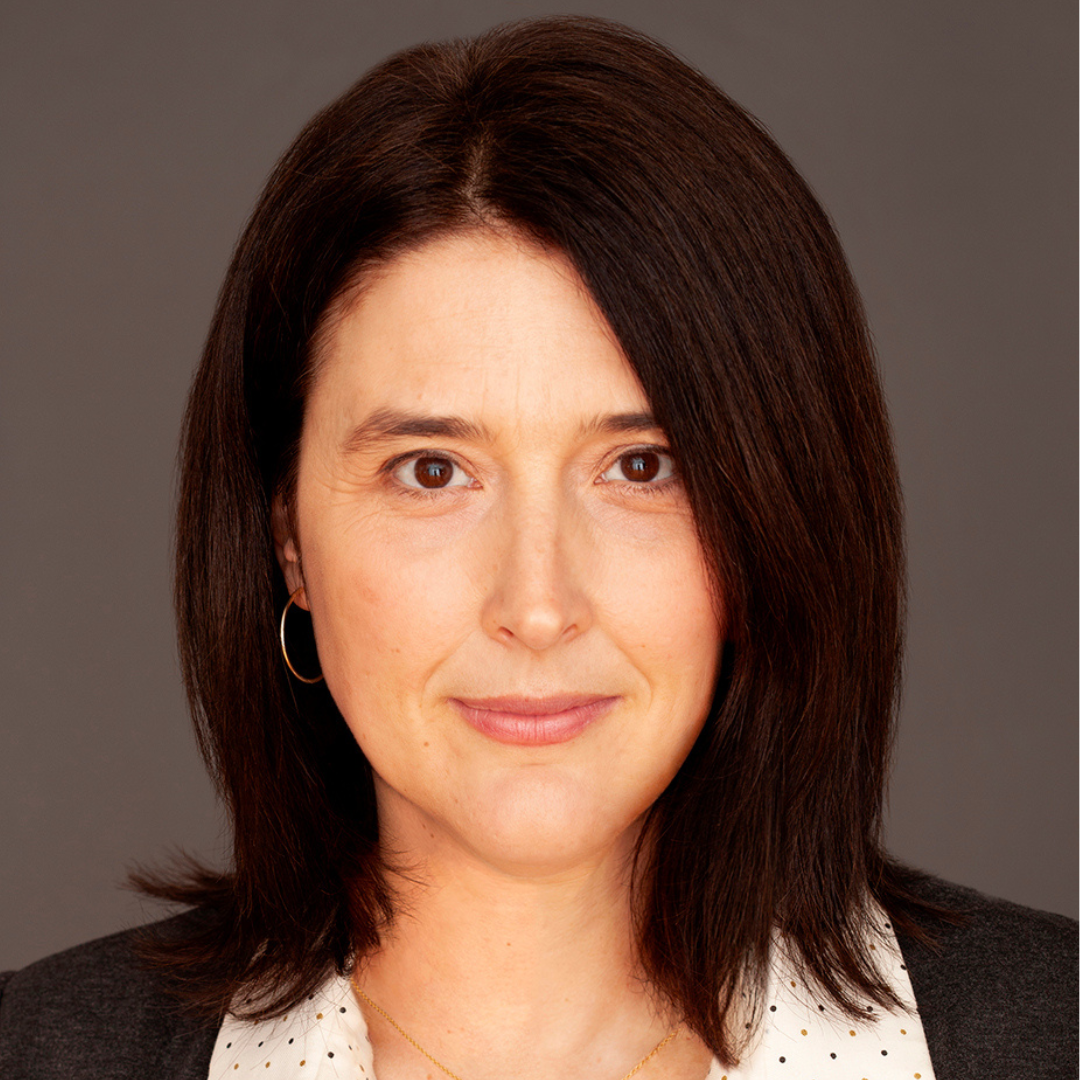
“INRS has helped me understand how research can have a real impact on our living environments.”
Esther Tremblay
(Master's degree in Applied Microbiology, 1992)
Director of Regulatory Affairs, Héma-Québec
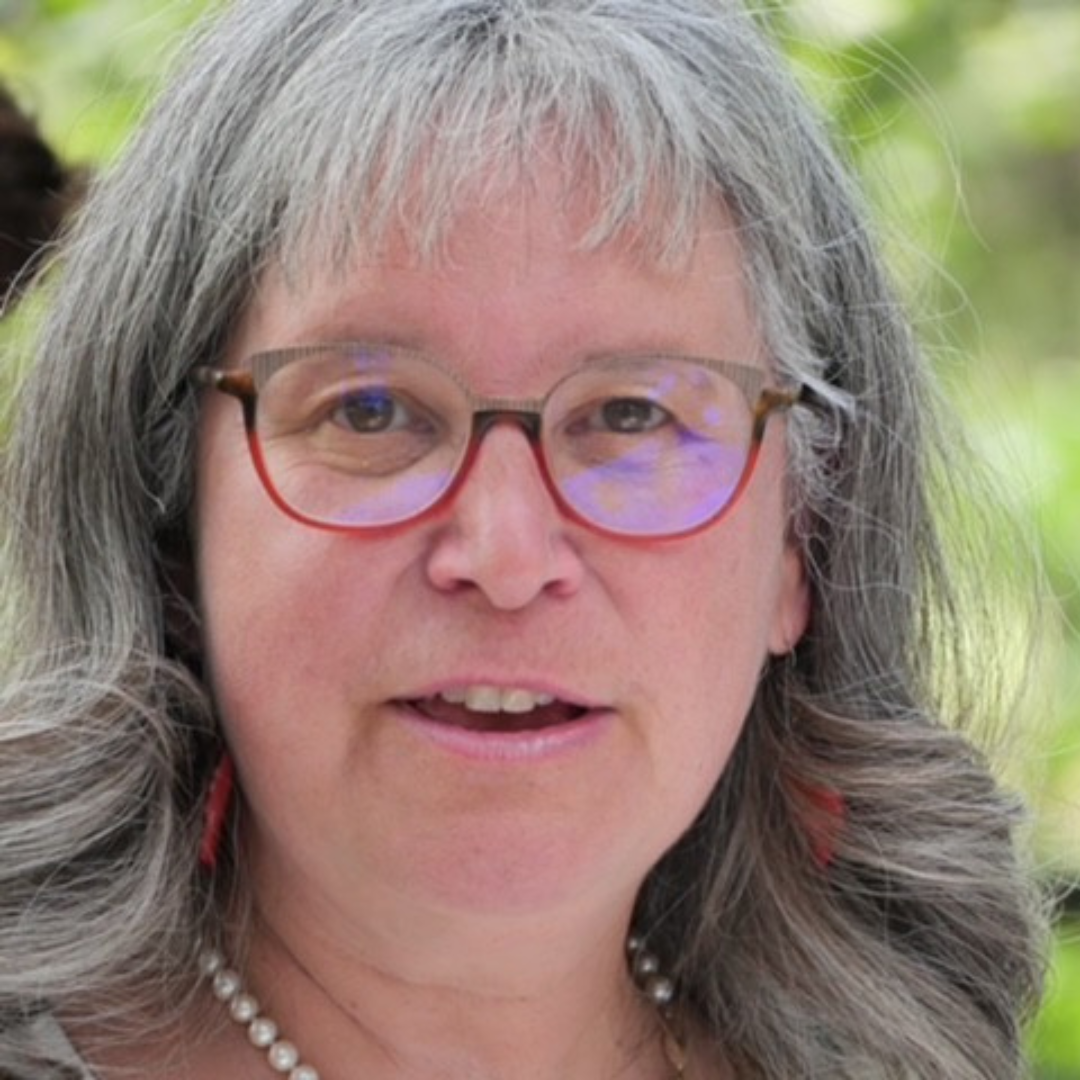
“I learned perseverance and patience there. In research, you don't always get results quickly, but you have to keep moving forward.”
Myriam Richard
(Master's degree in Urban Studies, 2012)
Professor, Department of Psychoeducation and Social Work, Université du Québec à Trois-Rivières
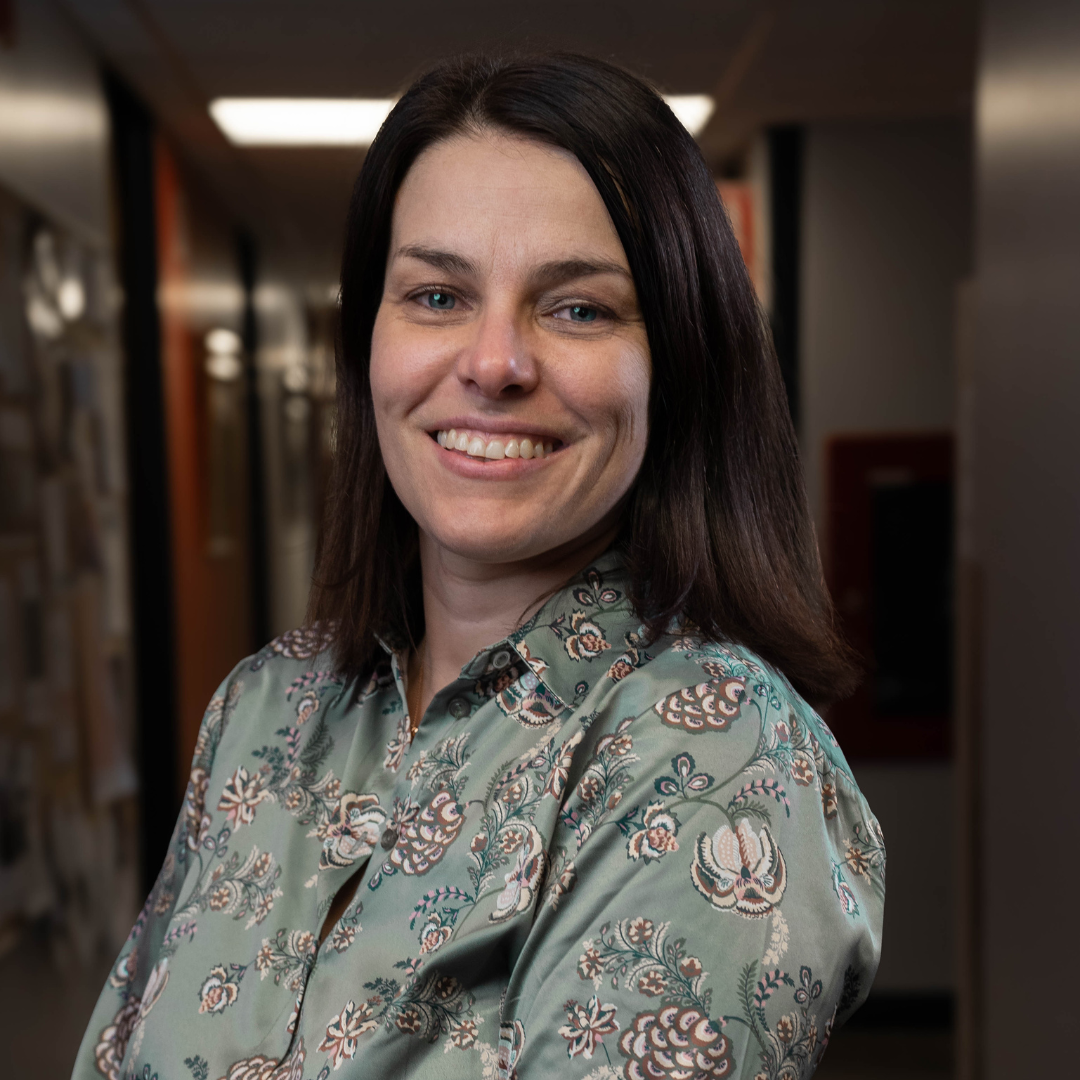
“This shaped my approach to research, which still guides me today: applied, multidisciplinary research that is connected to the field and deeply human.”
Mathieu Carrier
(PhD in Urban Studies, 2016)
Urban Planner and Transportation Planning Coordinator, Quebec Ministry of Transport and Sustainable Mobility
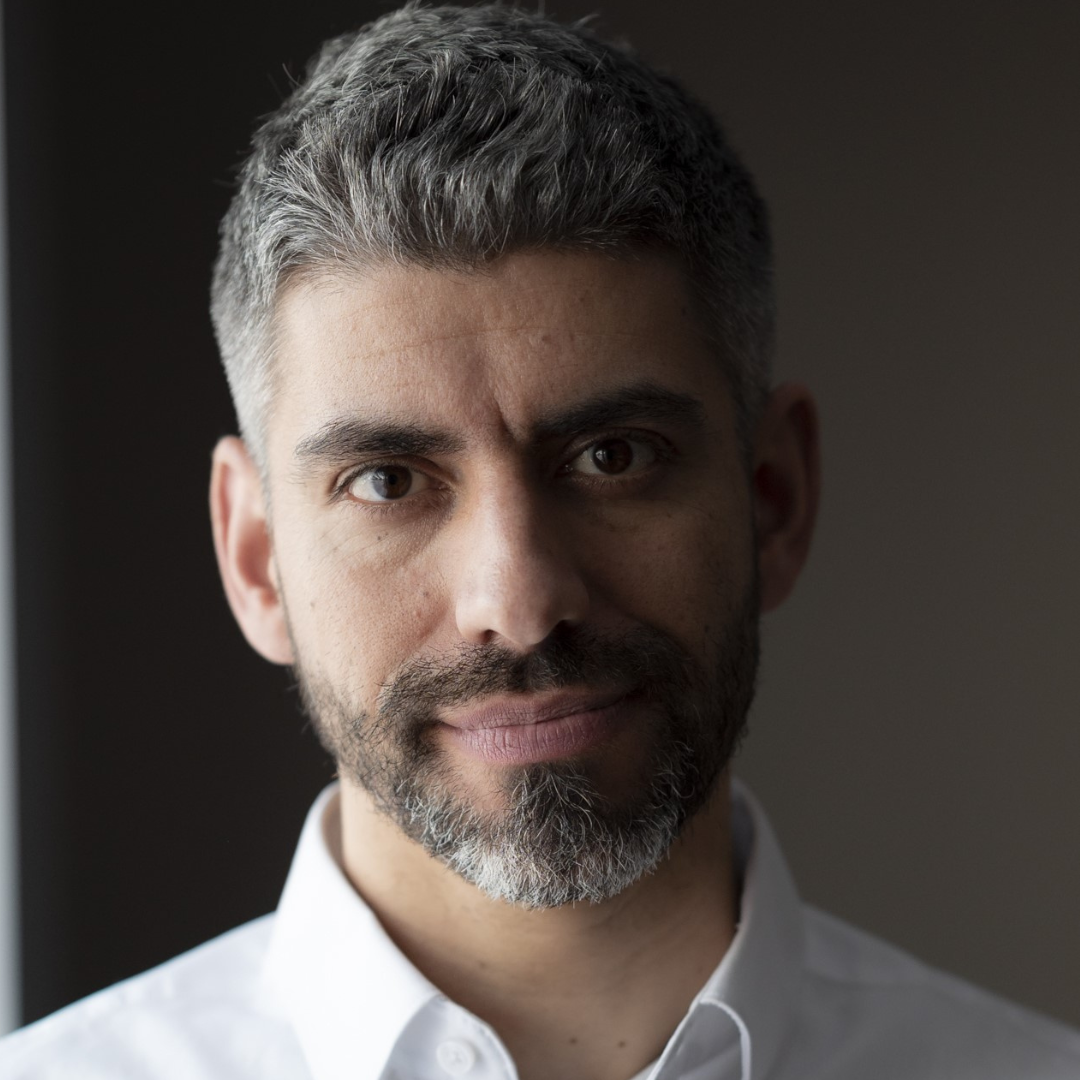
“What I learned at INRS helps me every day to carry out projects with university researchers, develop new tools, and meet the specific needs of our department.”
Marie-Christine Groleau
(Master's degree in applied microbiology, 2006)
Research officer, INRS
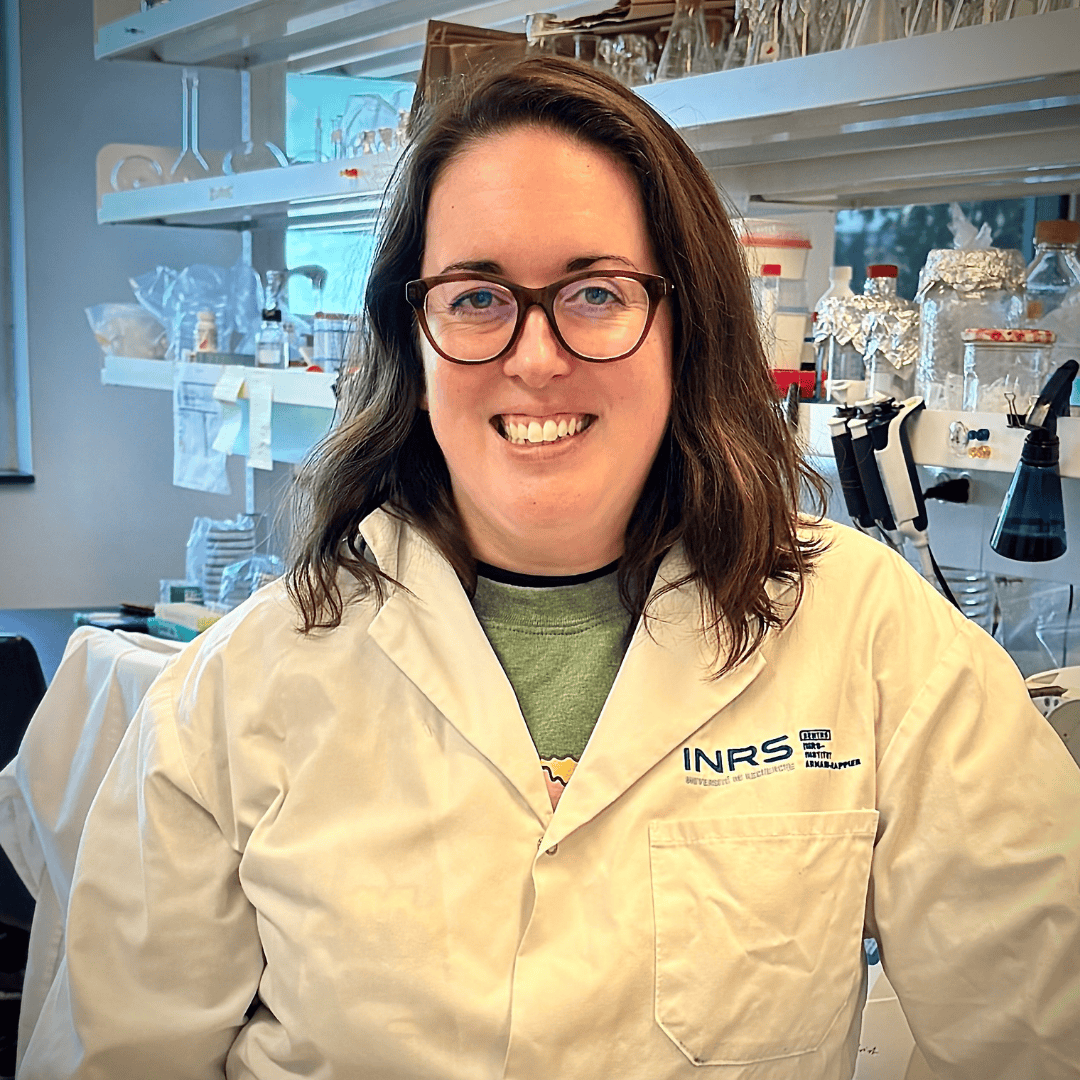
"At university, you learn a lot of theory. But in the lab, everything falls into place. You finally understand what you've learned."
Dominic Dussault (Master's degree in applied microbiology, 2008)
(PhD in biology, 2014)
Senior Director, Quality and Regulatory Affairs, Solina
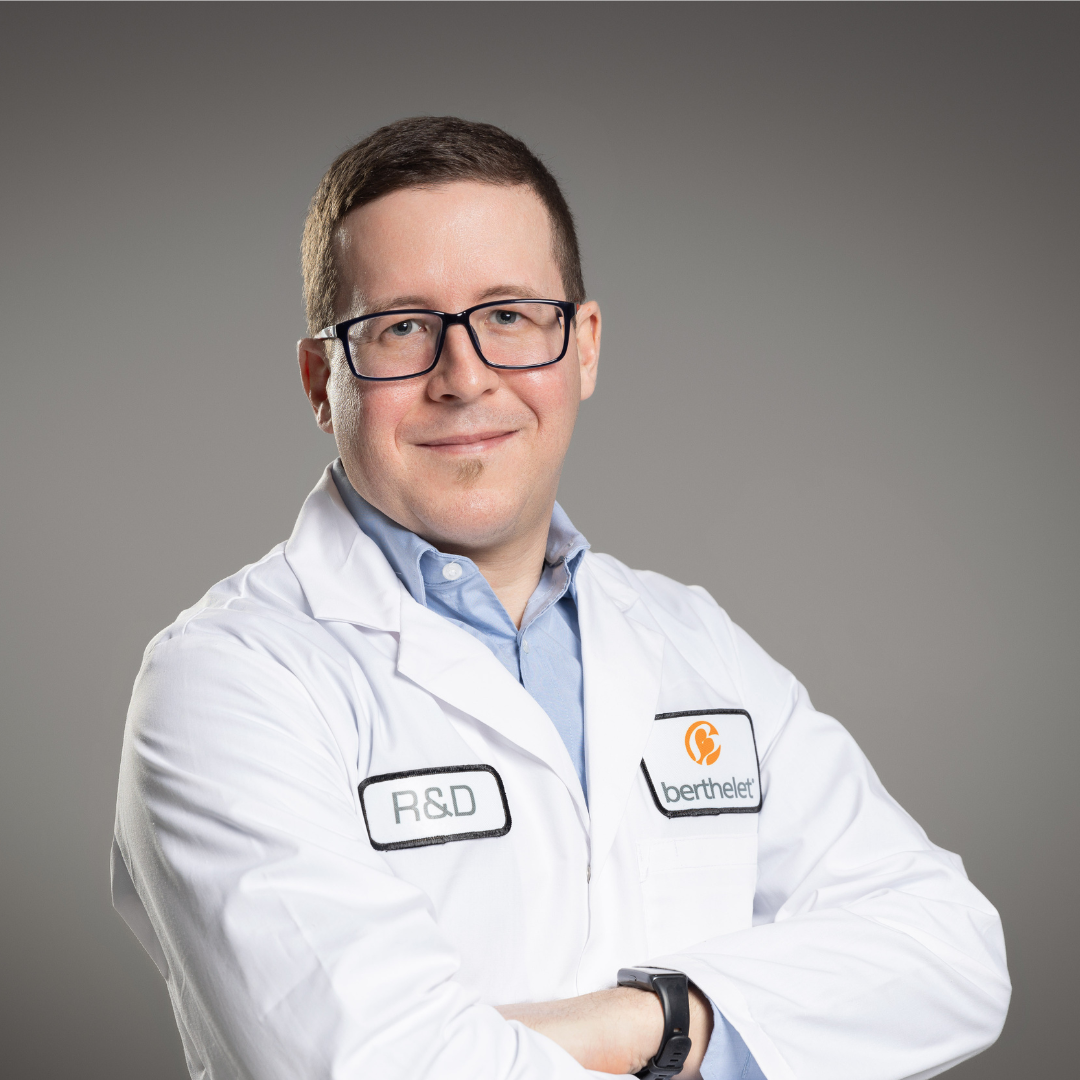
« I believe in the path I've taken. Quebec has invested in me. Today, I'm giving back.»
Piotr Roztocki (PhD in Energy and Materials Science, 2022)
Co-founder and CTO, Ki3 Photonics Technologies Inc.
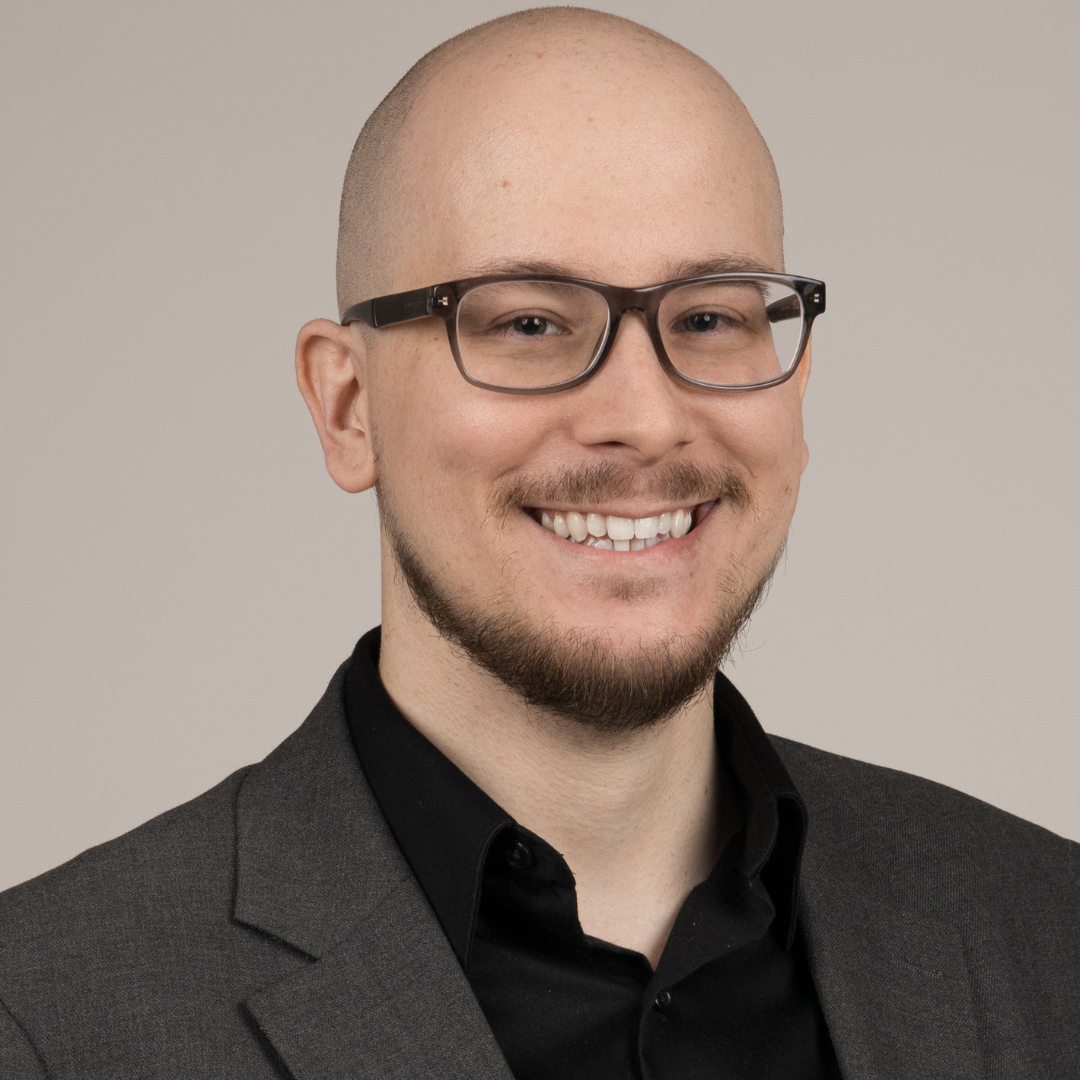
"Science, especially experimental work, is a team sport. Impact comes from the collaboration of experts from different disciplines."
Martin Pelletier (Master's degree in experimental health sciences, 2001)
(Doctorate in virology and immunology, 2006)
Professor-researcher, CRCHU de Québec-Université Laval
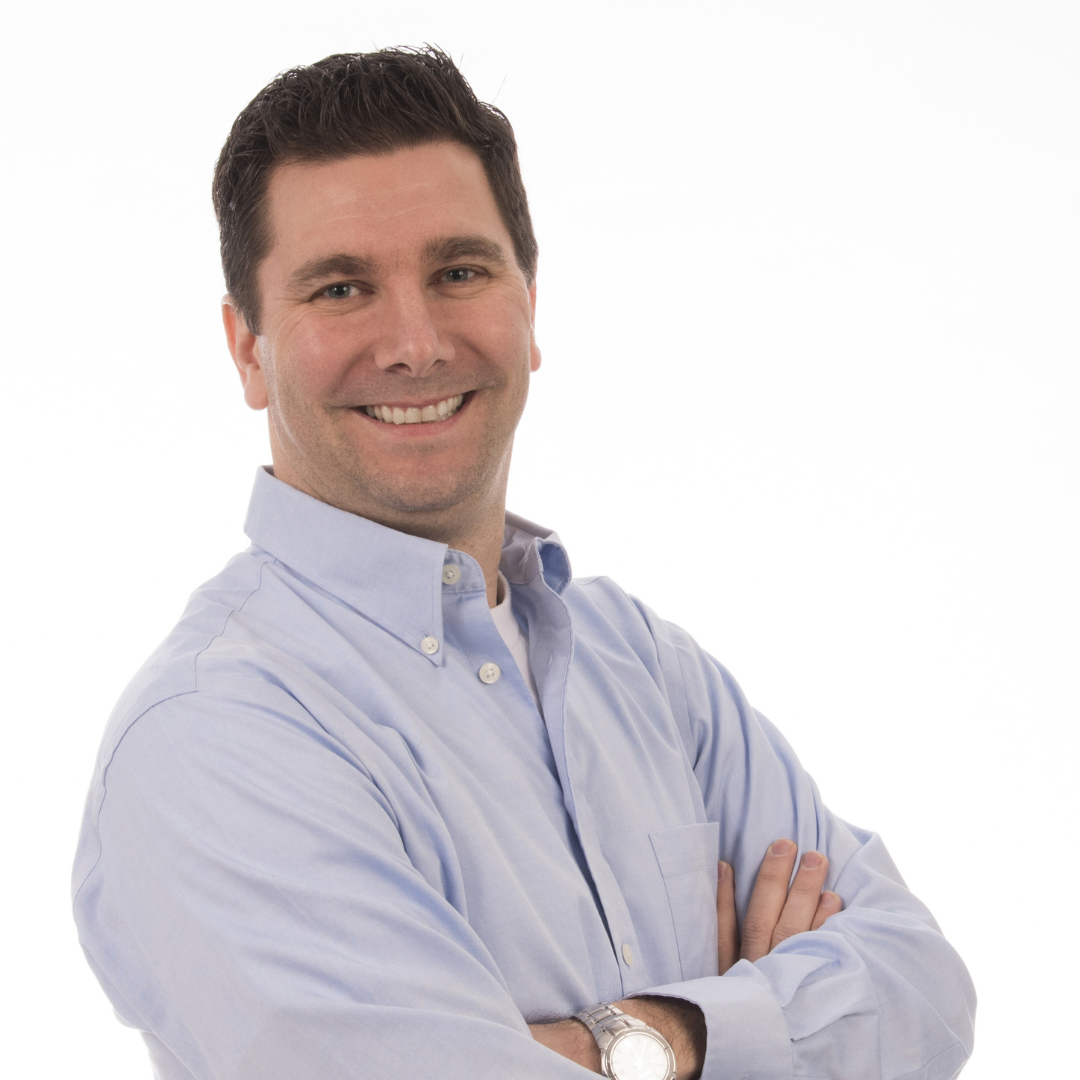
“For me, science is like magic: it takes passion, repetition and the result brings so much satisfaction!”
Valérie Ouellet (Master's degree in water sciences, 2006)
(Doctorate in water sciences, 2013)
Vice-President, Research and Environment, Atlantic Salmon Federation
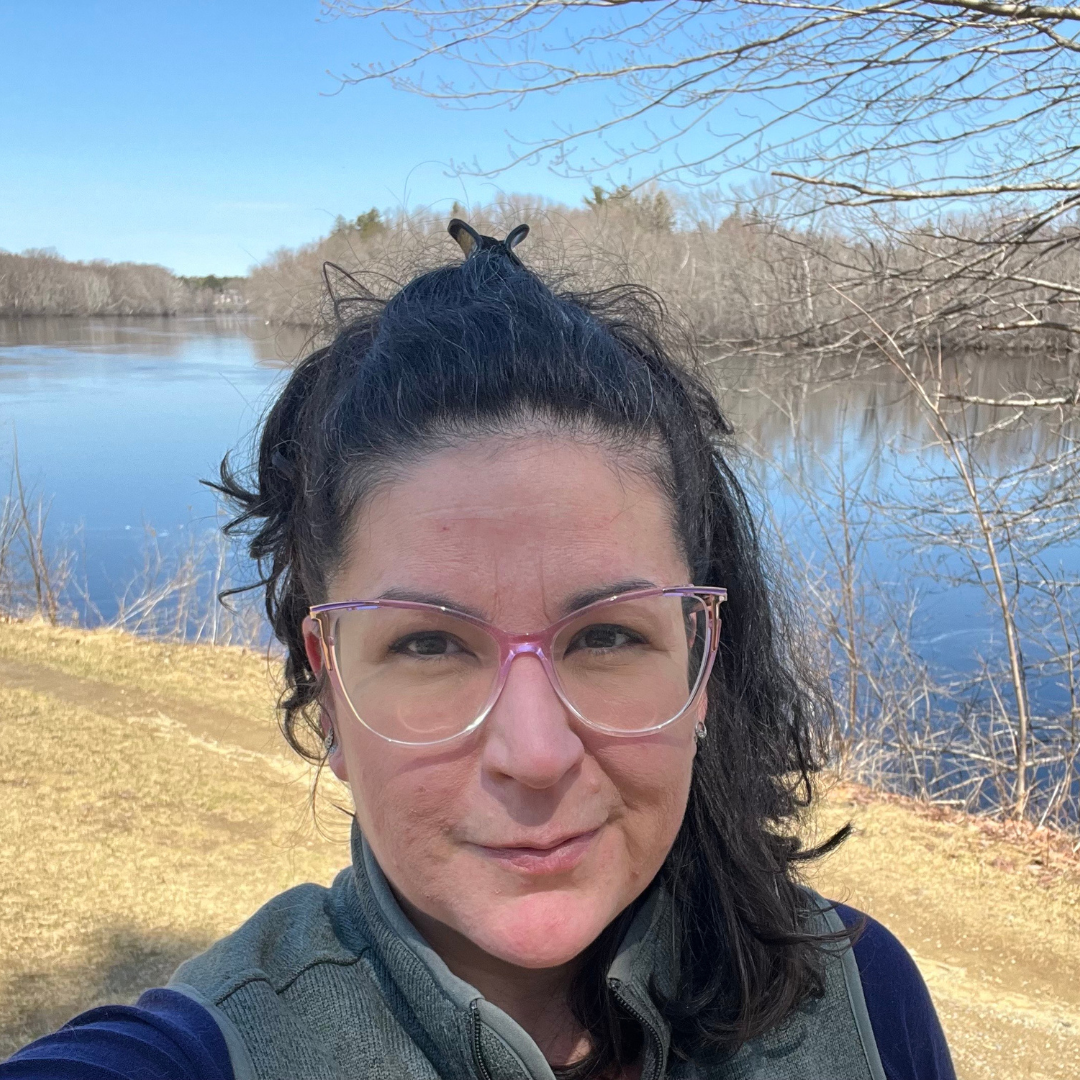
“The multidisciplinary aspect, the hands-on experiences and the support to publish our results early in my career helped me to be more competitive for grants and positions.”
Maxime Rivard (PhD in Energy and Materials Sciences, 2016)
Researcher, NRC
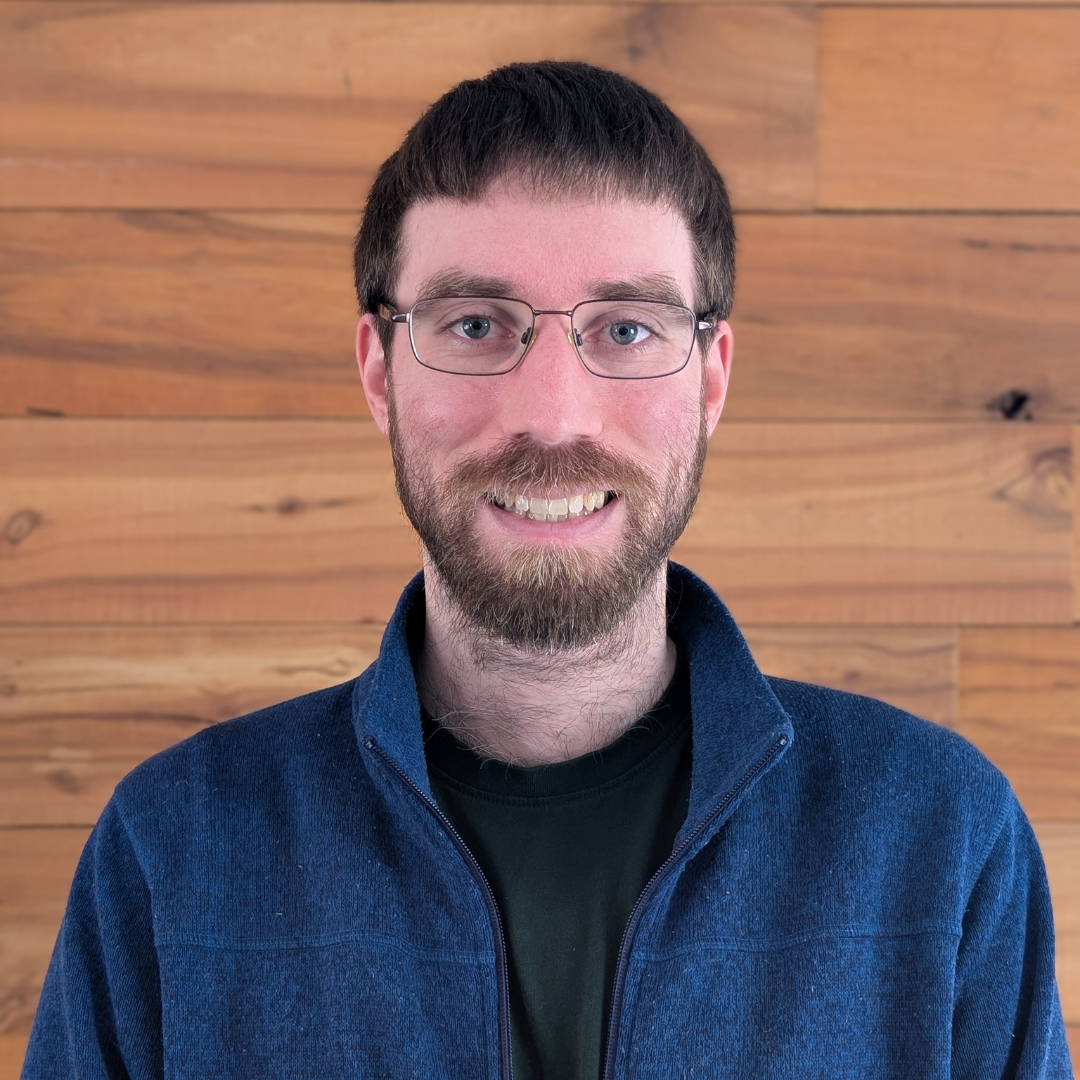
“The baccalaureate gave me a theoretical grounding, but it was at INRS that I learned to identify the next steps in a research project myself, to build a story around the science we do.”
Michele D'Elia (Master's degree in experimental health sciences, 2003)
(PhD in virology and immunology, 2009)
Vice President Medical, Access and Healthcare Policy, Roche Diagnostics
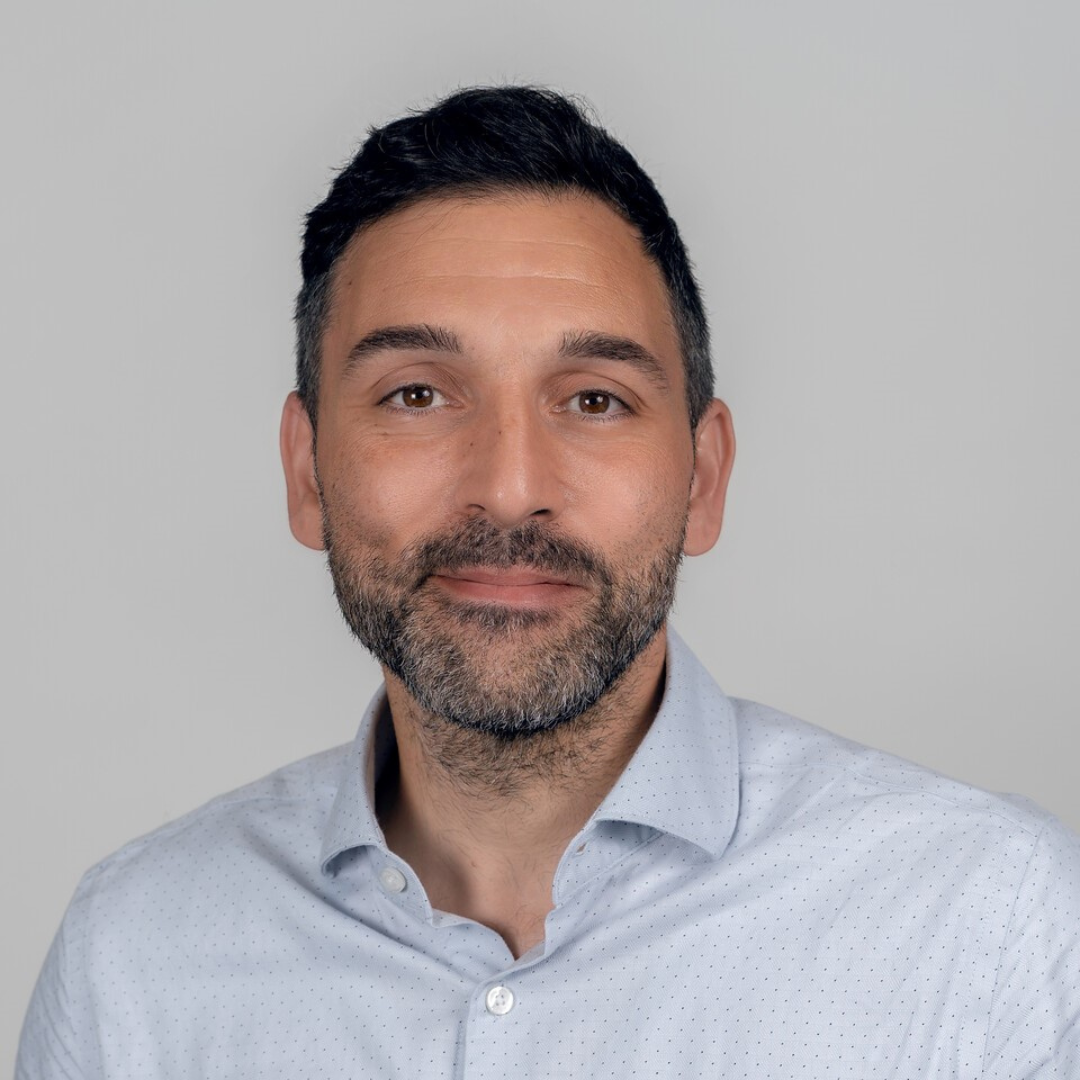
“INRS taught me to never stop learning. The scientific world is constantly changing and you have to know how to adapt, experiment and seize opportunities as they arise.”
Louis Germain (Master's degree in water sciences, 1991)
Special advisor, TACT
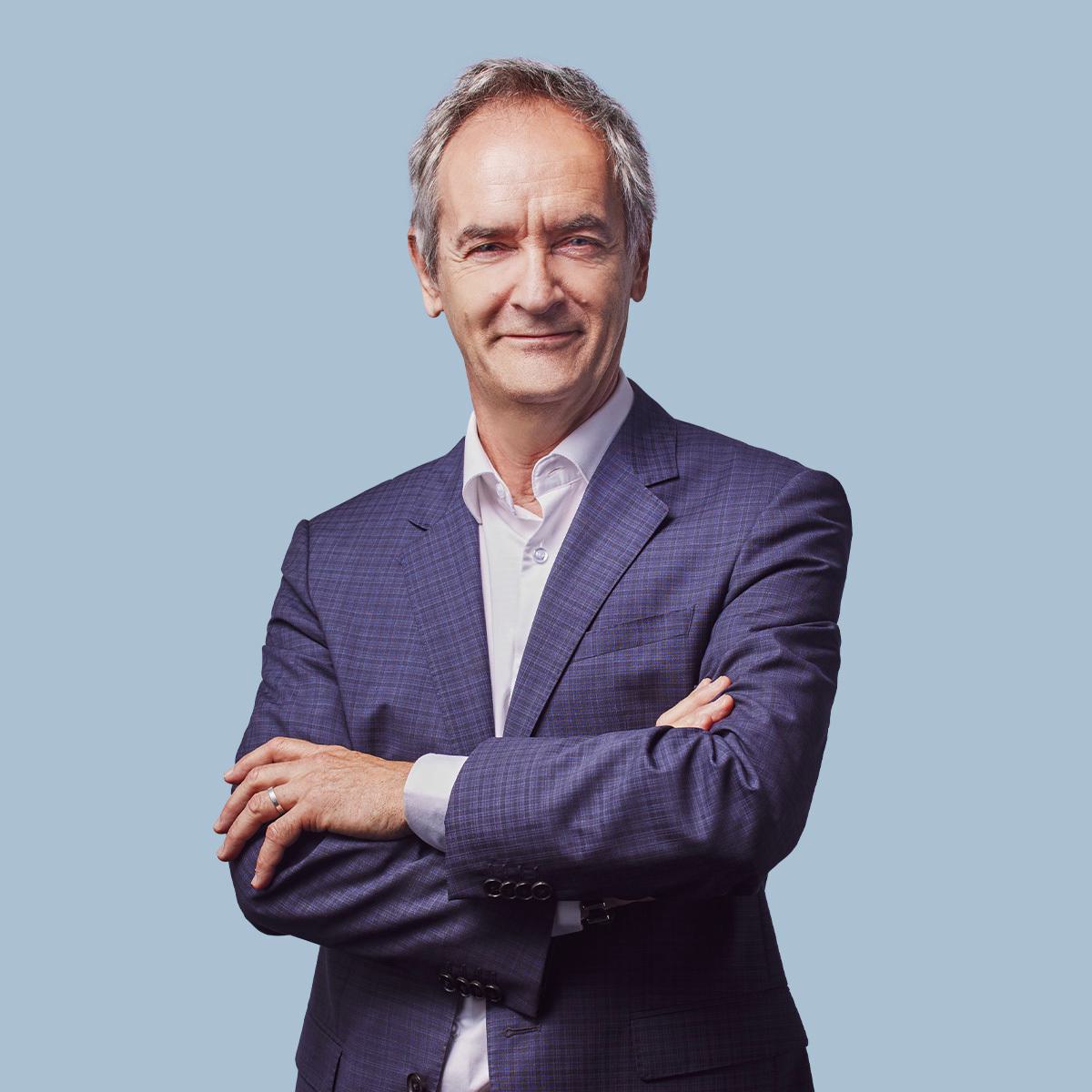
“You have to choose a line of research you're passionate about and devote yourself to it seriously. INRS offers an exceptional environment, but you have to be ready to commit yourself fully.”
Claudia Gilbert (Master's degree in virology and immunology, 2022)
Research assistant, CHU Sainte-Justine
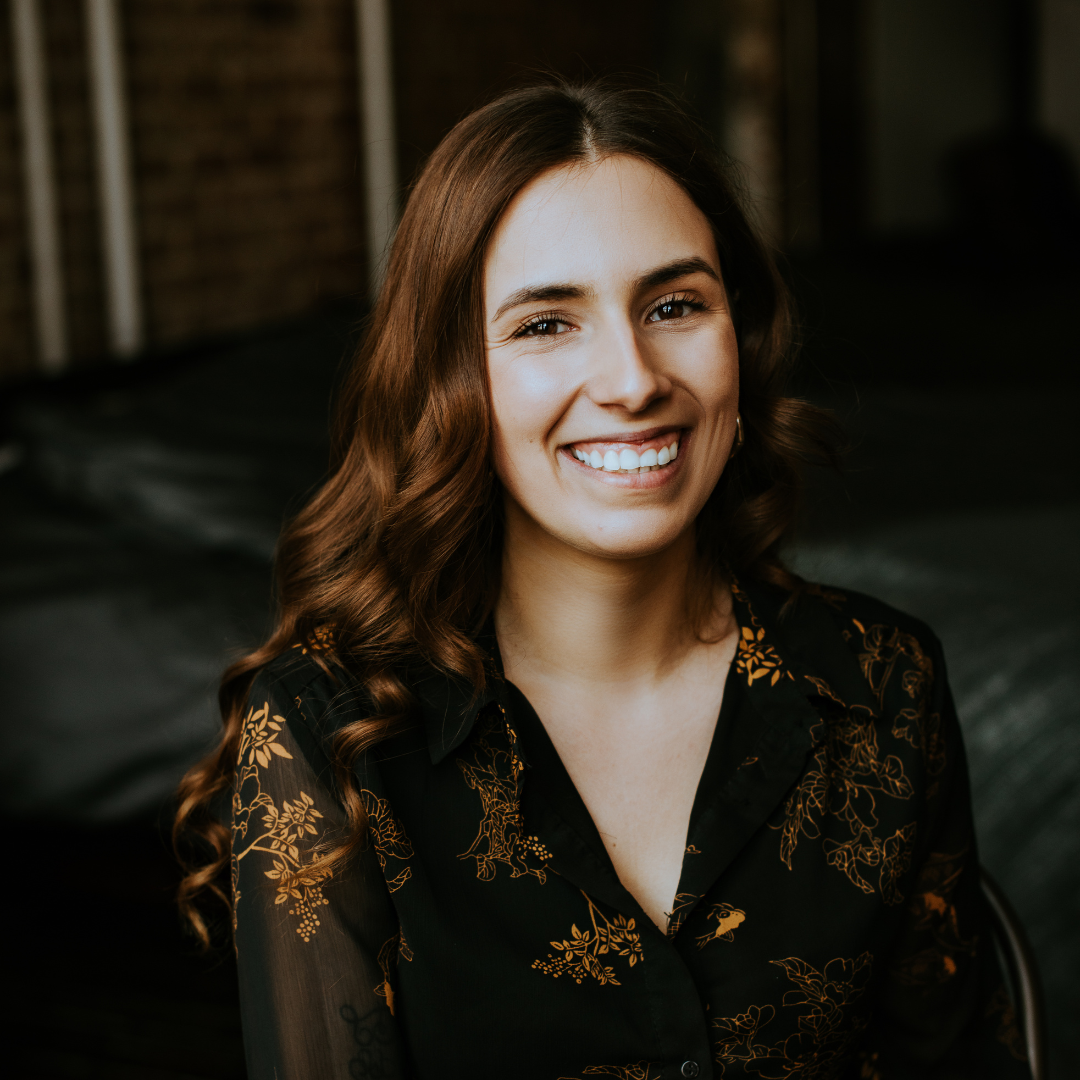
“I chose INRS because it's a research-focused university, which allowed me to concentrate on anything more applied.”
Martine Isabelle (Master's degree in applied microbiology, 2008)
Senior advisor, cross-disciplinary scientific projects, Vice-présidence aux affaires scientifiques, Institut national de santé publique du Québec
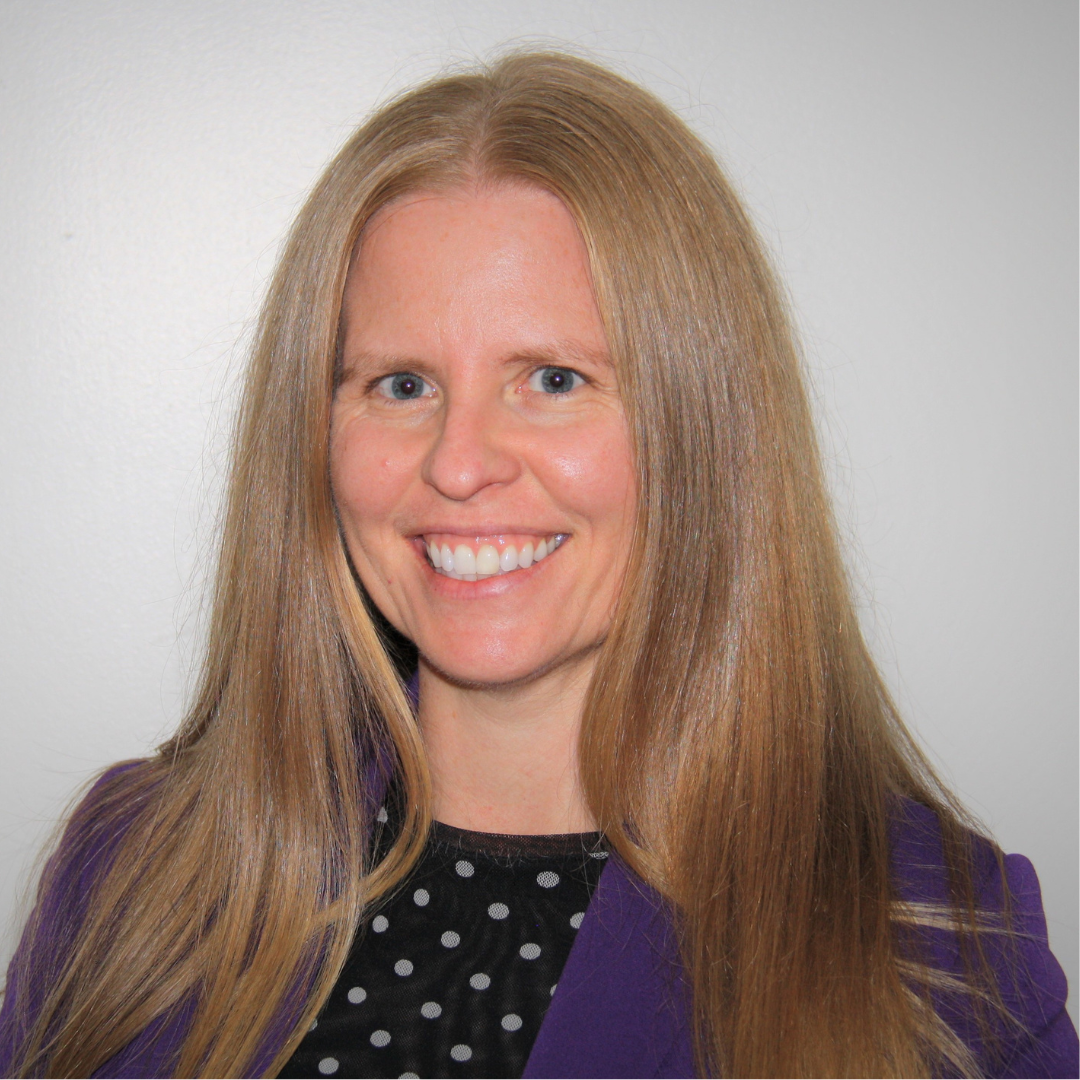
“What I remember about INRS is that I wasn't just a number. The human relations and the feeling of closeness are precious things, which distinguish this university from the biggest institutions.”
Stéphane Ruggeri (PhD in Energy and Materials Sciences, 2003)
Growth and Innovation Specialist, Développement économique de l'agglomération de Longueuil
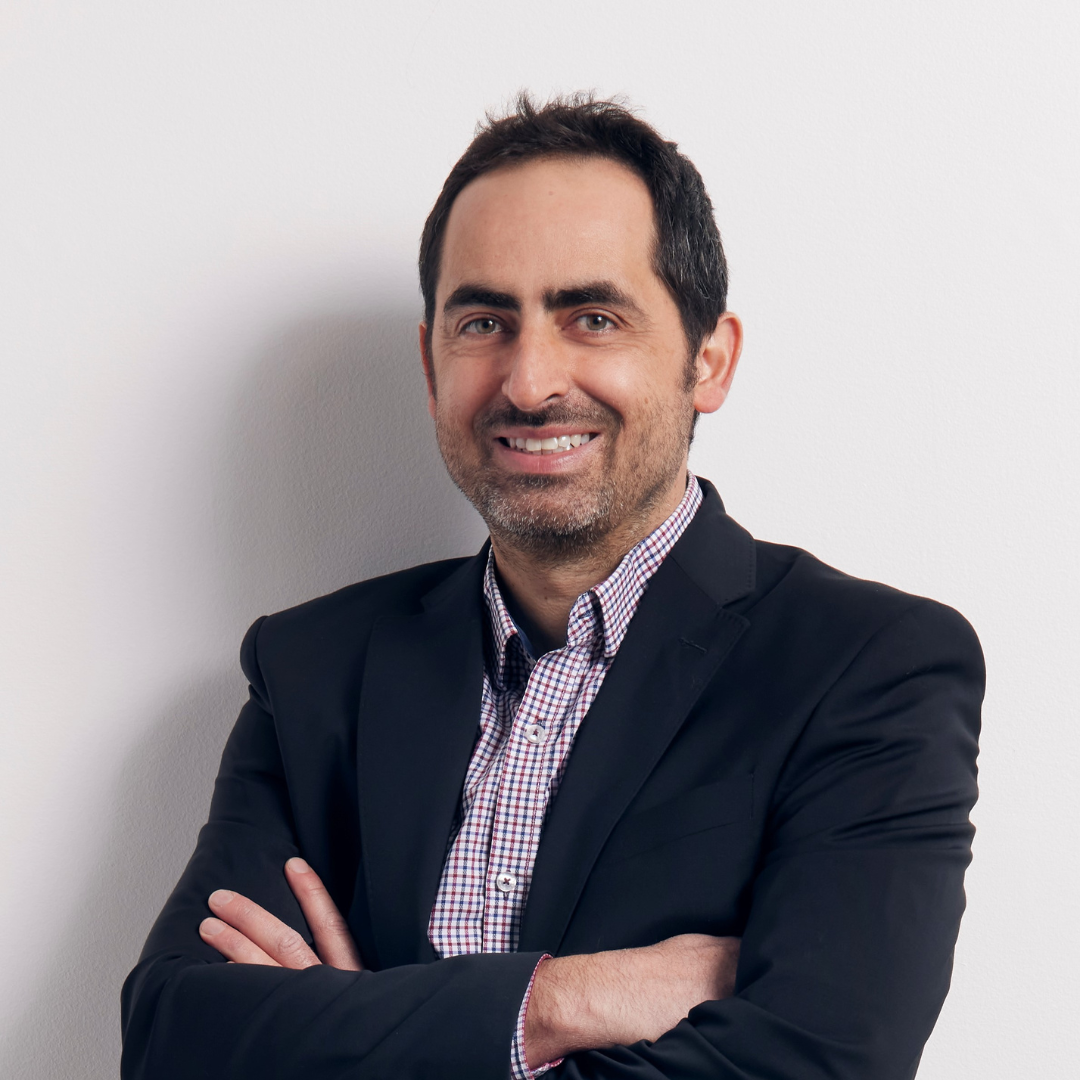
“You have to remain open and curious. What you learn can be applied in many, sometimes unexpected, ways in various sectors.”
David Garces-Gonçalves (PhD in Biology, 2015)
Health Promotion Advisor, Public Health Department, Centre intégré de santé et de services sociaux de Laval
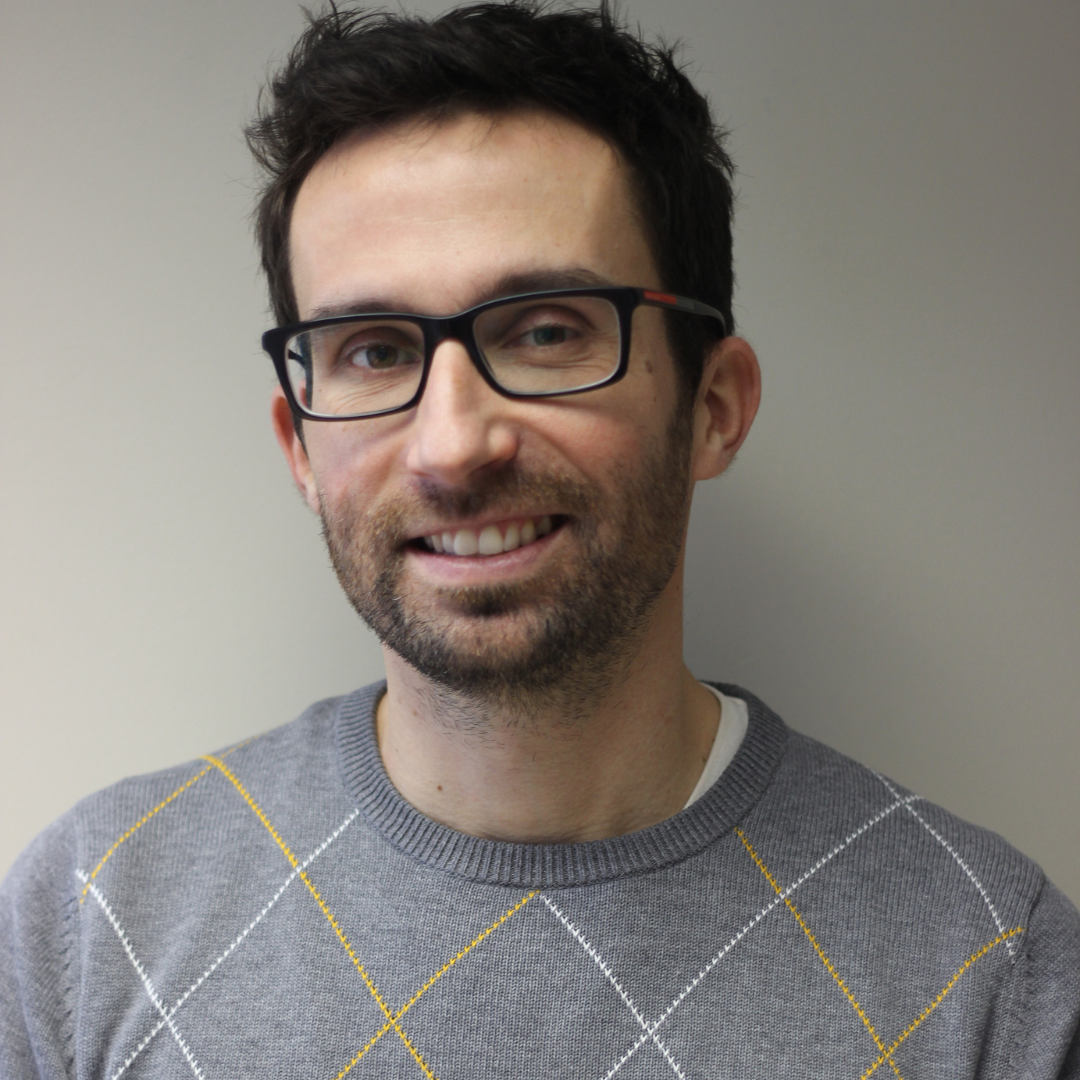
“[At INRS,] each student could be the architect of his or her own career. It was up to us to build our CV from the mosaic of experiences that INRS made available to us. It was our choice to open those doors or not.”
François Blanchard (Ph.D. Energy and materials sciences, 2010)
Professor, École de technologie supérieure (ÉTS)
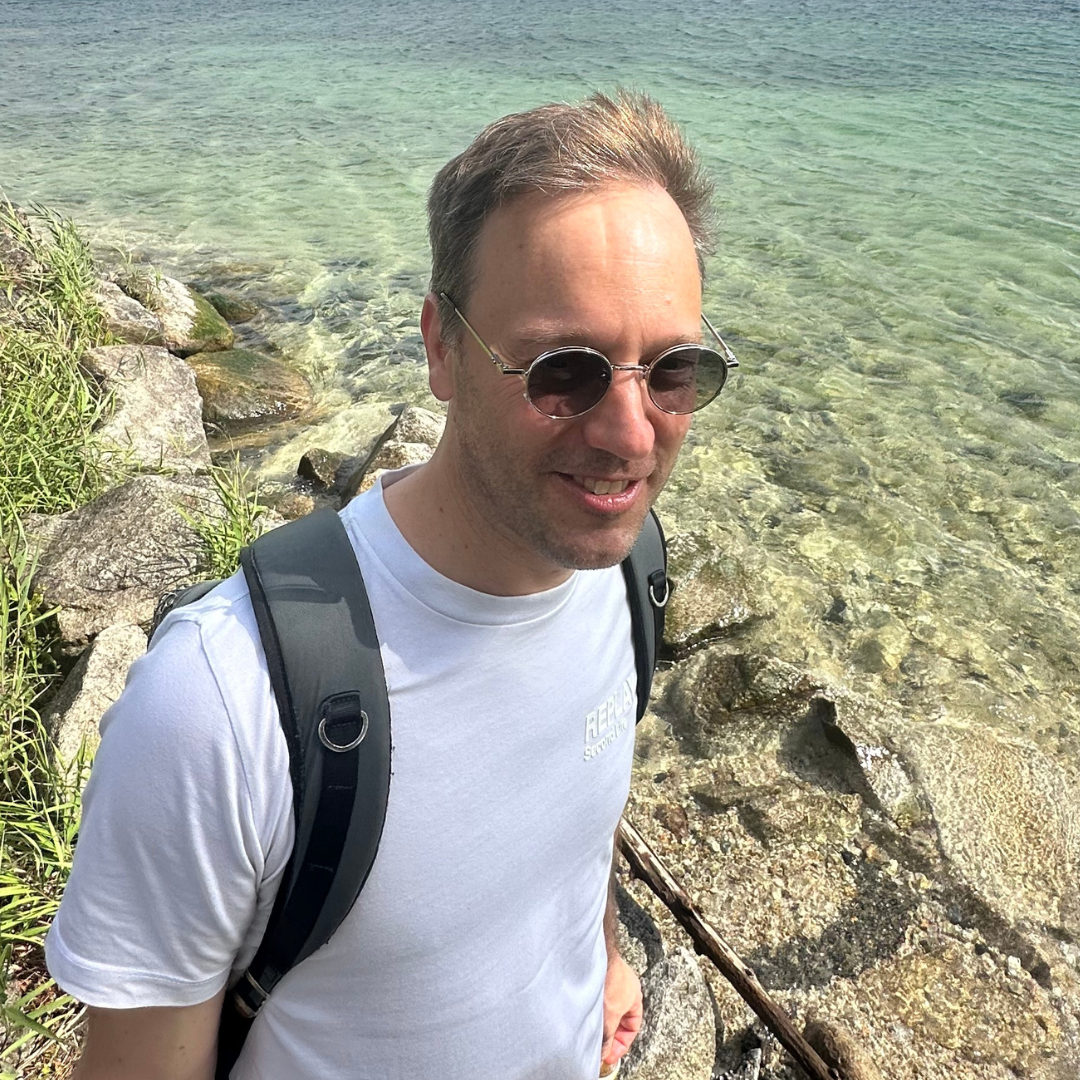
“The people we meet along the way may be the ones who will divert our trajectory without us even seeing it coming!”
Stephan Séjourné (Ph.D. Earth Sciences, 2007)
(Master's degree in Earth Sciences, 2000)
President and founder, Enki GéoSolutions
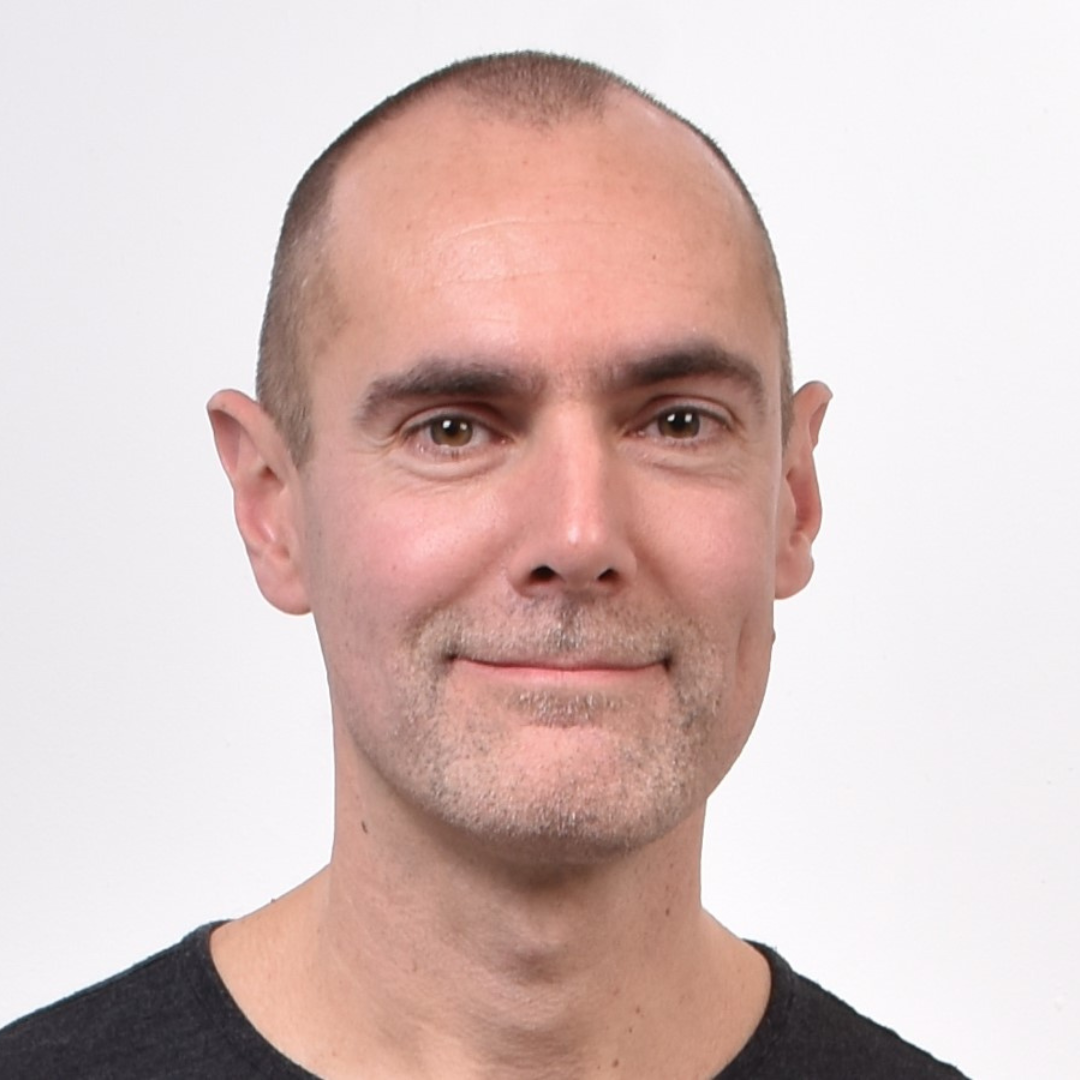
“When you finish a master's degree or a doctorate, you've mastered a subject, but you don't know everything. You have to be sure of yourself, but remember that, above all, you've learned how to learn. It's this posture that will enable us to solve complex problems and avoid easy solutions.”
Suzie Bélanger (Master’s degree in water sciences, 1993)
Mining waste and environmental management expert
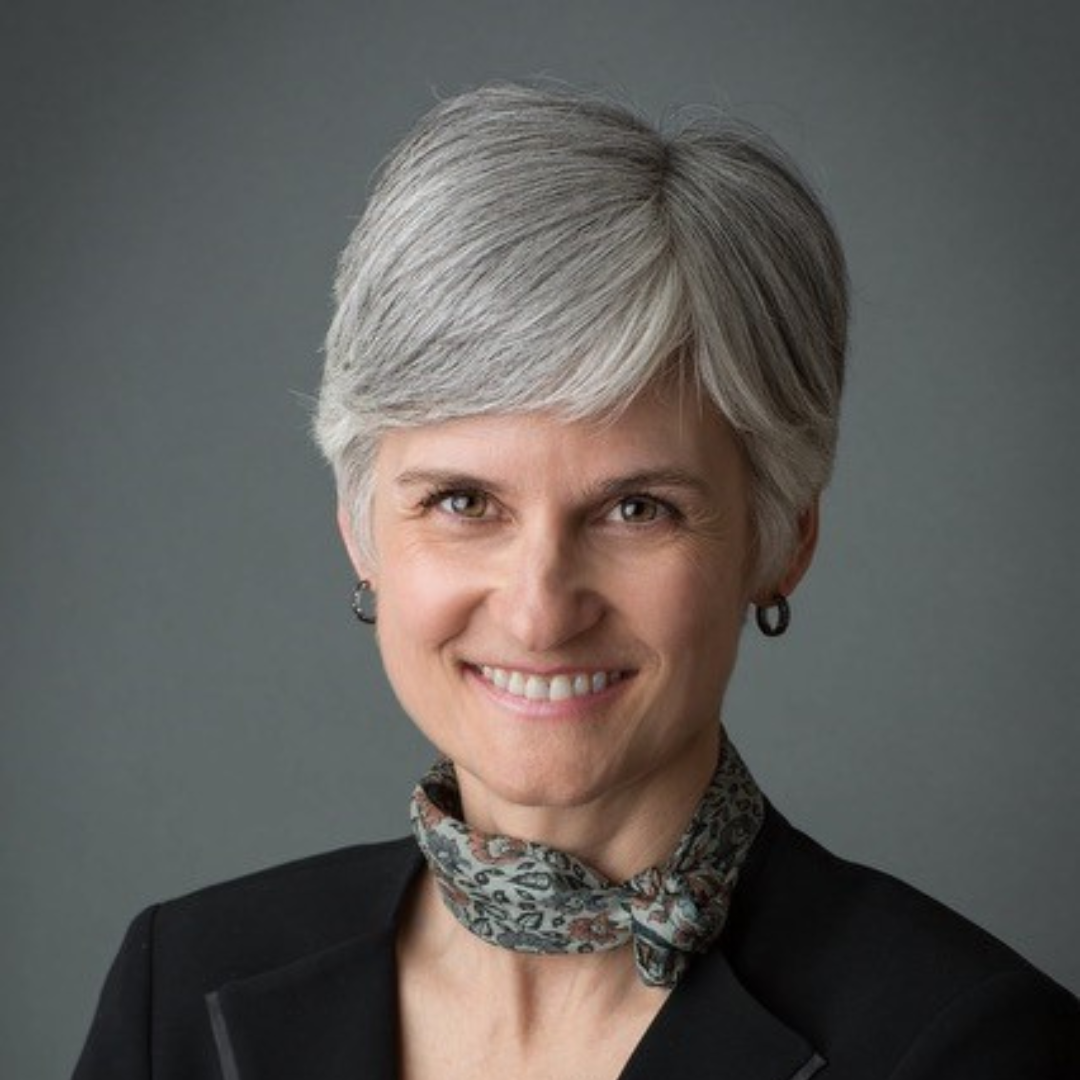
“Back in the day, when I said I was doing a master’s degree in the environment, people would say, ‘Are you going to plant flowers?’ Today, the question is no longer asked!”
Guillaume Grenon (Master's degree in research practices and public action, 2017)
Knowledge transfer advisor, Cégep régional de Lanaudière (CERESO)
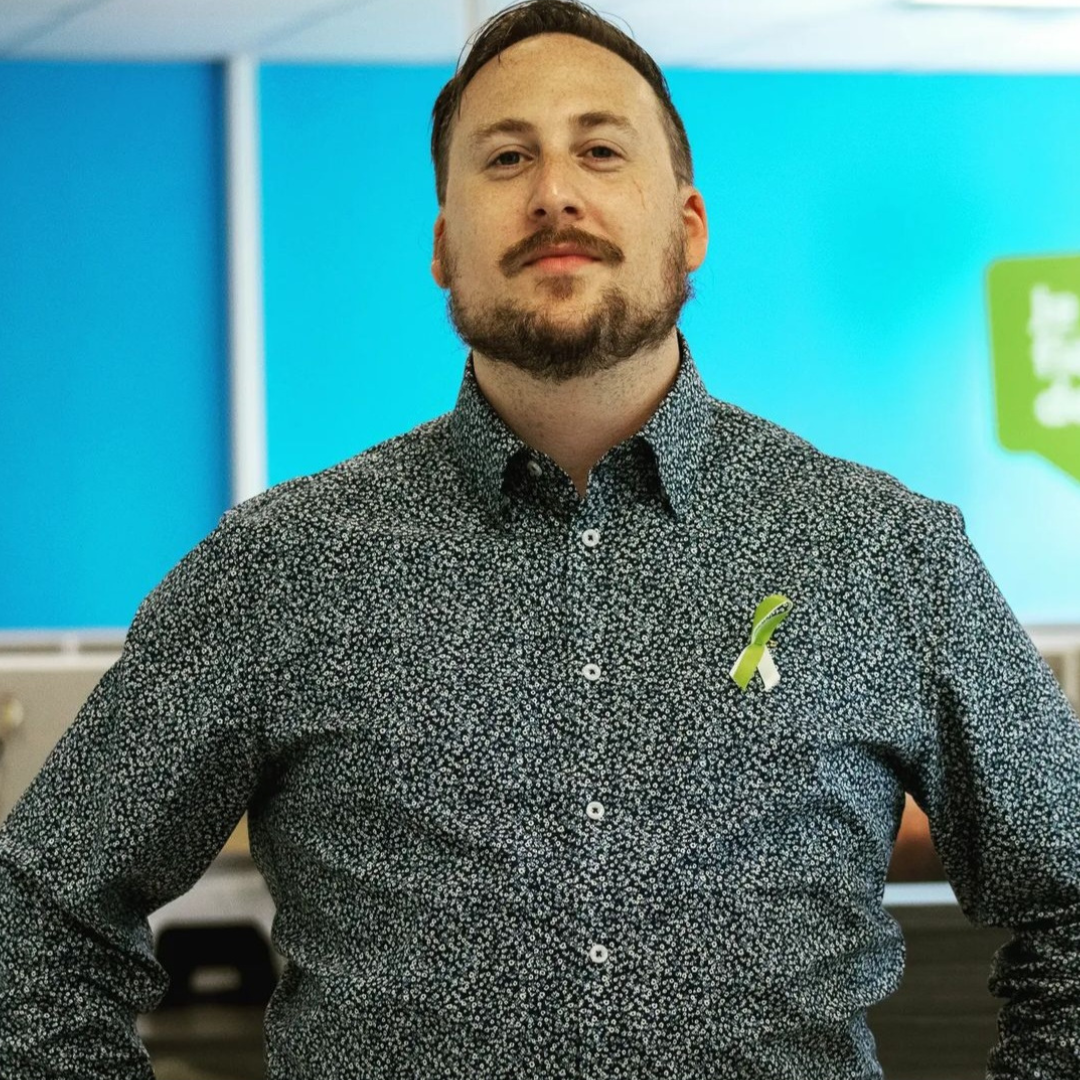
“One of the great strengths of the Centre Urbanisation Culture Société is its close ties with fellow students and teachers. The student community evolves in a professional environment that goes beyond the academic. As a student, this helps you to project yourself onto your career path.”
Simon Barnabé (Ph. D. Water Science, 2005)
Chief Scientific Advisor, City of Victoriaville, and Professor, Université du Québec à Trois-Rivières
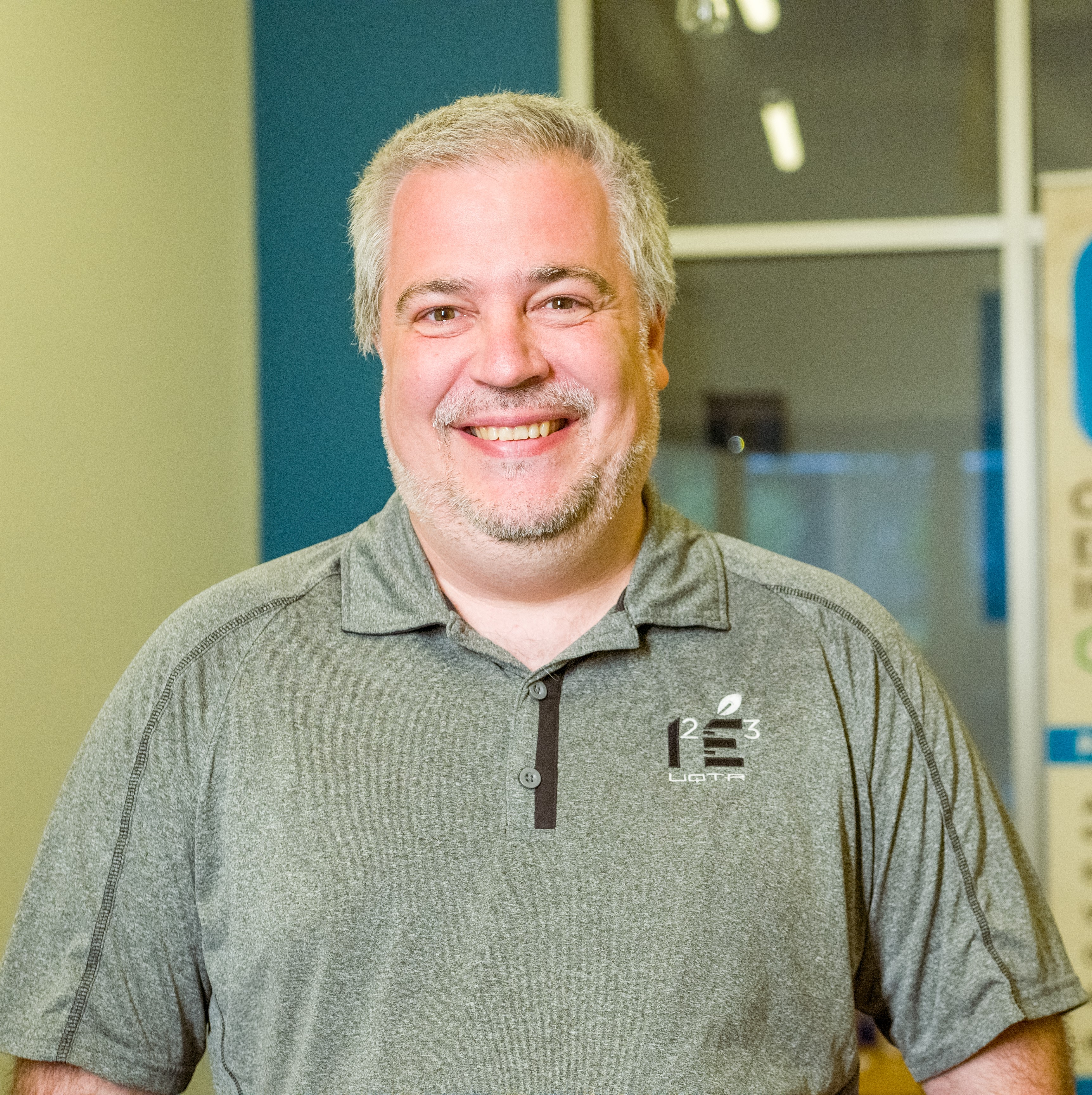
“Soaking up the INRS culture will help me all my life, not only in my career, but also in my personal development, because the scientific approach I acquired at INRS, I apply everywhere, even at the grocery store!”
Mathieu Giguère (Master in Energy and materials sciences, 2010)
Planning Analyst, Canadian Space Agency
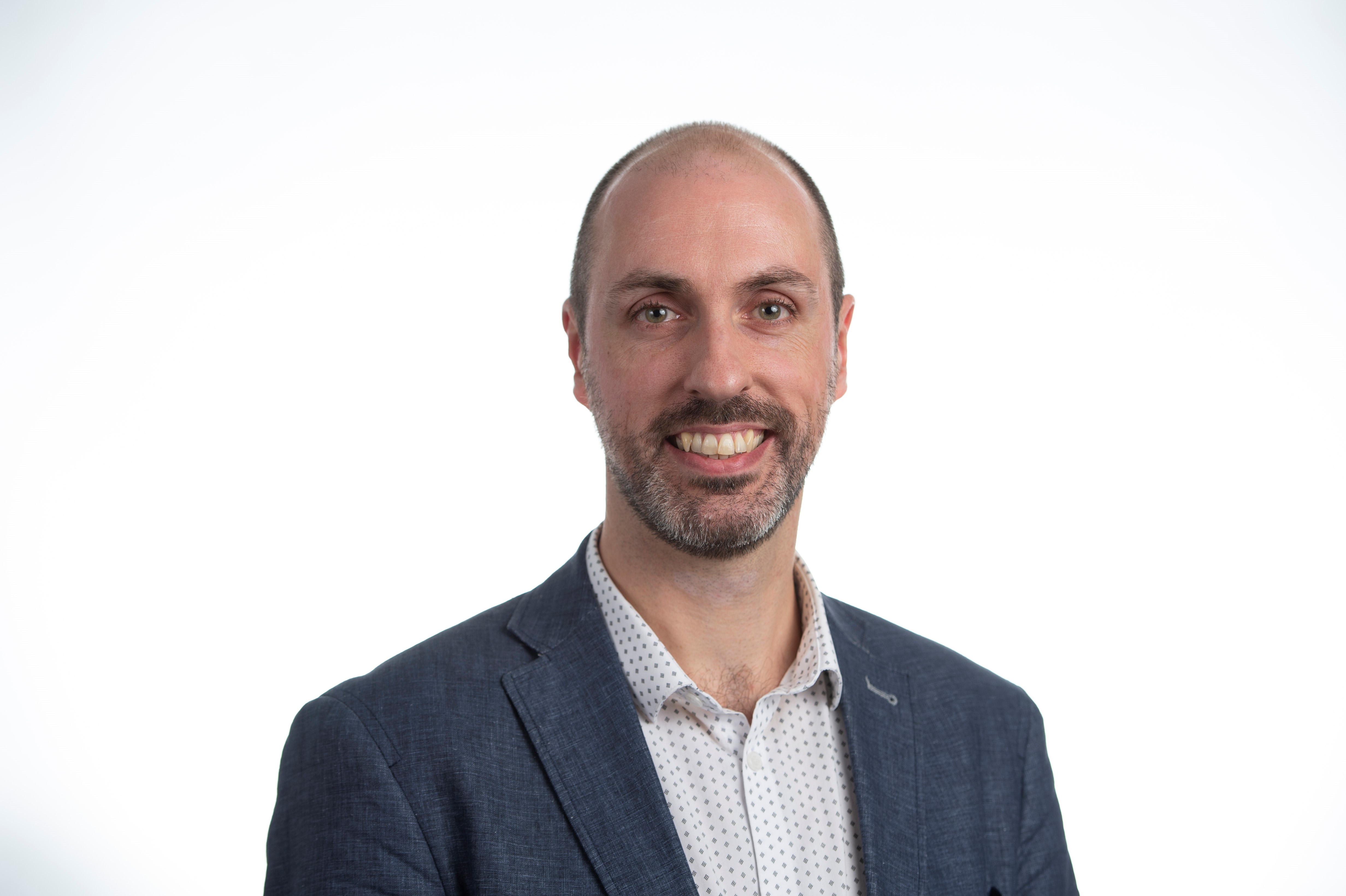
“The ALLS laboratory is a jewel that's too well hidden; research fields abound at INRS and the quality of the work carried out would benefit from being better known.”
Antony Bertrand-Grenier (M. Sc. in energy and biophotonic materials, 2012)
Medical physicist at CIUSSS de la Mauricie-et-du-Centre-du-Québec, associate professor, author and doctoral student in epistemology at Université du Québec à Trois-Rivières (UQTR)
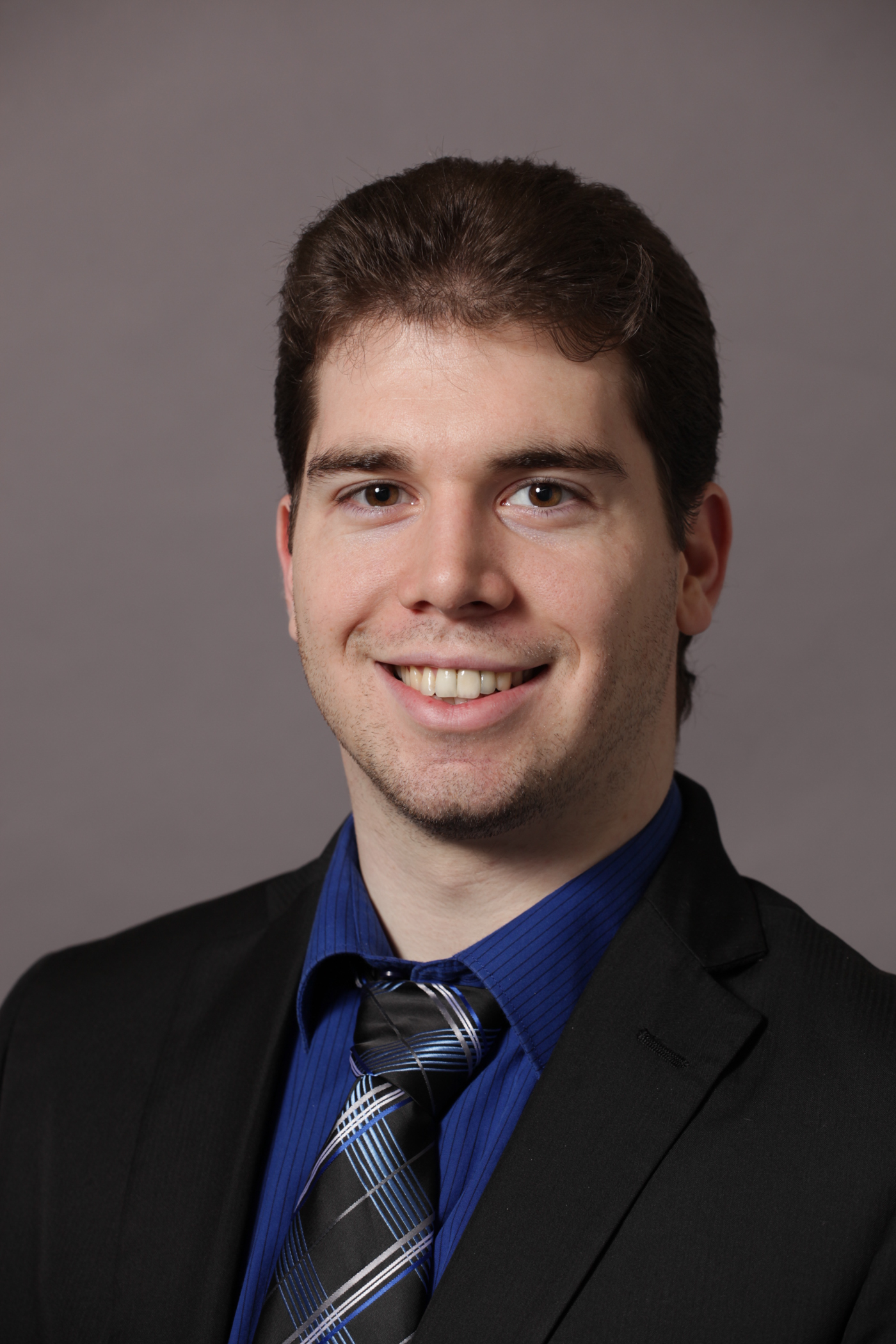
“The prestige of INRS in terms of research excellence, combined with the fact that it exclusively welcomes graduate students, were convincing arguments for choosing this institution. The prospect of joining a community dedicated to research thrilled me enormously.”
Pierre-Alexandre Rochette (PhD in virology and immunology, 2015)
Territory Director, Latin America and the Caribbean, New England Biolabs
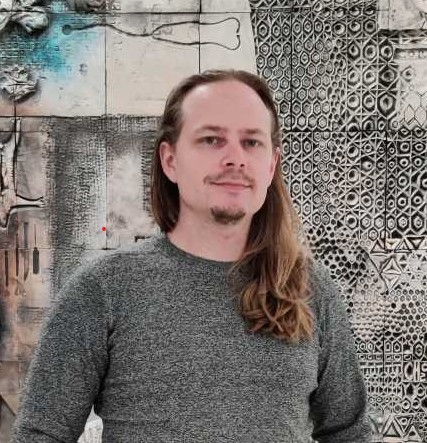
“My experience has taught me that INRS is full of opportunities; all we have to do is go looking for them and seize the synergies that are created with those around us.”
Jacinthe Côté (PhD in biology, 2011)
Senior director, Innovation and R&D, Farinart
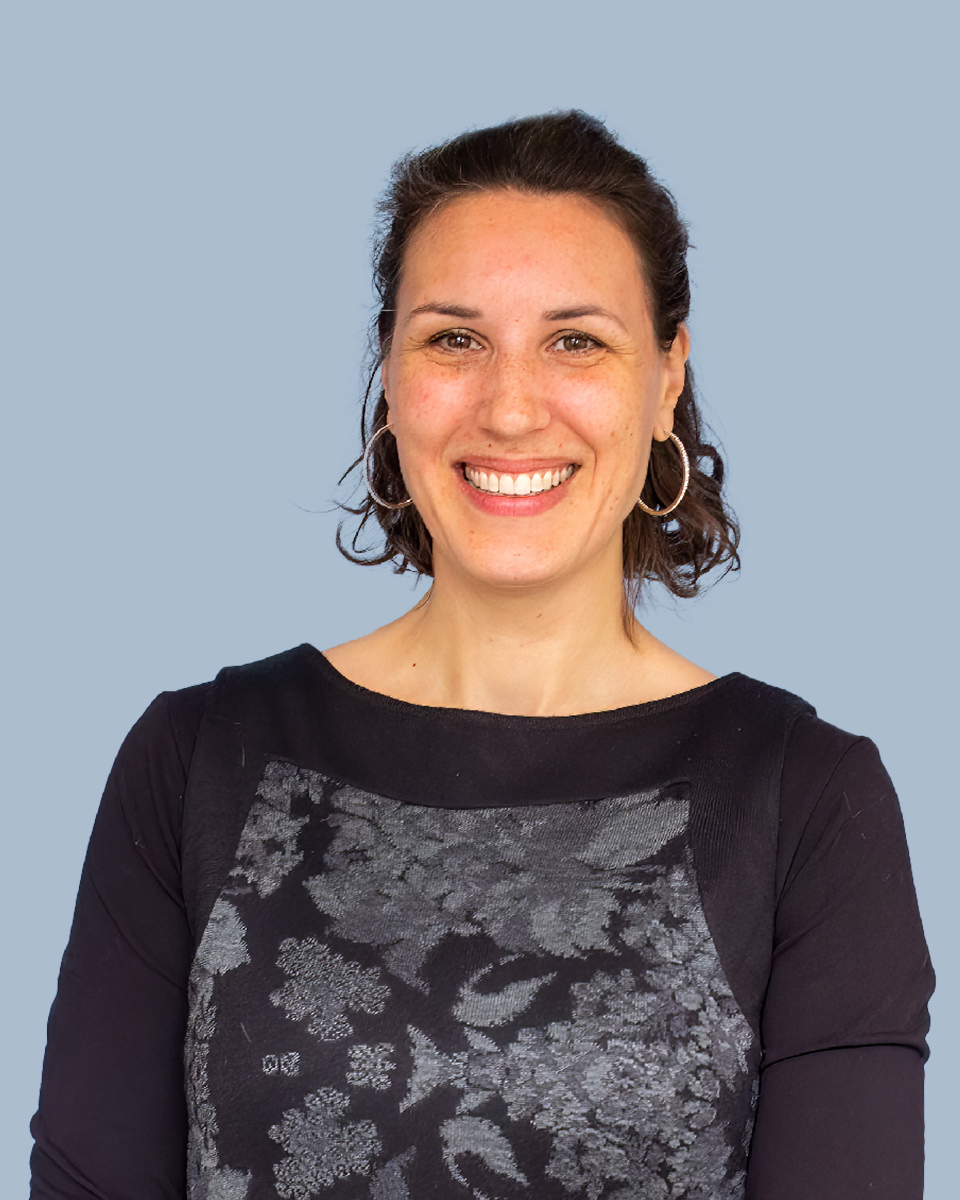
“I noticed that it increased the value of the words that came out of my mouth. In the end, the PhD allowed me to do a lot of things that weren’t on my original path.”
Jérémy Gelb (Ph.D. in urban studies, 2022)
Urban and spatial data analyst, Autorité régionale de transport métropolitain (ARTM)
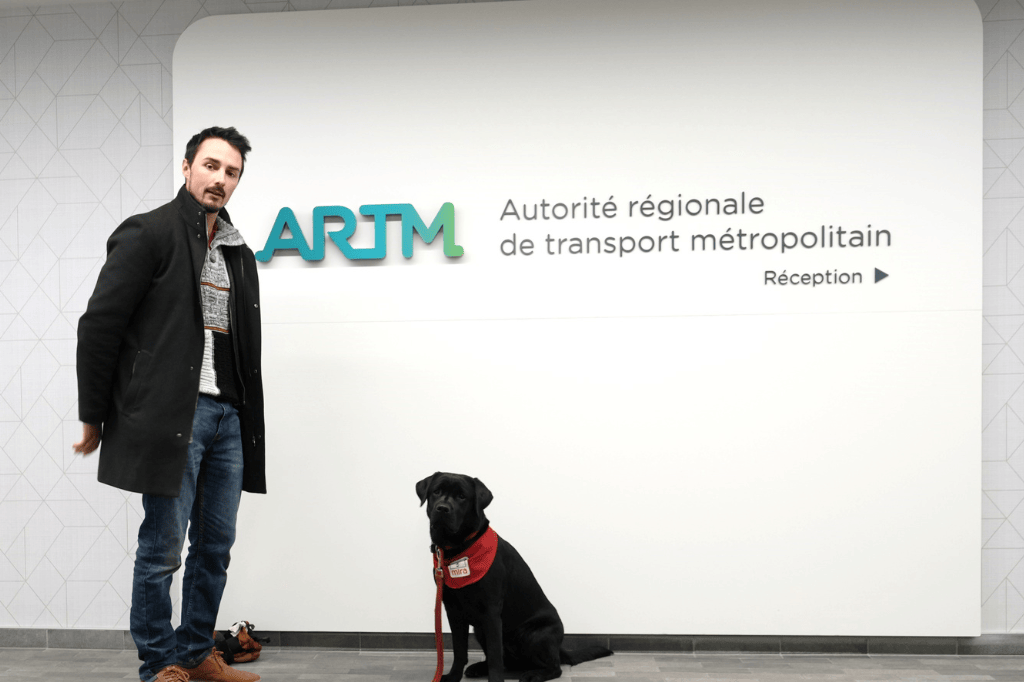
“Cultivate an open mind, be curious and critical, explore different paths and don't hesitate to take chances.”
Eric Bergeron (master’s in telecommunications, 1995)
Founder and CEO, Flyscan Systems
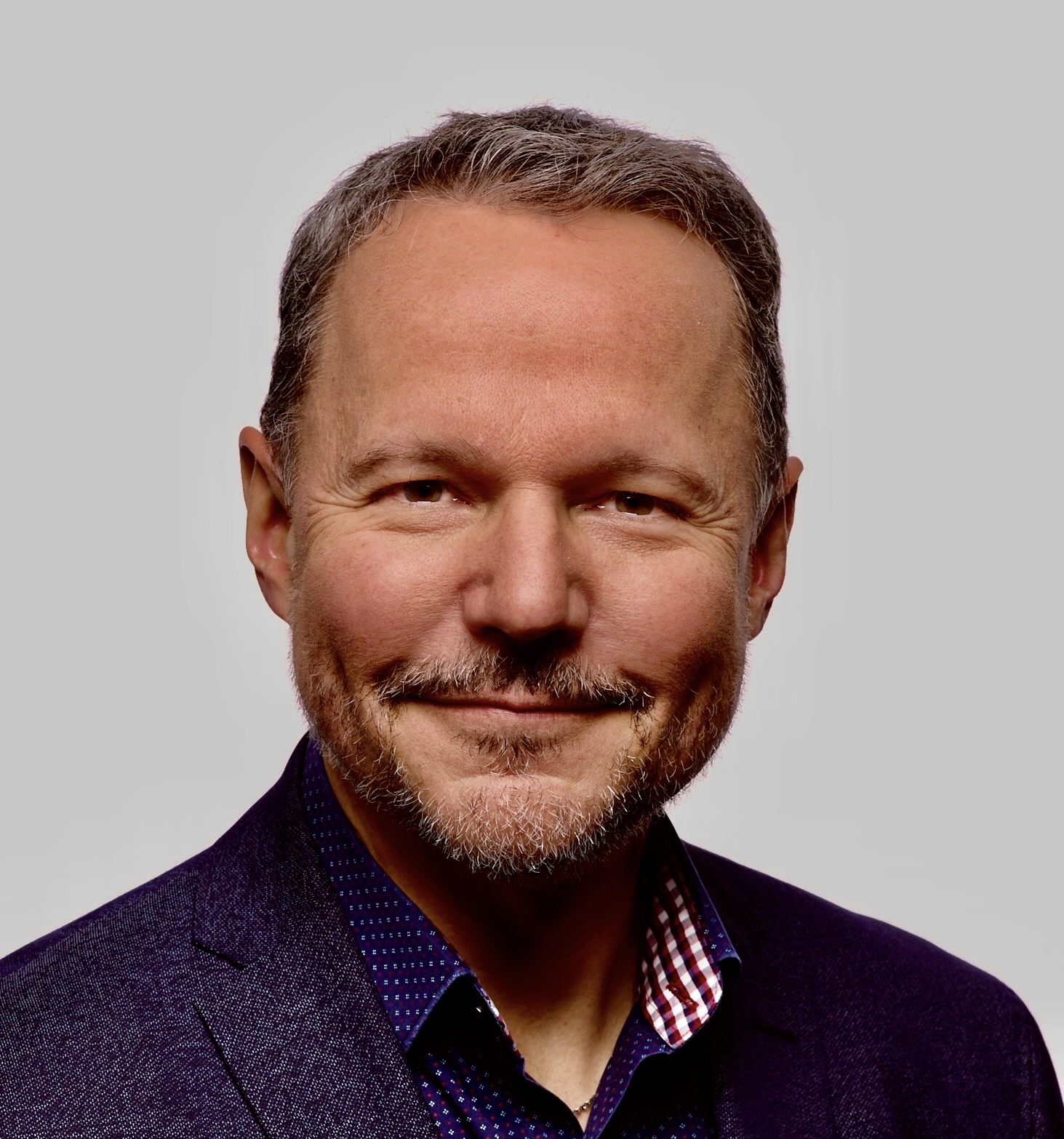
“Like hockey, entrepreneurship is a young person’s sport. You’re not too young to start a business. On the contrary, the younger you are if you experience failure, the more you can pick yourself up and build on that experience to start afresh.”
Annie Poulin (Ph.D. Water sciences, 2008)
Professor at École de technologie supérieure, Construction engineering department
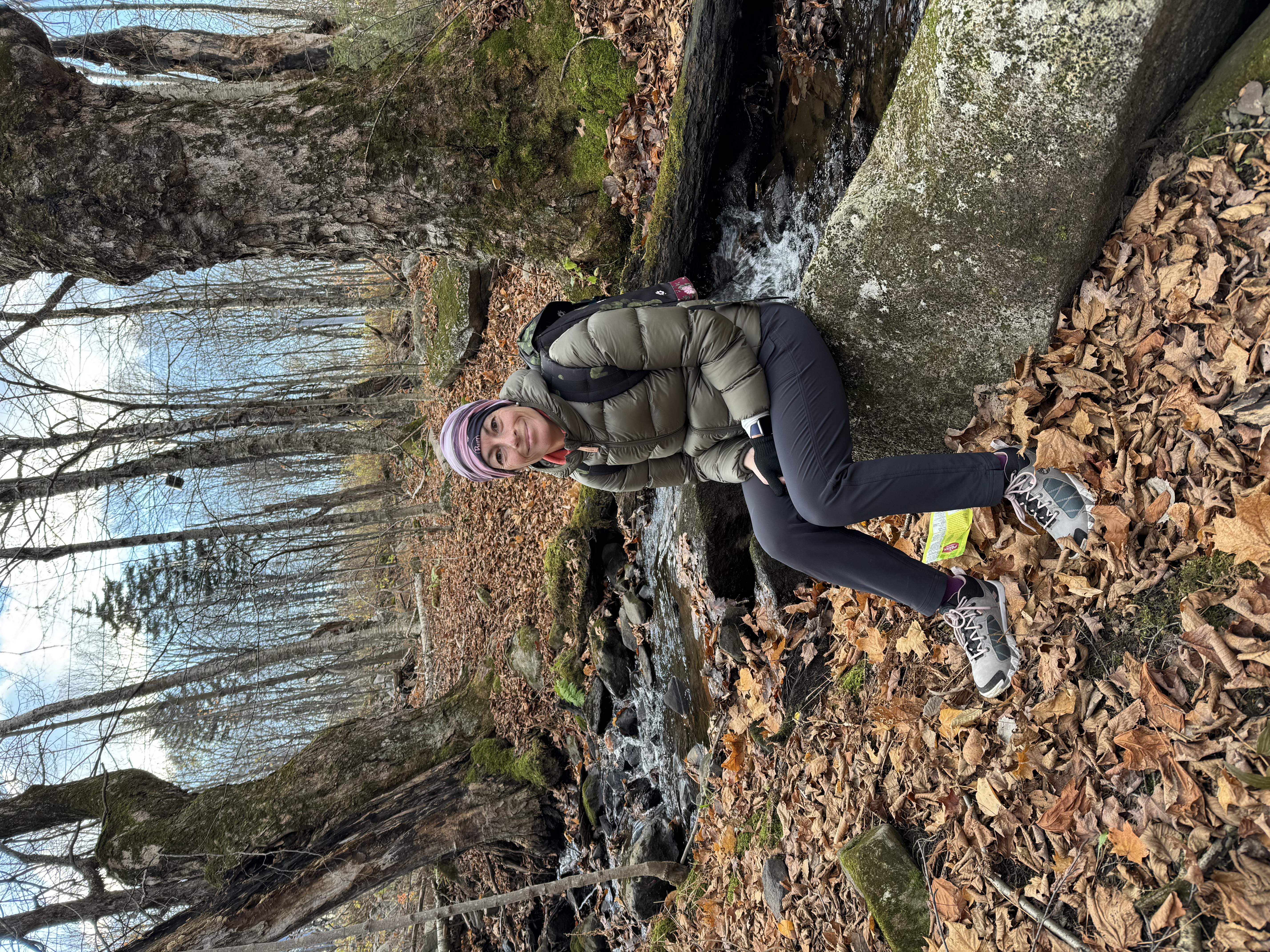
“That’s exactly what I needed — people who believed in me, who saw bigger than me and in my abilities. Every time I spoke to my mentors, they challenged me more and more, emphasizing my potential to become a researcher. So, I took the opportunity!”
Jean Philippe Chenel (master’s and Ph.D. Water sciences, 2005 and 2011)
Director of Innovation, Consortium for Research and Innovation in Industrial Bioprocesses in Quebec (CRIBIQ)
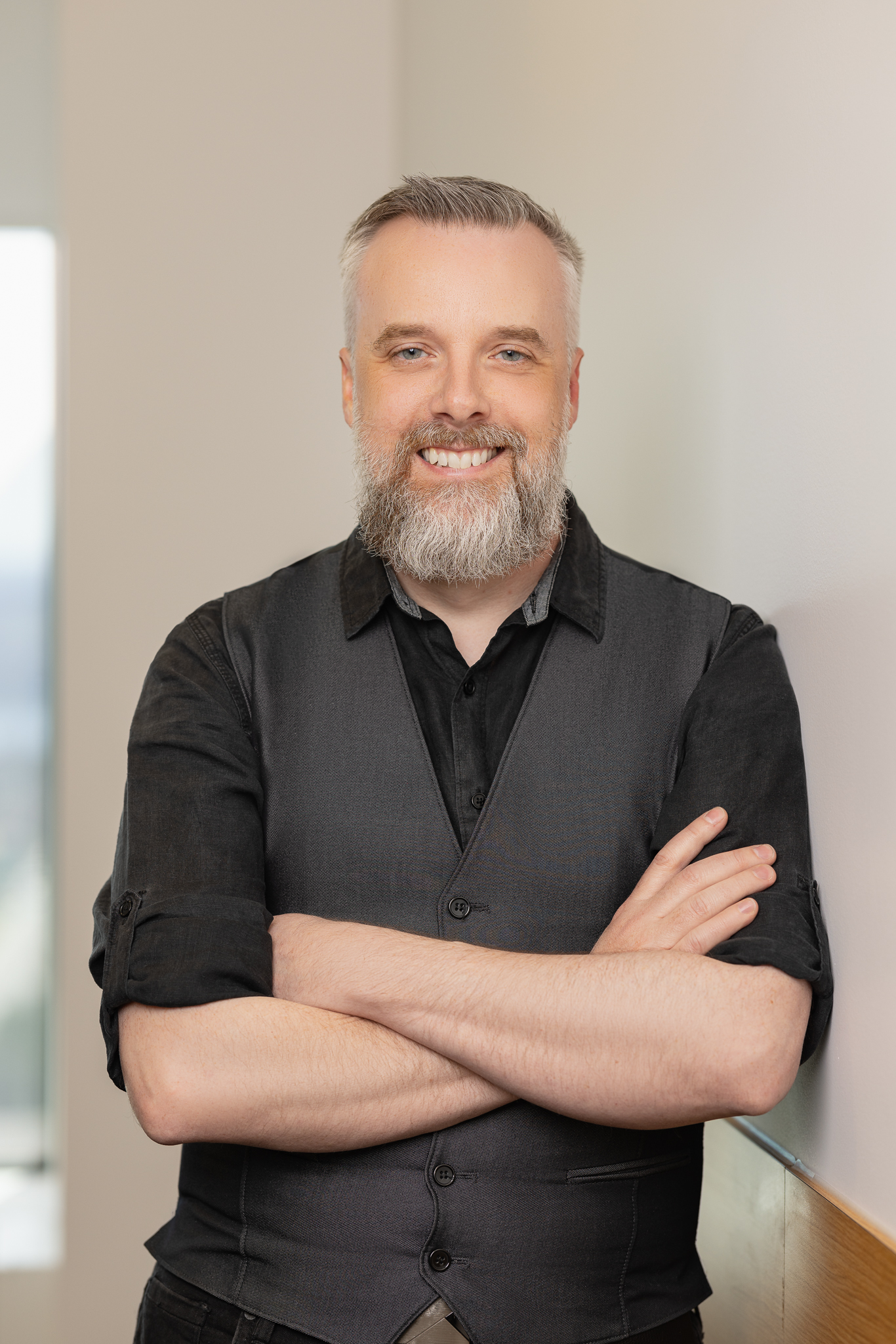
“At INRS, the students do their own research. We use the tools in the laboratory and do our own experiments. You understand better and learn so much more by doing everything yourself.”
Bélinda Crobeddu (Ph.D. biology, 2023)
Research Advisor, Collège Montmorency
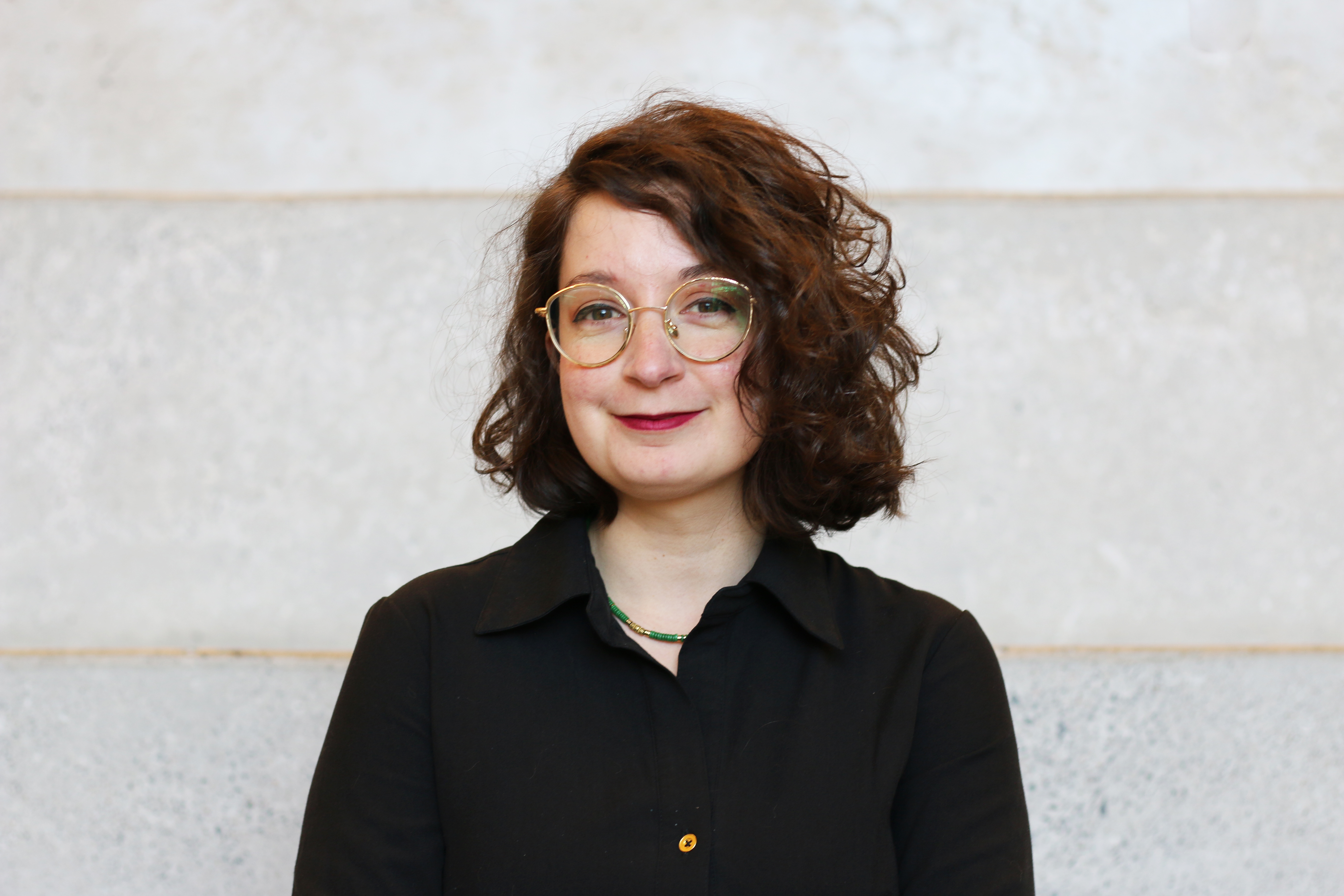
“INRS was a revelation for me. I felt like a person and not just another number among thousands. ”
Audrey Maheu (Ph.D. Water sciences, 2016)
Professor-researcher at Université du Québec en Outaouais
Department of Natural Sciences
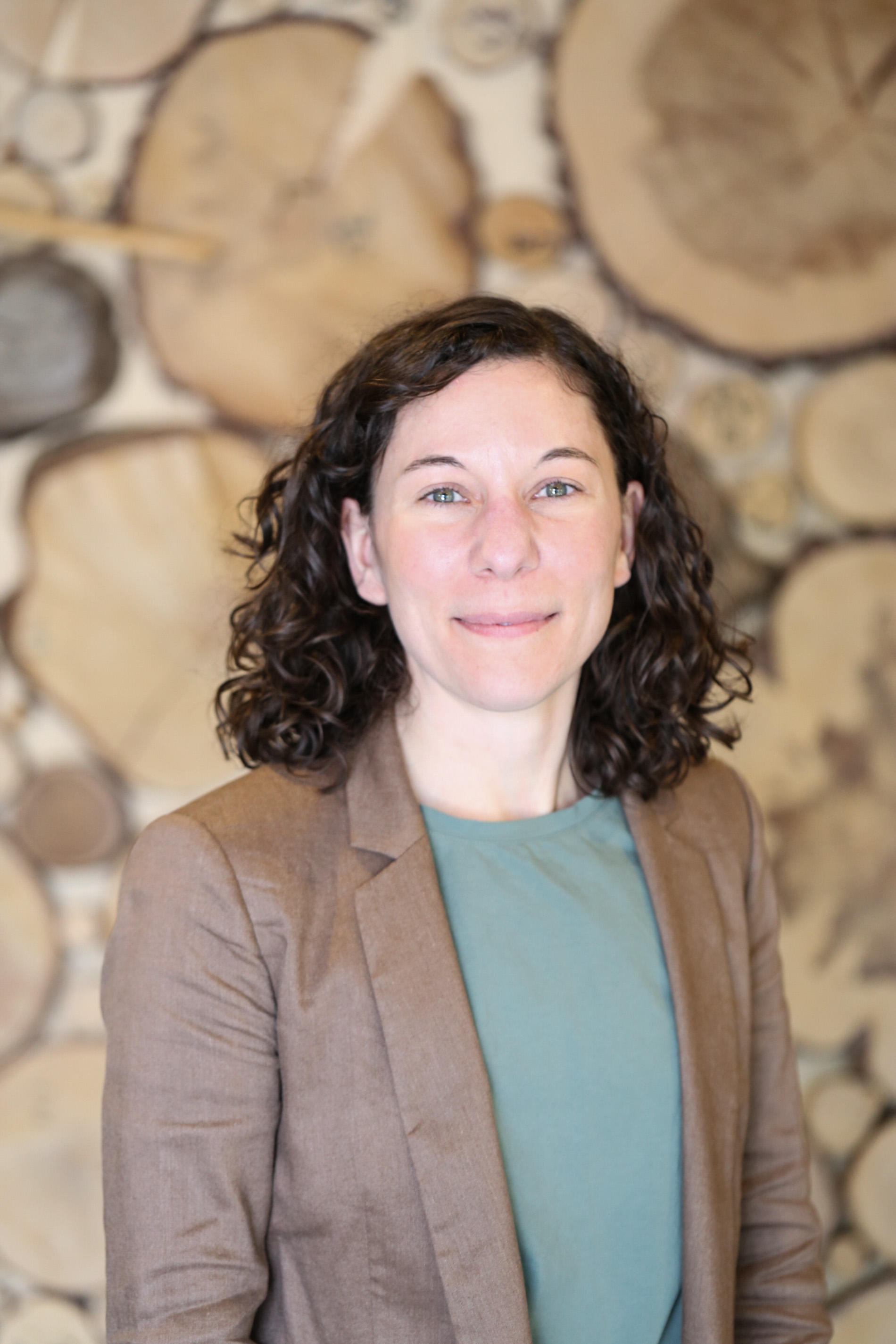
“Asking questions, exploring new ideas and looking for answers, that's what I'm passionate about.”
Marc-André St-Yves
Master’s in knowledge mobilisation and transfer, 2022
Managing director and senior partner, Guérilla innovation
LEAD Research and innovation, Espace-inc
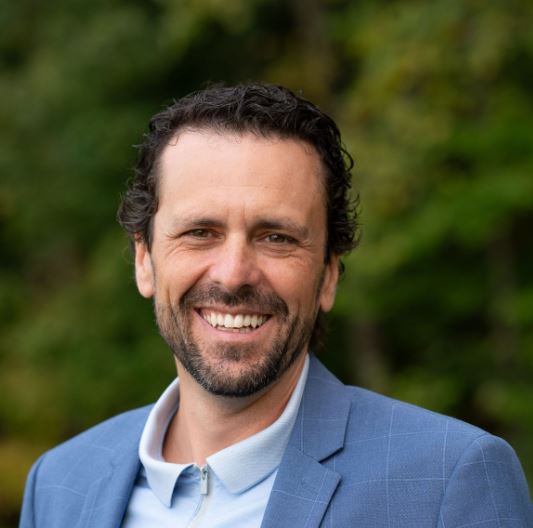
“Throughout my Master’s degree, and thanks to the path proposed by each of the committed and passionate professors, I have been able to acquire knowledge that has enabled me to develop new key skills for navigating the social interface of research and innovation. The knowledge transfer and mobilization programme is nothing less than a transformative framework for me.”
Tarek Rouissi (Ph.D. Water sciences, 2012)
Professor at Institut national de la recherche scientifique
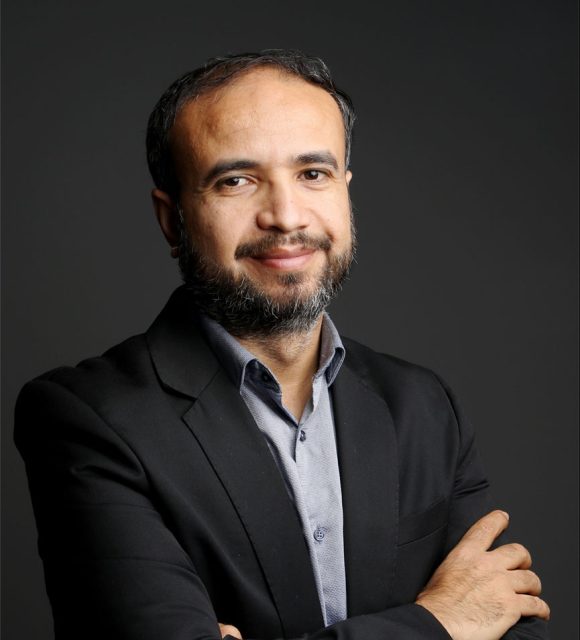
“My years as a student have been nothing short of exceptional. I've been fortunate to work with dedicated, attentive teams who are always ready to train and support students, which is one of INRS's strong points.”
Sandra Imbeault (Ph.D. Water sciences, 2005)
Certified chemist and microbiologist,
Service de la gestion de l’eau, Division Laboratoires, Ville de Laval
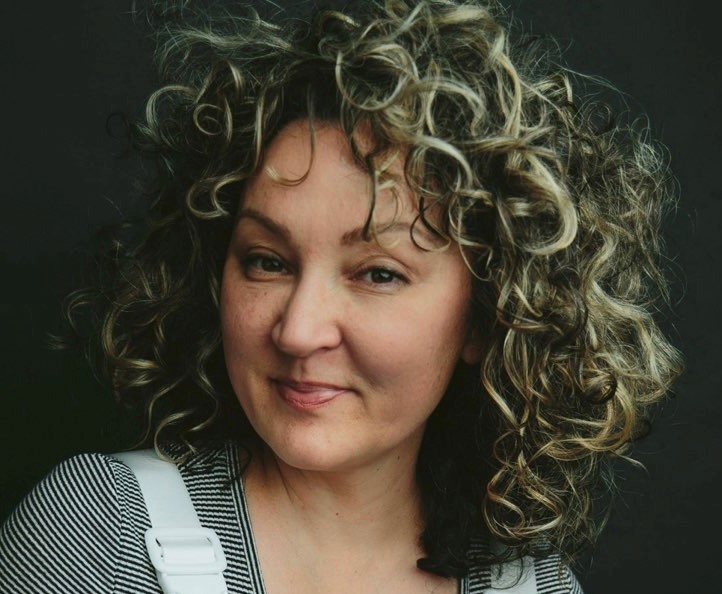
“The INRS is a great family. I’d like to thank everyone I’ve worked with, and I hope to have the pleasure of brainstorming together again in the future.”
Antonin Labossière (M. Sc. in urban studies, 2012)
Partner at Rayside Labossière
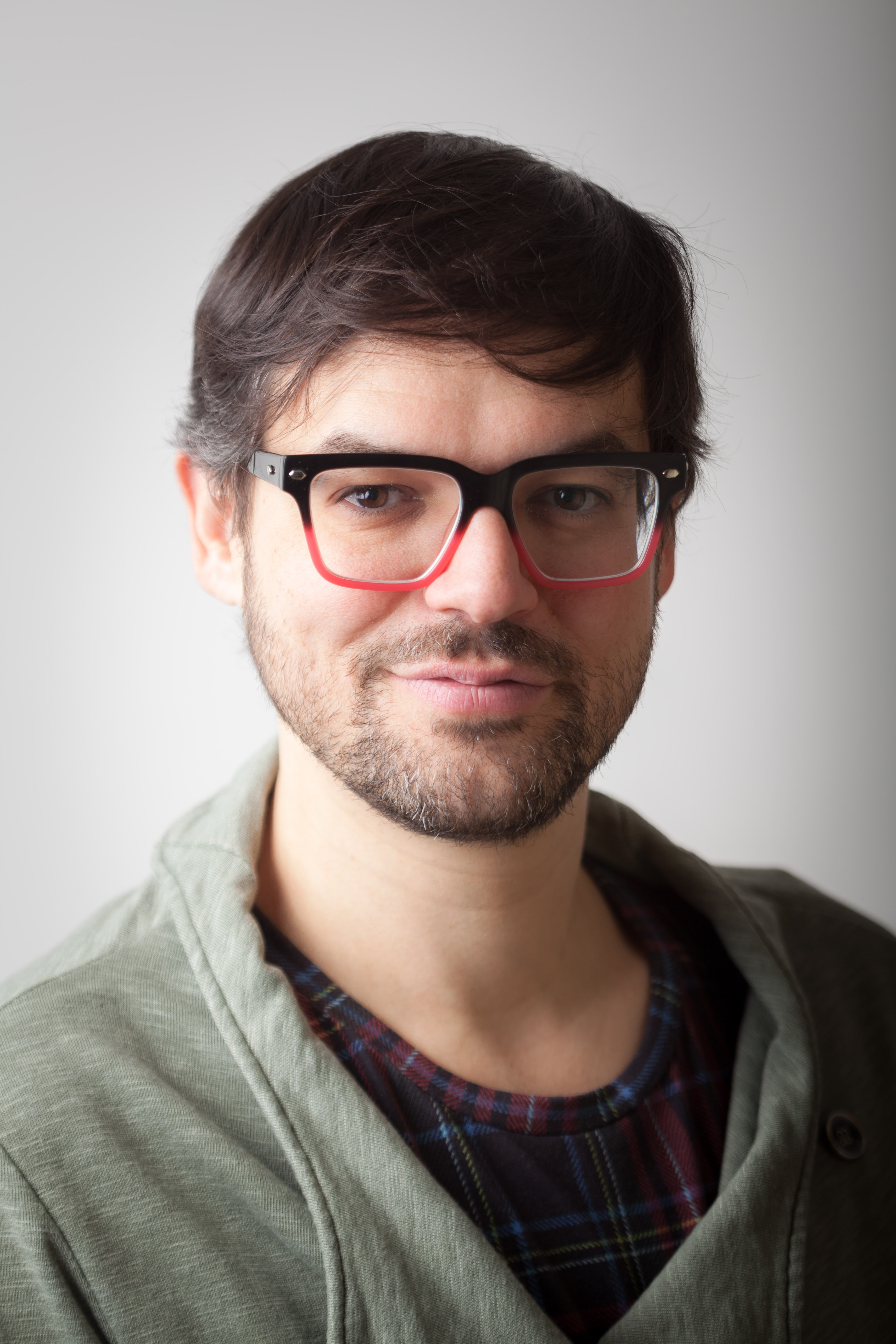
“For me, the contribution to the city goes far beyond the built environment. It’s in the way people live and occupy space that’s interesting. There are so many other ways to read a city, not just through architectural heritage, but through a more complete understanding of its cultural particularities, identity and social dynamics.”
Marie-Odile Melançon (M. Sc. in urban studies, 2019)
Division Manager - Service de la Culture, Ville de Montréal
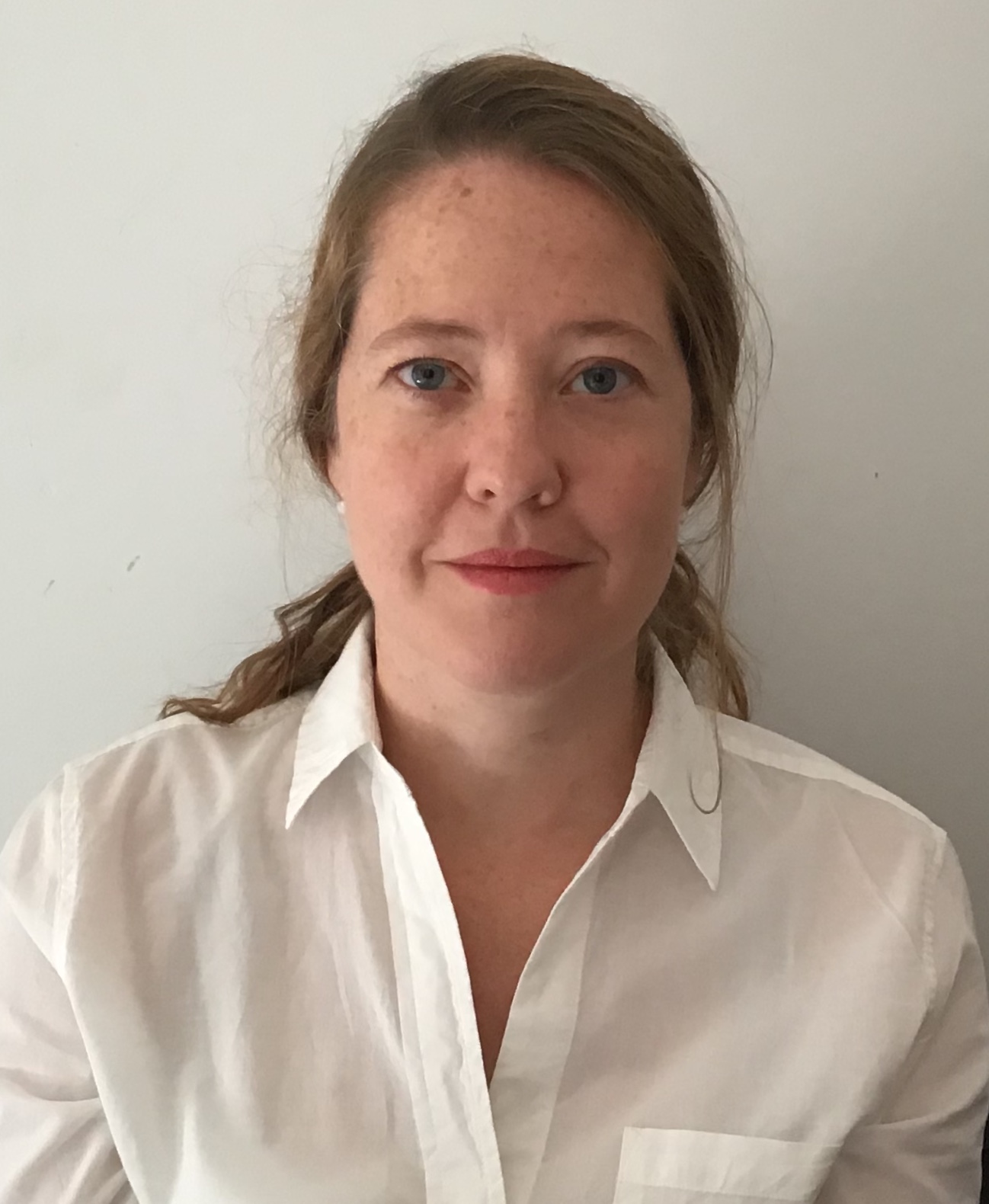
“INRS is a small university in terms of size, but it has a global outlook and that is a strength. The rigour of the analysis of research work is something that I was able to really develop at the UCS centre, as well as the issues linked to the field of culture.”
Oussama Moutanabbir (Ph.D. Energy and materials sciences, 2005)
Full Professor, Department of physics engineering, Polytechnique Montréal
“My journey at INRS has taught me to distance myself from fashionable subjects and focus instead on my ability to provide answers to fundamental questions, to make a contribution that has an impact on society.”
Claudie Noël (M.Sc. in experimental health sciences, 2016)
Senior Director, Operations, Montréal InVivo
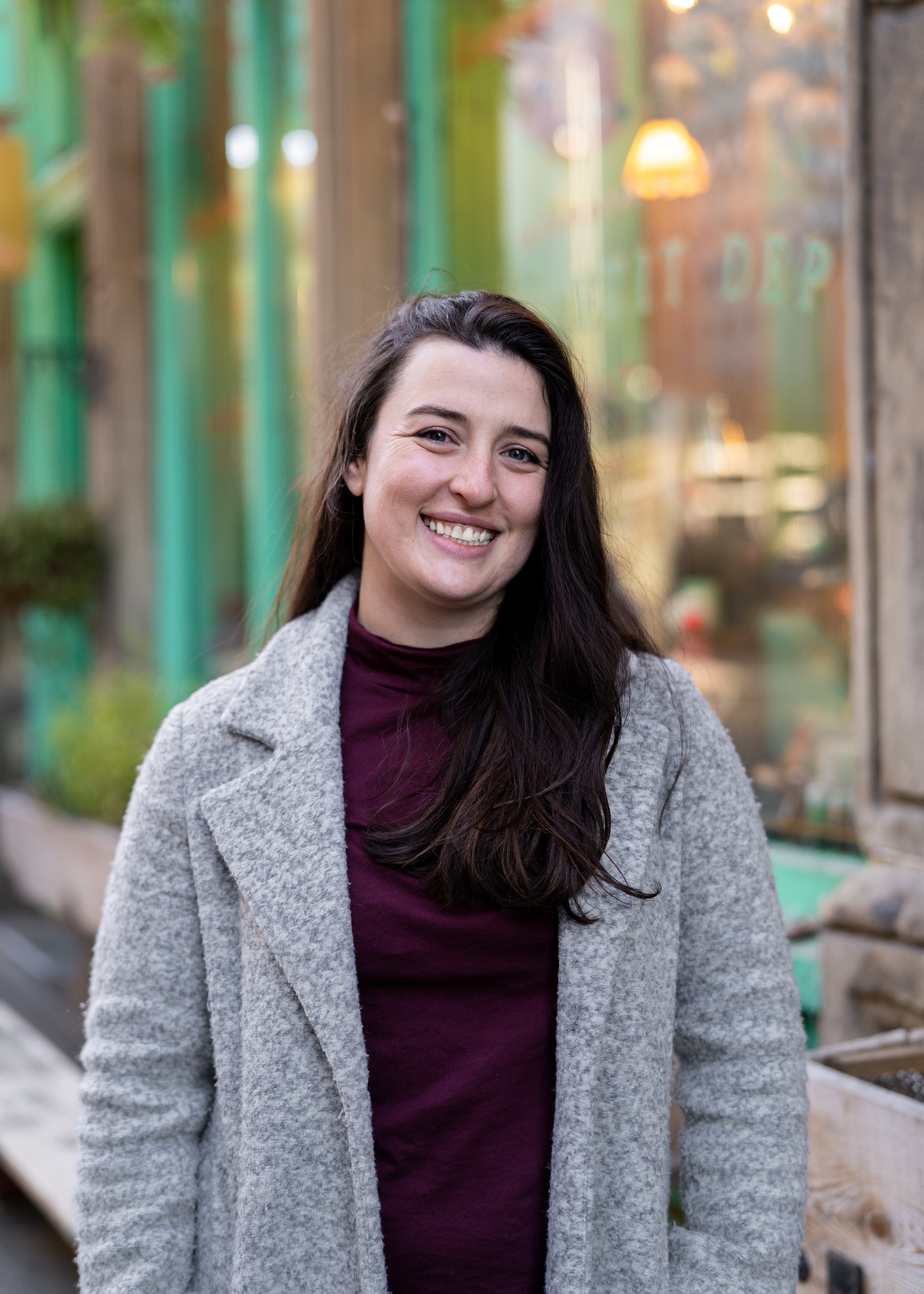
“You have to dare, explore, make yourself known, seize opportunities and take your place. There is no perfect path. But you have to persevere and learn constantly, while having fun.”
Silvana Jananji (M. Sc. (2004) in Virology and Immunology)
In vitro Pharmacology Scientist, Ventus Therapeutics
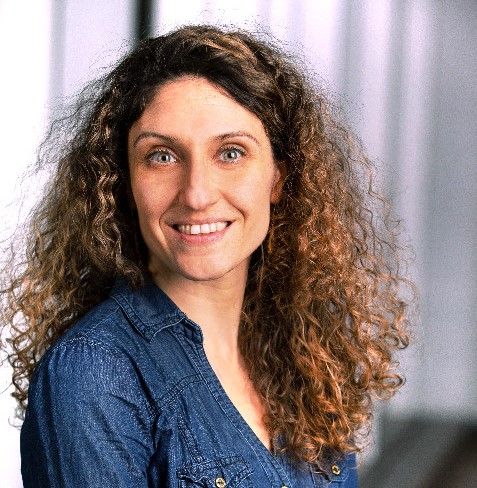
“Problem solving, communication and scientific outreach skills are qualities I was able to develop during my time at INRS and have been essential to my development as a scientist.”
Rimeh Daghrir (M.Sc. (2010) and Ph.D. (2013) in water sciences)
Applied sciences research advisor, Université de Montréal
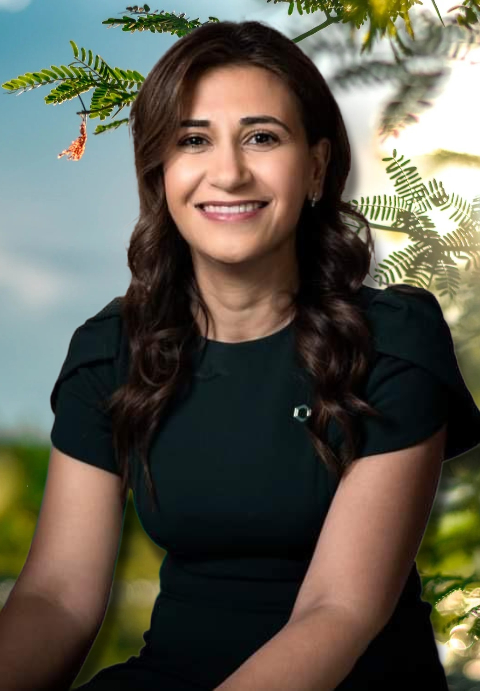
“My time at INRS has taught me the importance of having a collaborative spirit, not only in research, but in any project. To evolve, succeed and innovate, you have to involve others.”
Vincent Laderriere (PhD in water sciences, 2022)
Researcher in soil ecology, Centre National de Recherche Scientifique (CNRS)
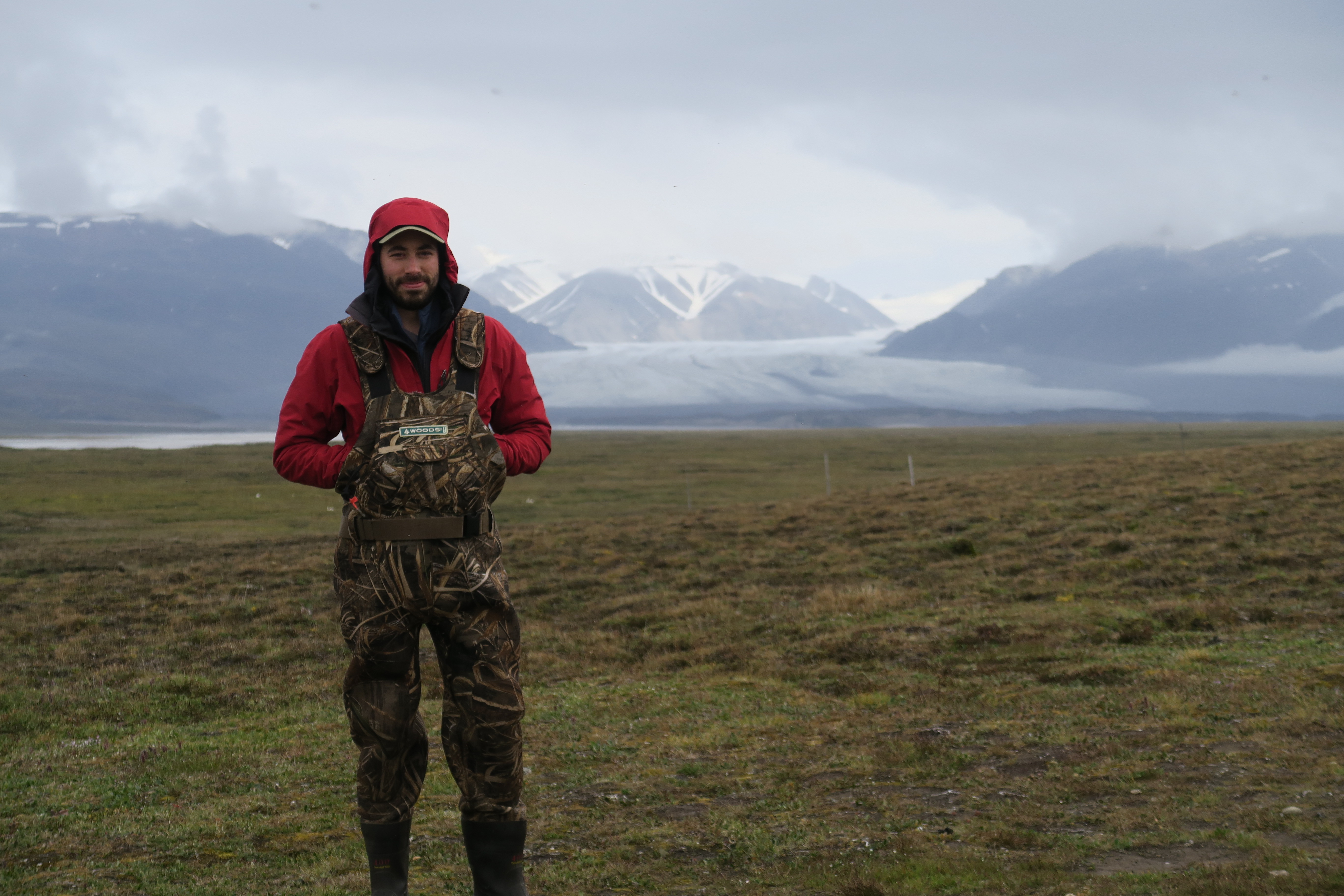
“You have to take advantage of what I call the right to wander. Studying is an opportunity. Even more so in an environment like INRS where many scientific disciplines come together.”
Yassine Ouarda (M. Sc. 2014 and PhD in water sciences, 2020)
Project Leader in water treatment , Enviro-Experts
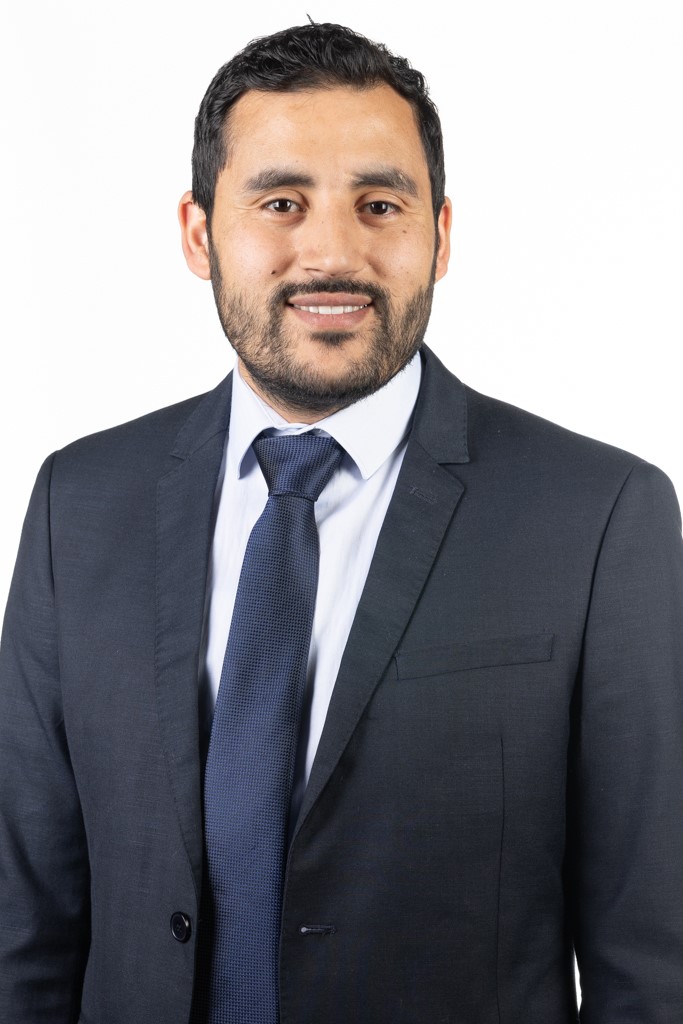
“If I had to offer one piece of advice to current and future students, it would be to develop and maintain a good network of contacts. It is essential to nurture good relationships with your colleagues and share your experiences with others. It’s an invaluable resource especially in preparation for a scientific career.”
Philippe Rivet (M.Sc. in urban studies, 2004)
Team Leader, social development and monitoring, Communauté métropolitaine de Montréal
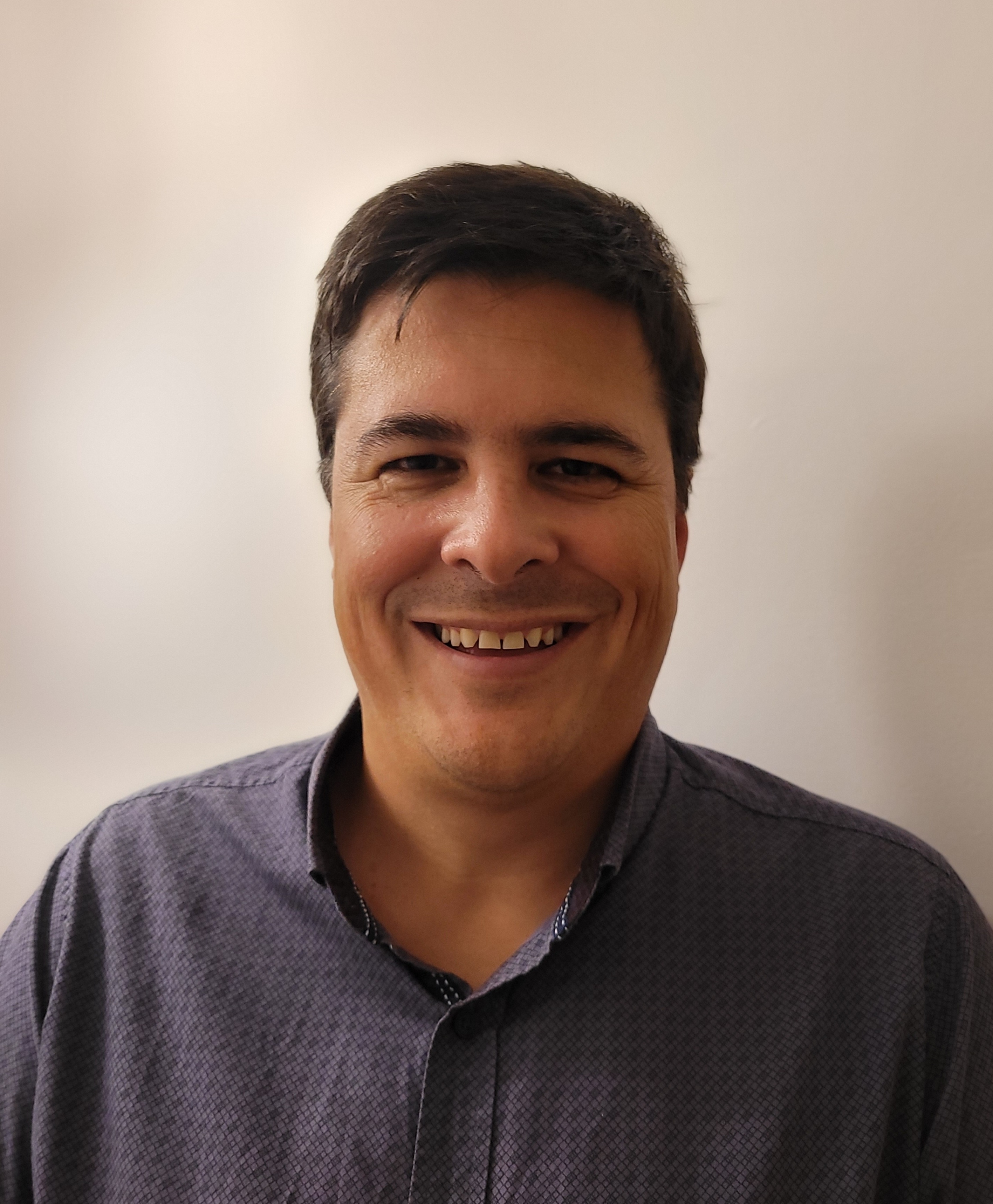
“Research, which sheds light on both the good and the not-so-good, is essential to the development of our cities, and INRS is relevant in preparing high-level, interdisciplinary researchers ready to face these major societal challenges.”
Gervais N. Kamga (PhD, Telecommunications, 2018)
Founder and CEO, Move to Top
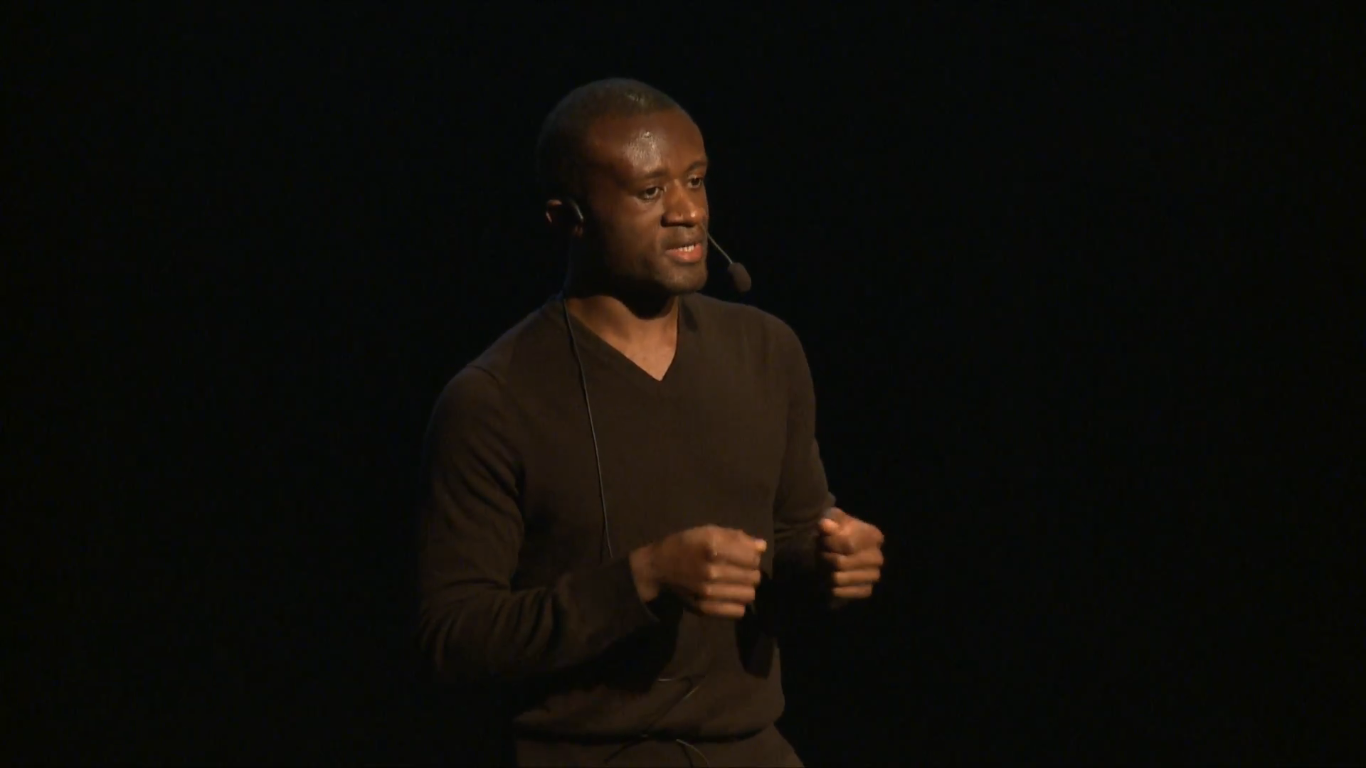
“The Énergie Matériaux Télécommunications research centre offers a stimulating and encouraging environment. It has allowed me to excel. I have made a lot of progress on all levels. Not only in terms of academic development, but also on a personal, professional and entrepreneurial level.”
Marilyne Labrie (PhD, Virology and immunology, 2016)
Assistant Professor, Université de Sherbrooke
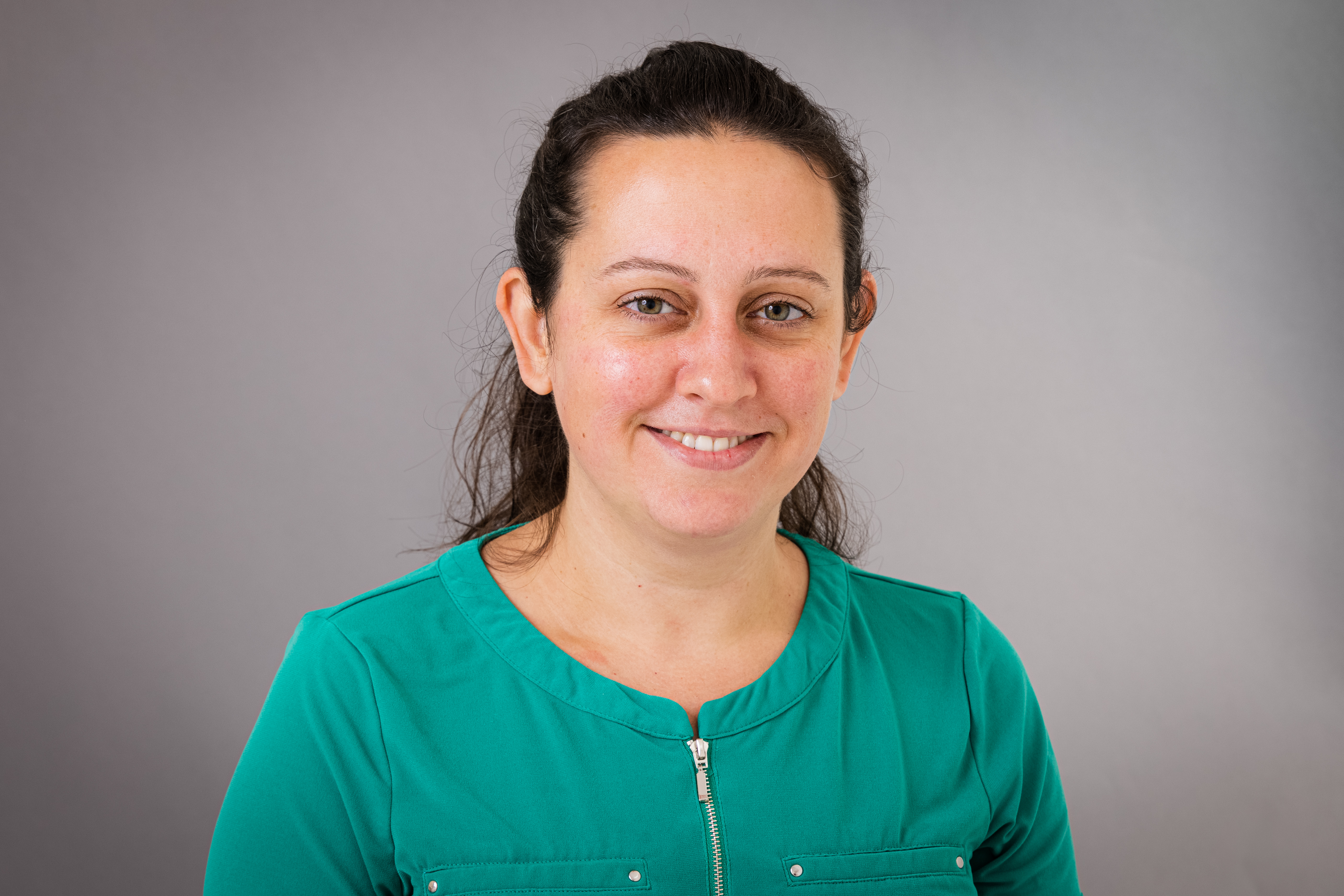
“I was quickly charmed by the Centre Armand-Frappier Santé Biotechnology research center, an ideal place for me because of its human size, friendly energy and collaborative work, as well as the support of the technicians working on the research platforms.”
Carolina Sanabria Solano (M.Sc. 2012 and PhD in virology and immunology, 2016)
Plant Science Manager, Lufa Farms
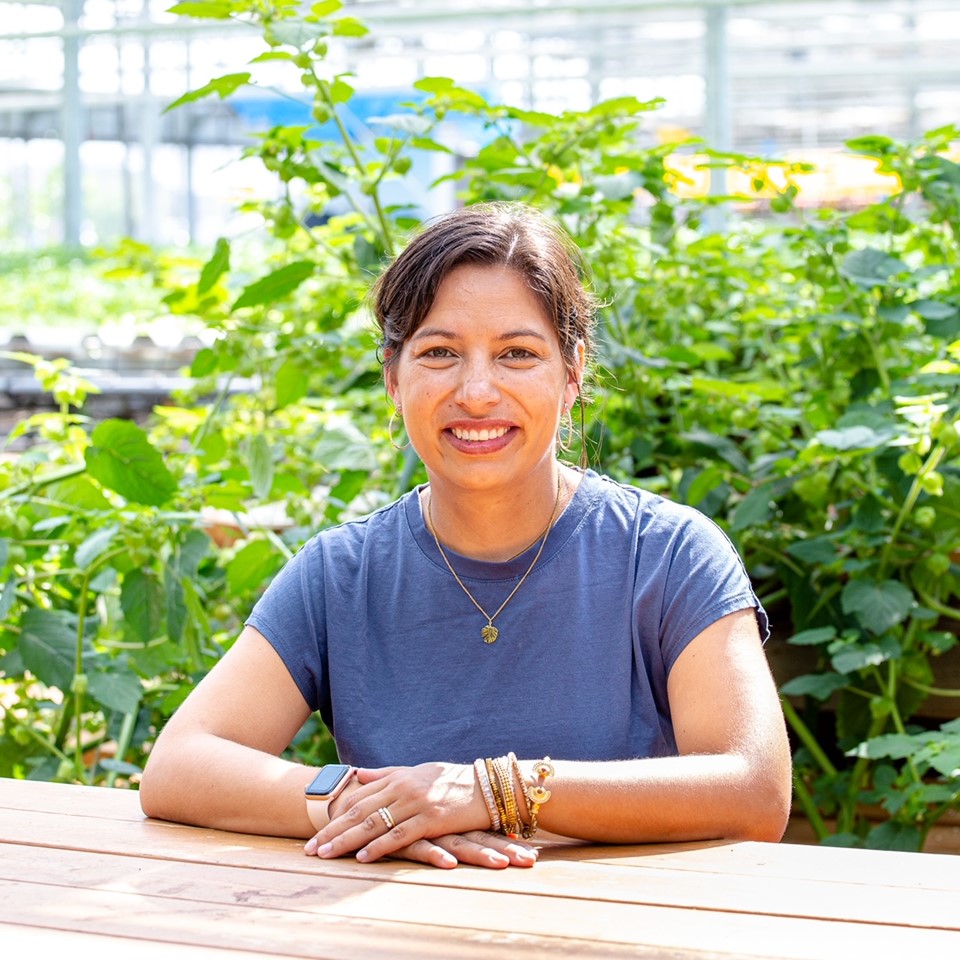
“It is because of what I learned at INRS that I became the scientist I am today.”
Frédéric Bouchard (PhD, Earth sciences, 2013)
Assistant Professor, Department of Applied Geomatics, Université de Sherbrooke
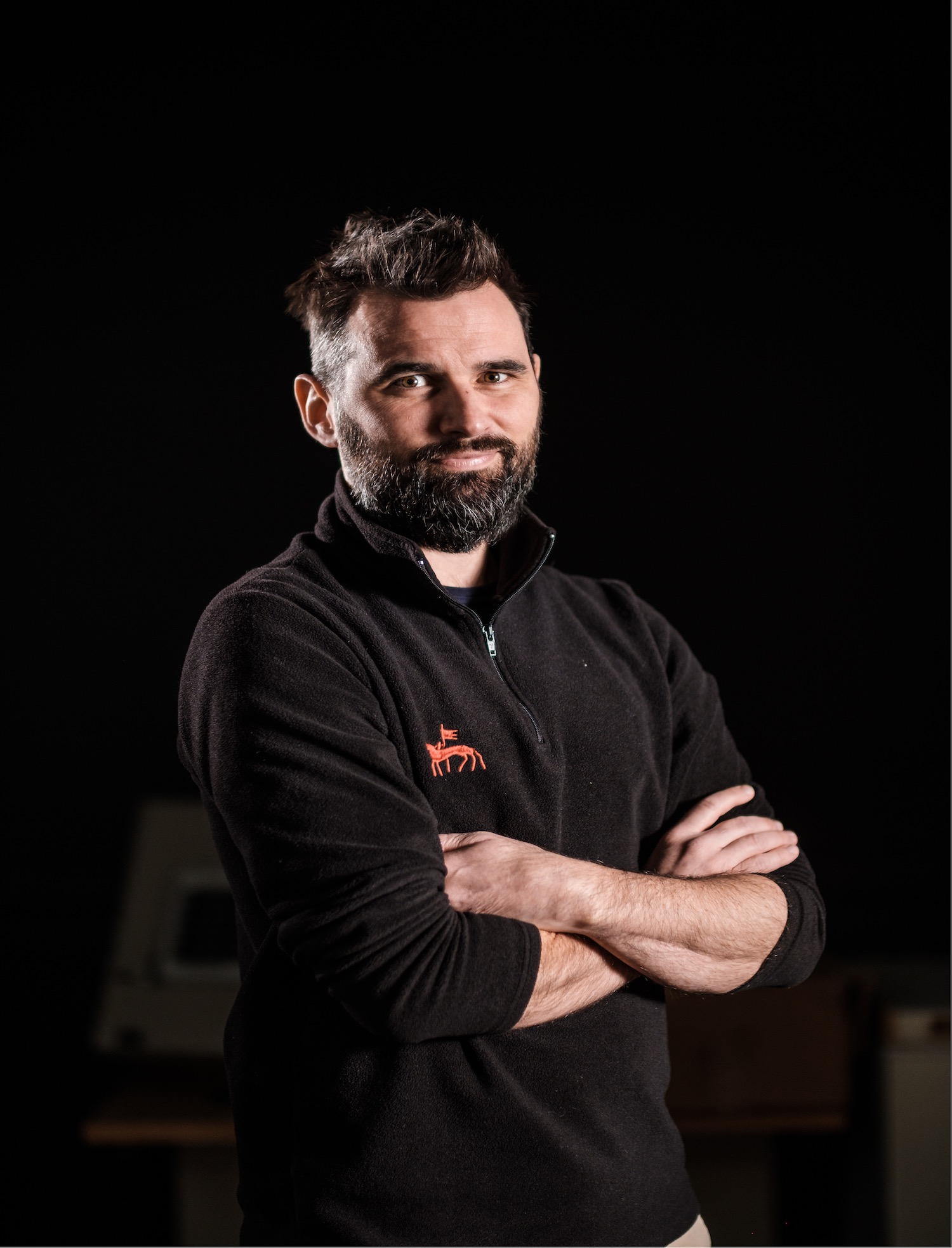
“INRS has great advantages: a good scientific and human experience and access at all times to ultra-modern laboratories equipped with all the equipment needed to perform analyses in an efficient and automated manner.”
Alix Bukkfalvi-Cadotte (M.Sc., Knowledge transfer and mobilization, 2021)
Doctoral student in Medical and Health Care Studies at Swansea University, UK
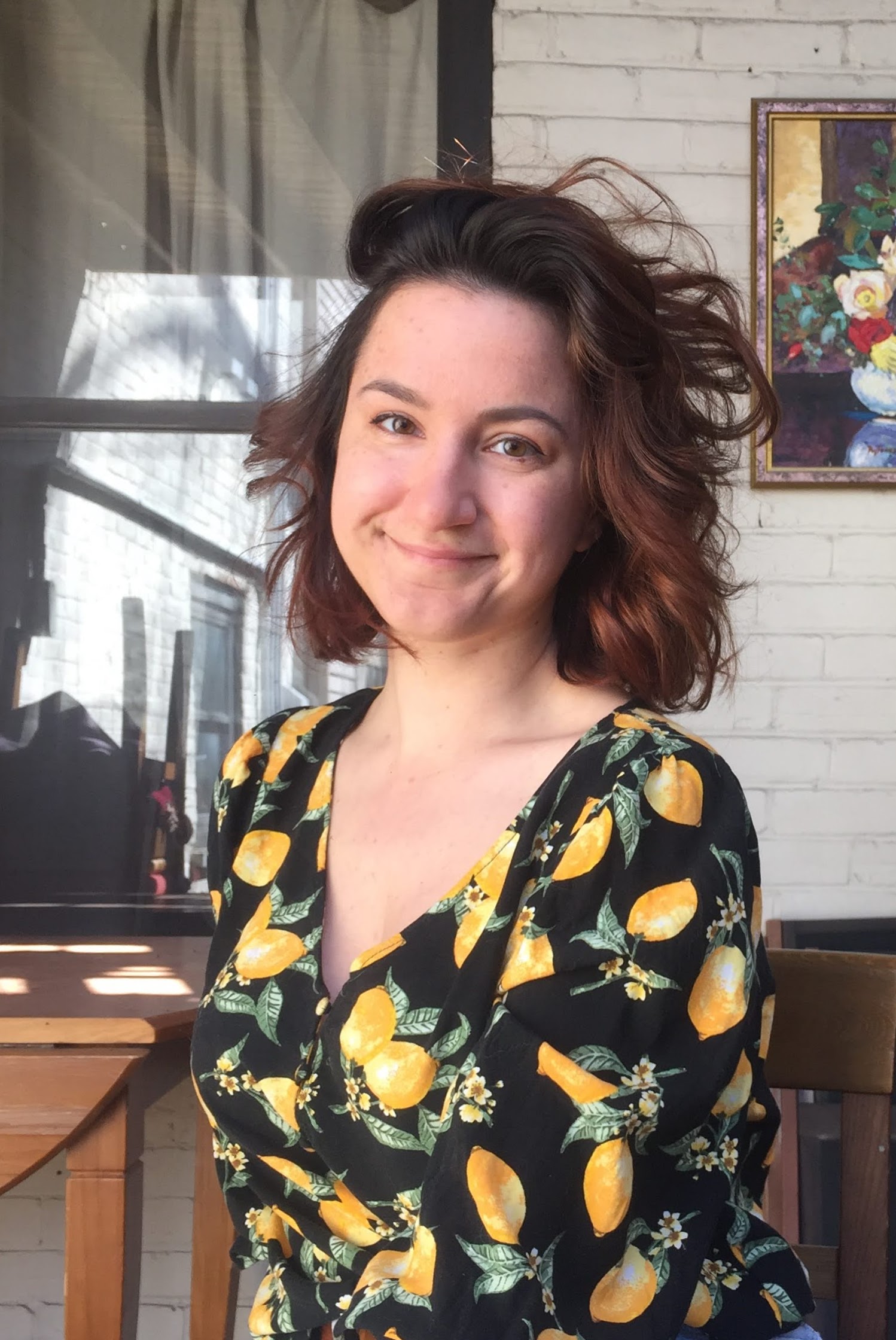
“It is essential to have access to scholarships and bursaries when deciding to undertake graduate studies. Above all, it mitigates the impact of rising living costs and has a significant impact on our academic journey.”
Brahim Aïssa (PhD, Materials and energy sciences, 2010)
Senior Scientist and Associate Professor at QEERI/HBKU/Qatar Foundation
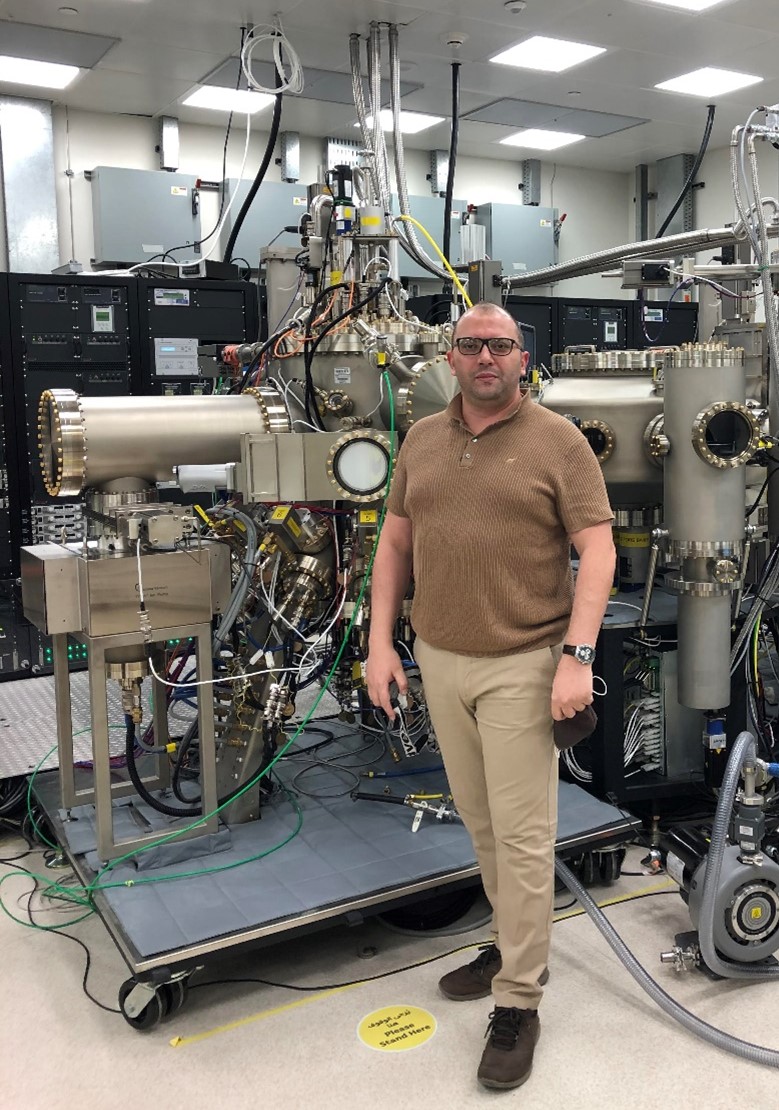
“There are no shortcuts to success. Tenacity pays off. That was the motto of my professors at the Énergie Matériaux Télécommunications research centre when I was there, and it’s what still inspires me today.”
Elsa Goerig (PhD, Earth sciences, 2017)
Postdoctoral research fellow, Museum of Comparative Zoology, Harvard University, Cambridge, Massachusetts
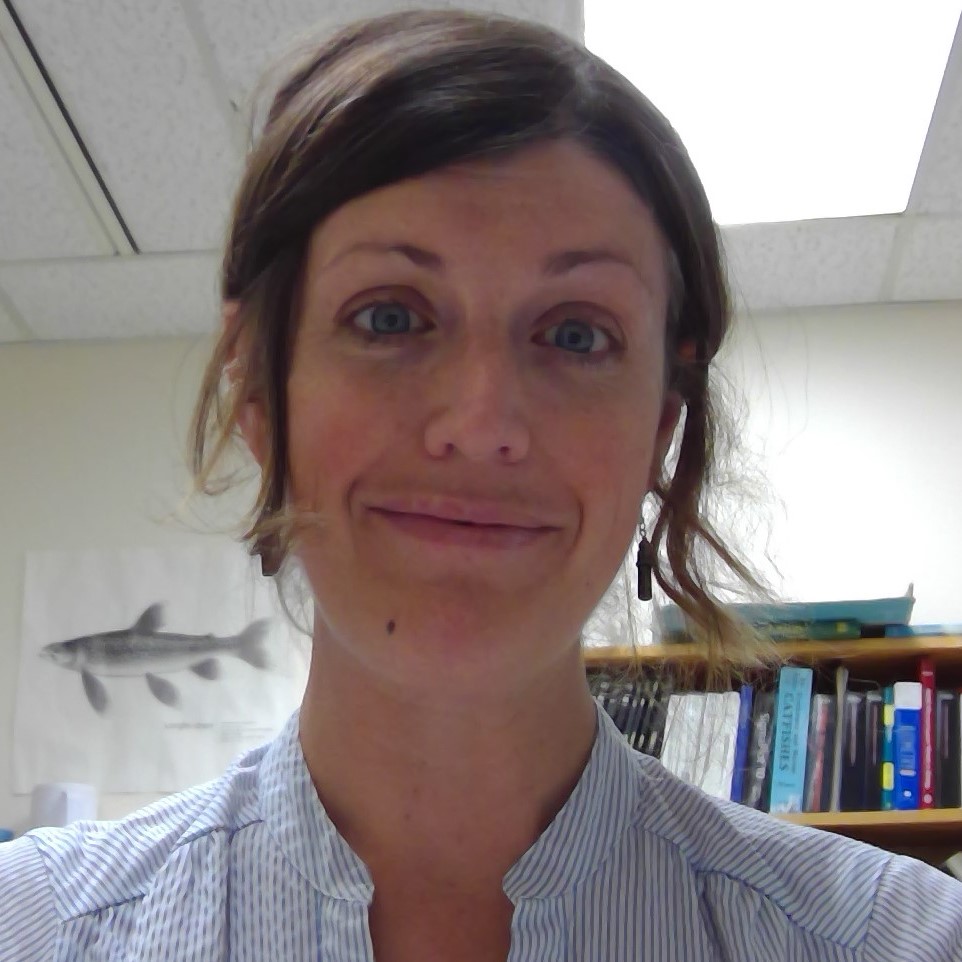
“My time at INRS has allowed me to acquire different skills, all of which are complementary to each other.”
Judith Mogouong (PhD, Biology, 2022)
Postdoctoral Fellow, Cornell University, Ithaca, New York
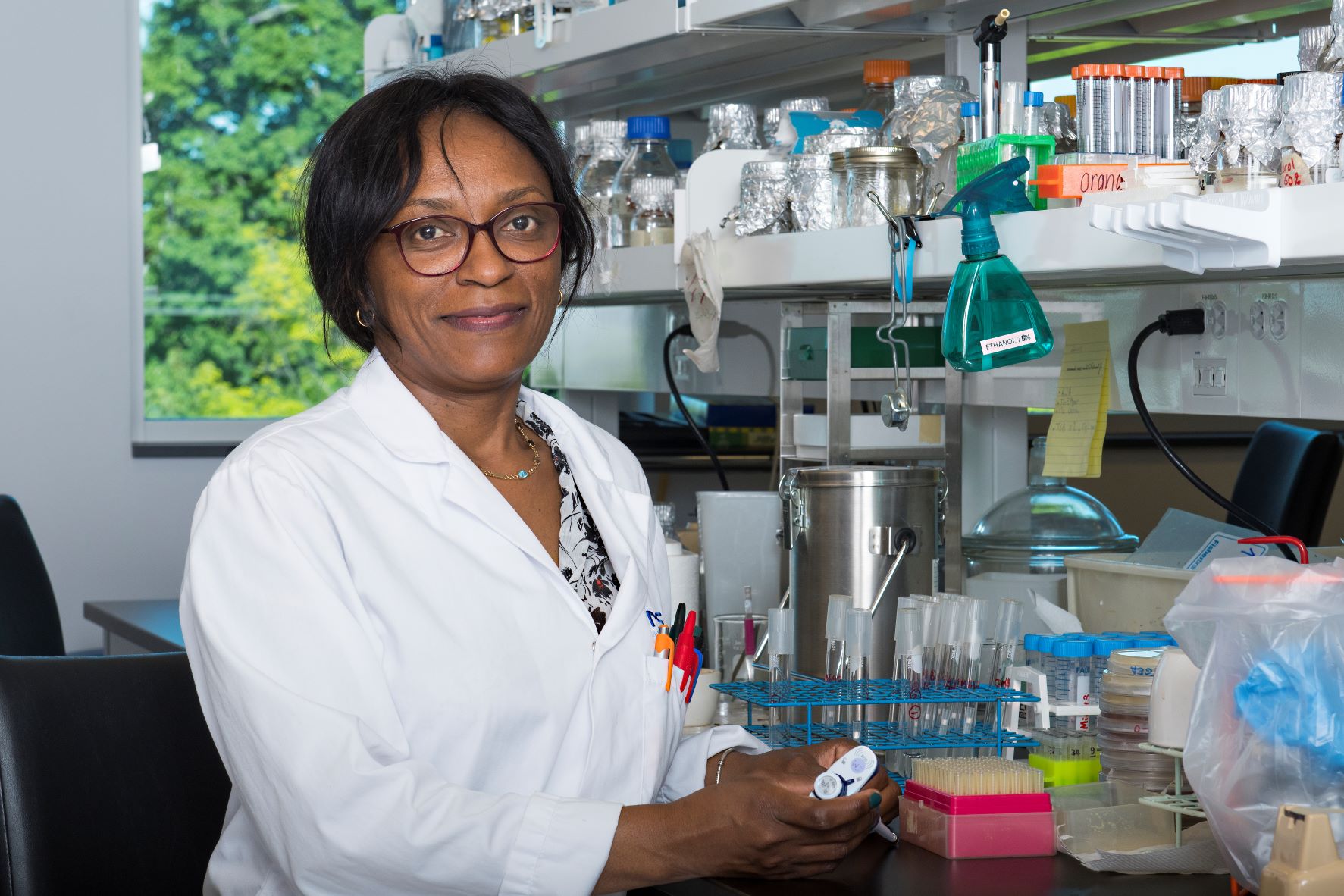
“Perseverance, rigour and determination are some of the qualities I was able to develop during my four years as a doctoral student at INRS.”
Ahlem Zaghmi (PhD in Energy and Materials Science, 2021)
Postdoctoral fellow, Karolinska Institute, Sweden
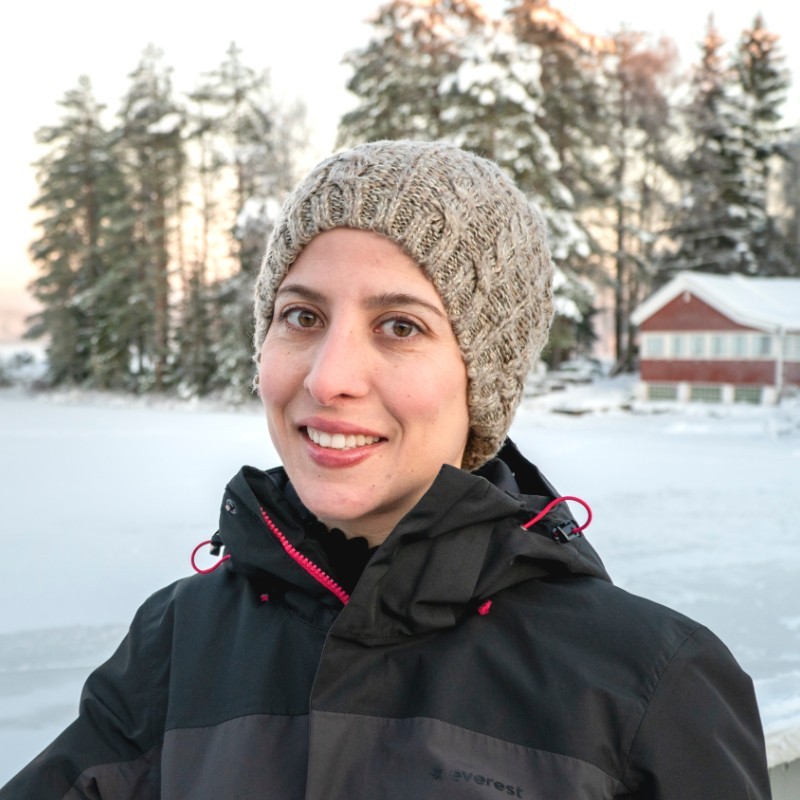
“The PhD is not just a research job, it is also a chance for personal development and it allows us to integrate and expand our network of contacts.”
Seda Yasa (PhD, Biology, 2022)
Postdoctoral research fellow, Neurology, Harvard Medical School
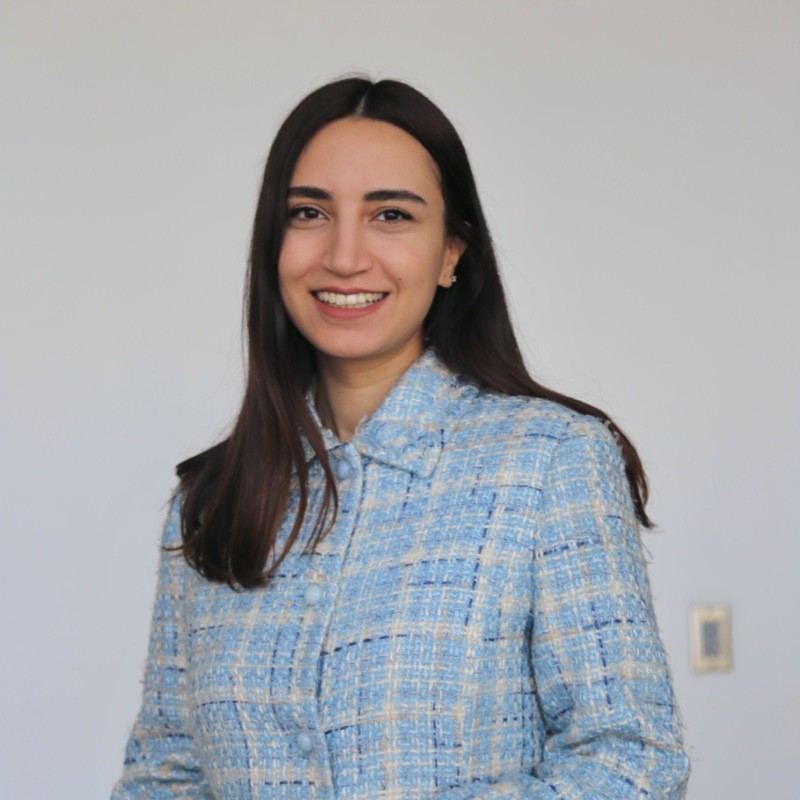
“Without adequate financial support, it is almost impossible to do research. I have been extremely fortunate to have the support of INRS through scholarships and awards. This has allowed me to focus on my research work.”
Bruno Boussicault (Master's degree in Earth sciences, 2008)
Geologist and geophysicist at ConeTec Peru S.A.C.
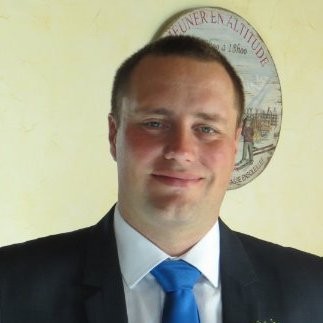
“The network of professionals available to us students in order to mentor and guide us in our work was excellent. I felt supported throughout my course, even when there were inherent difficulties in relation to my research.”
Valérie Guilmain (Master’s degree in research practices and public policy, 2010)
Senior socio-economic planning officer, Québec Ministry of Culture and Communications
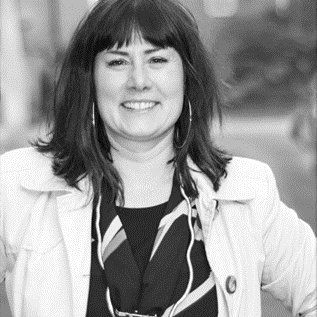
“The INRS stands out from the big universities because students can easily work with professors who are accessible and have a large network in several sectors.”
Golara Golbaghi (PhD Biology, 2020)
Associate Scientist at Turnstone Biologics
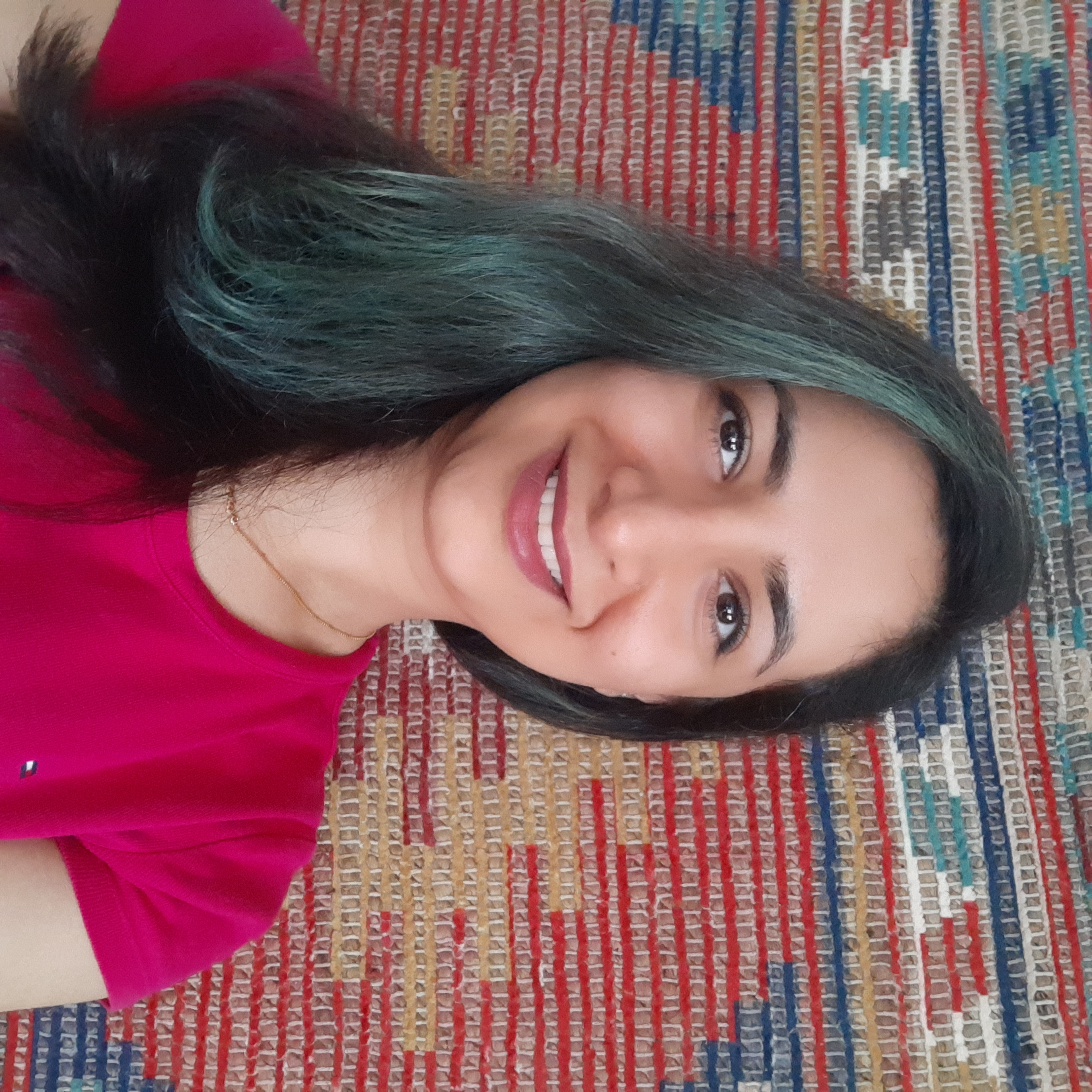
“The most important lesson I learned while studying at INRS is to always think outside the box. If a project doesn’t work, there is usually a way to look at it from a new angle. Negative results can open new doors.”
Valérie Ouellet (M.Sc. (2006) and PhD (2013) in water sciences)
Diadromous Species Scientist, Fisheries team, National Oceanic and Atmospheric Administration, USA
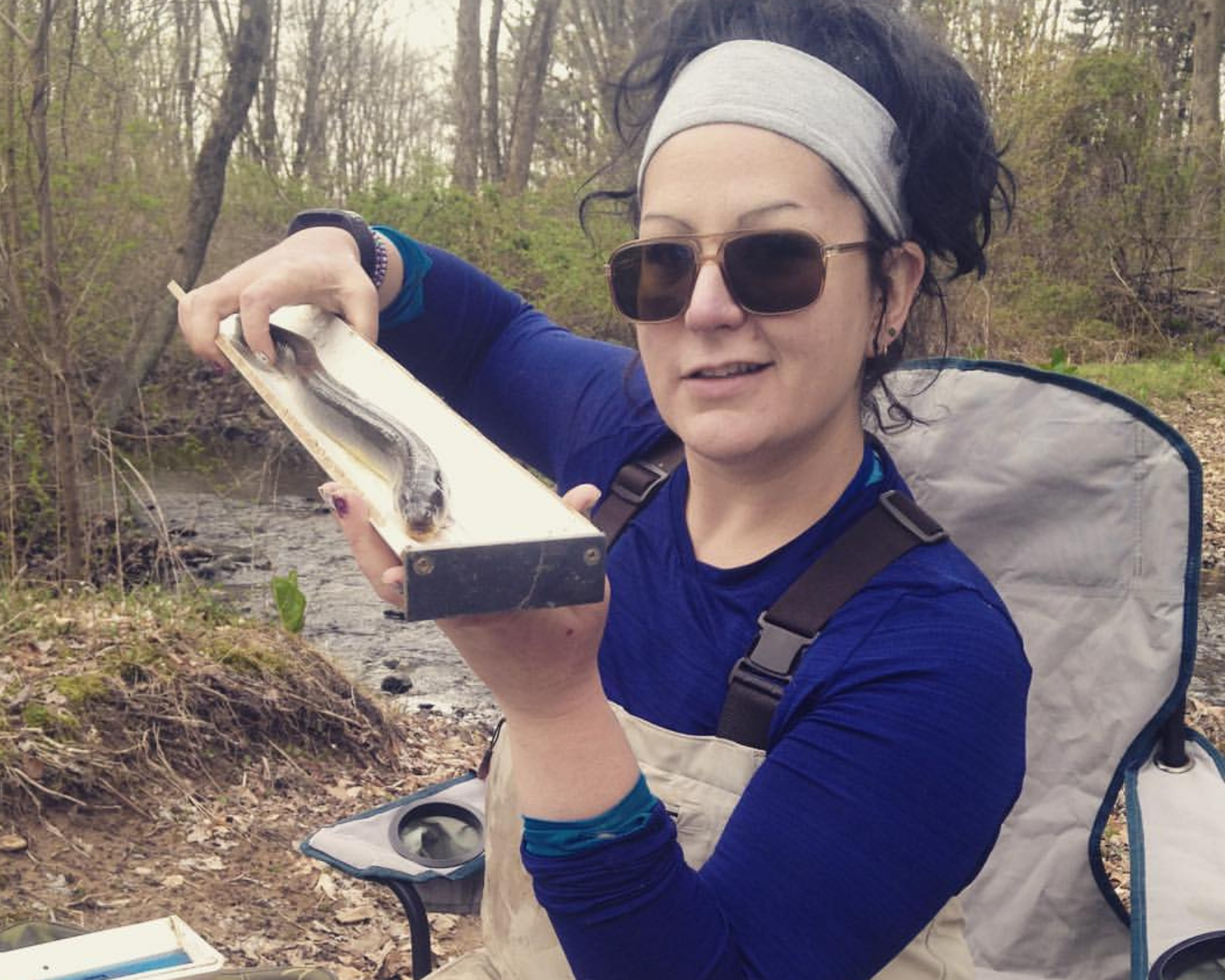
“The strength of INRS is its collegial structure. During my studies, I was able to propose ideas and be supported by both professors and administrative staff. The structure of the Institute ensures that student life and student development are at the forefront.”
Alice Gaudreau (M.Sc. Knowledge transfer and mobilization, 2020)
Junior Policy Analyst, Employment and Social Development Canada
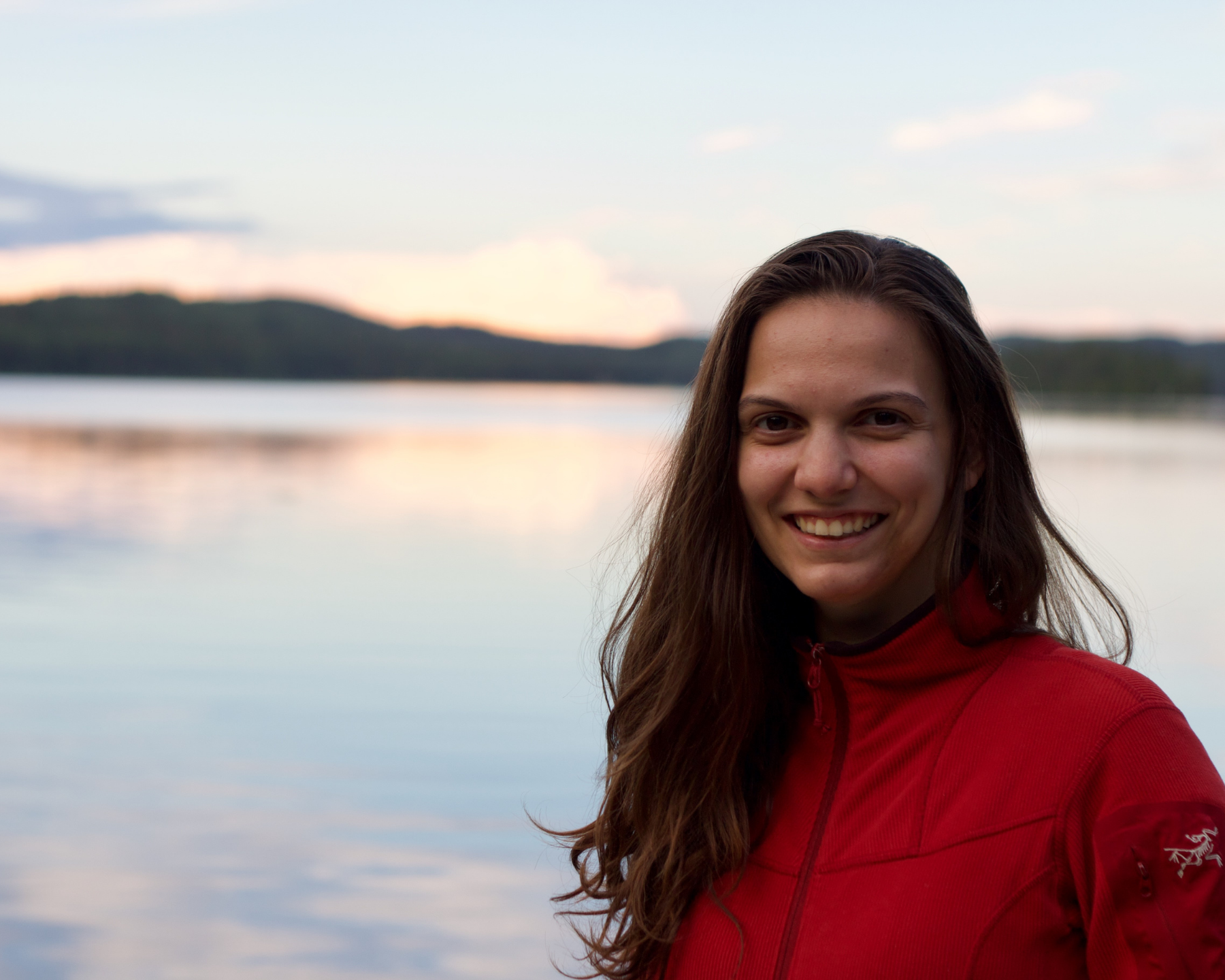
“My training at INRS allowed me to understand the importance of research in society and to be able to apply it in different practice settings, including government and community settings.”
Hamza Loucif (PhD Virology and immunology, 2022)
Postdoctoral researcher, virology and immunology, McGill University
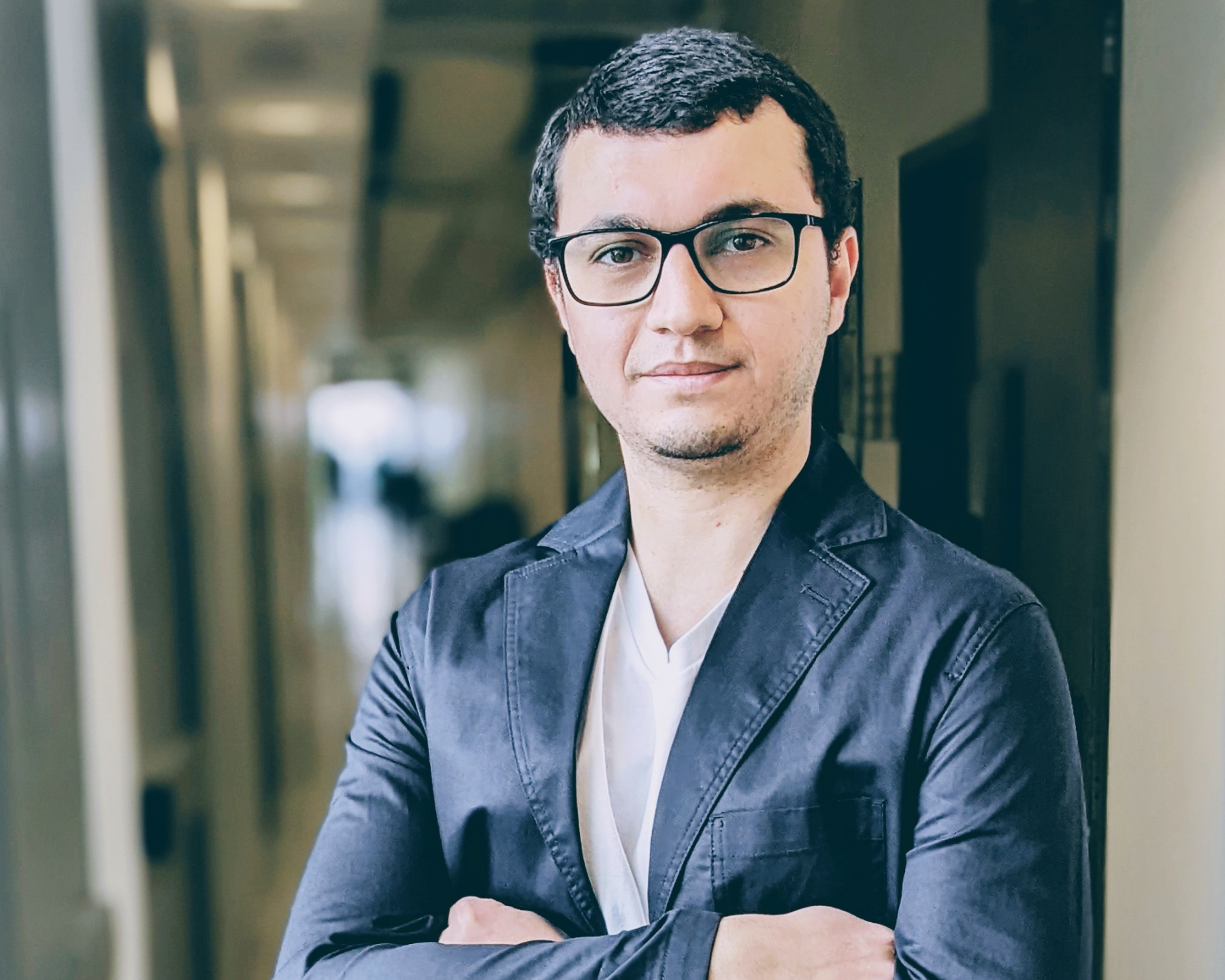
“My studies at INRS have had a positive impact on my career path. I met inspiring professors who were passionate about research. It was a real springboard in my career.”
Arnaud Alriq (M.Sc. Urban studies, 2002)
Development Officer, Urbanis
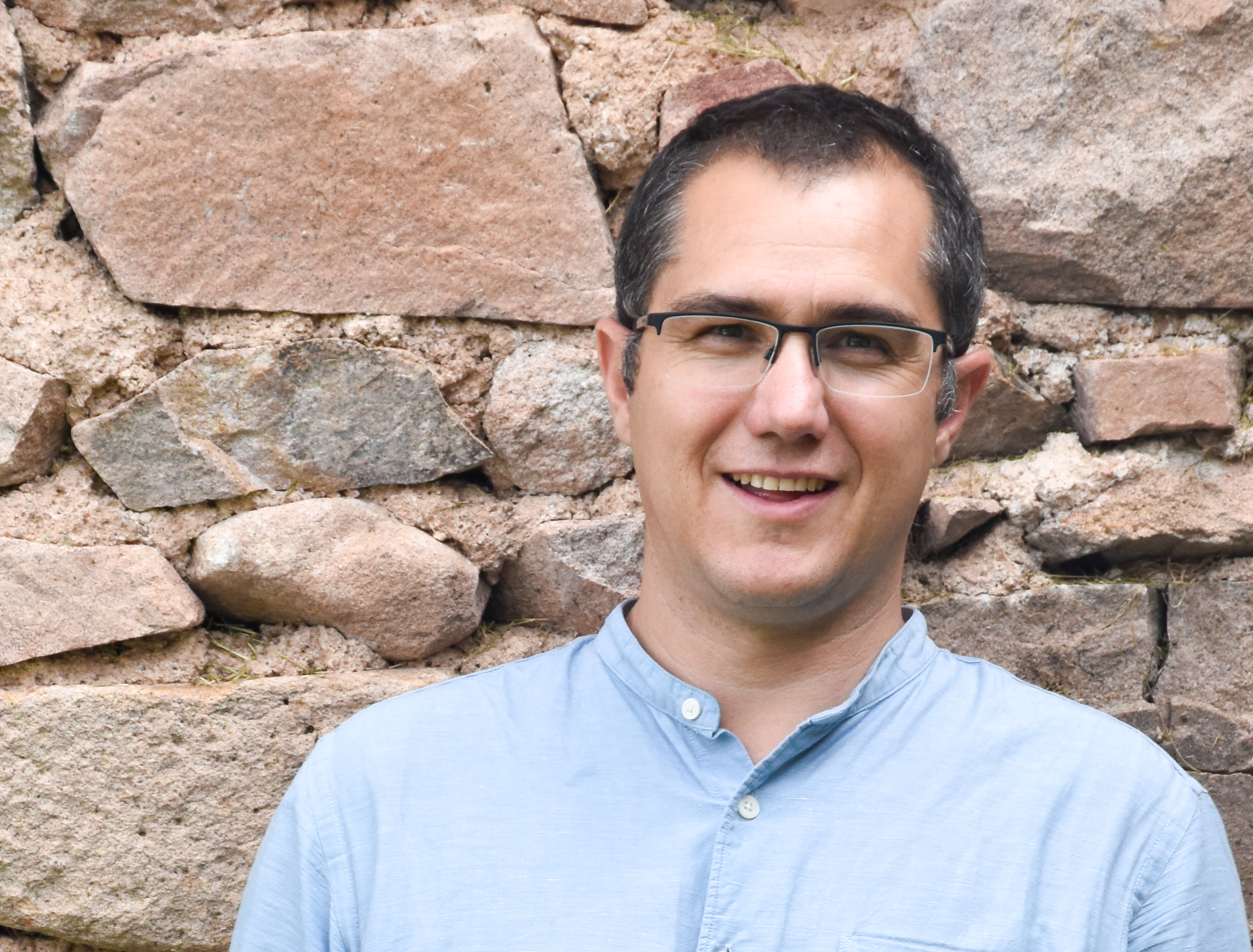
“INRS taught me to develop an analytical mindset and to structure ideas through a well-defined upstream research framework.”
Elyas Aissia (M.Sc. Water sciences, 2021)
Science Communicator at LaSciencedAbord and Administrator at Science pour tous
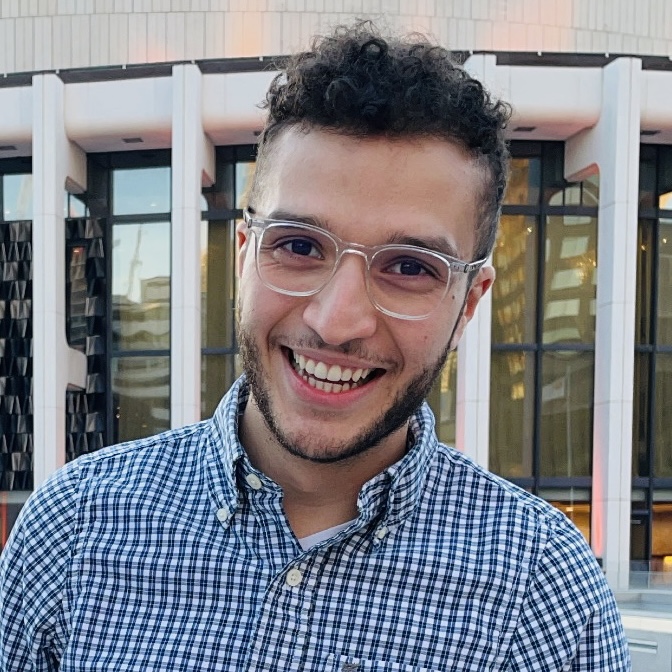
“INRS helped me learn how to communicate about science in a more effective and intelligible manner according to the target audience. The training I received at INRS goes beyond the lab.”
Lan Huong Tran (PhD, Water Science, 2009)
Research Associate, INRS
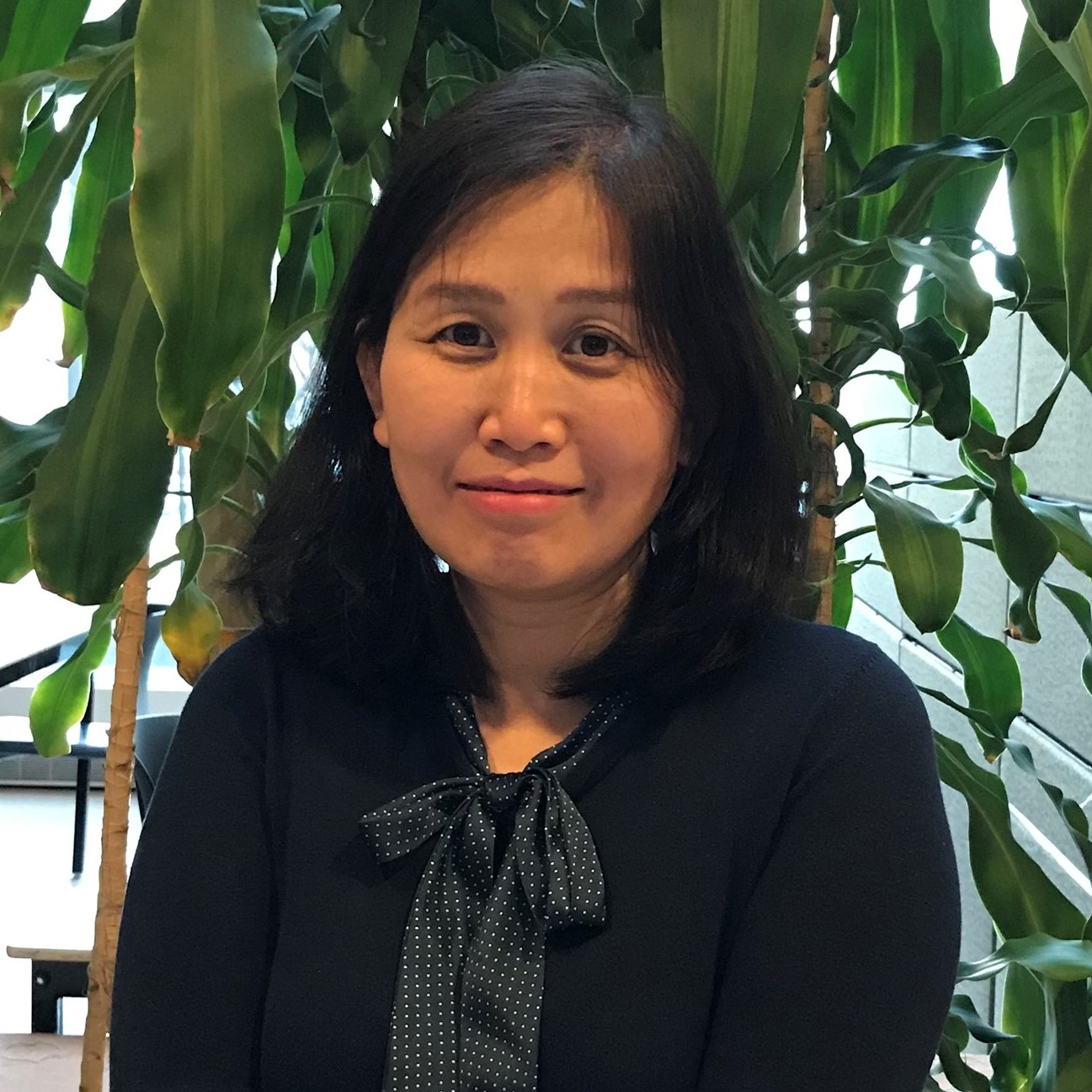
“My studies at INRS prepared me well for a career in scientific research. INRS is where I learned to work autonomously and effectively to bridge research and its applications.”
Achref Methenni (PhD, Telecommunications, 2018)
Wireless technical support consultant, Rogers Communications
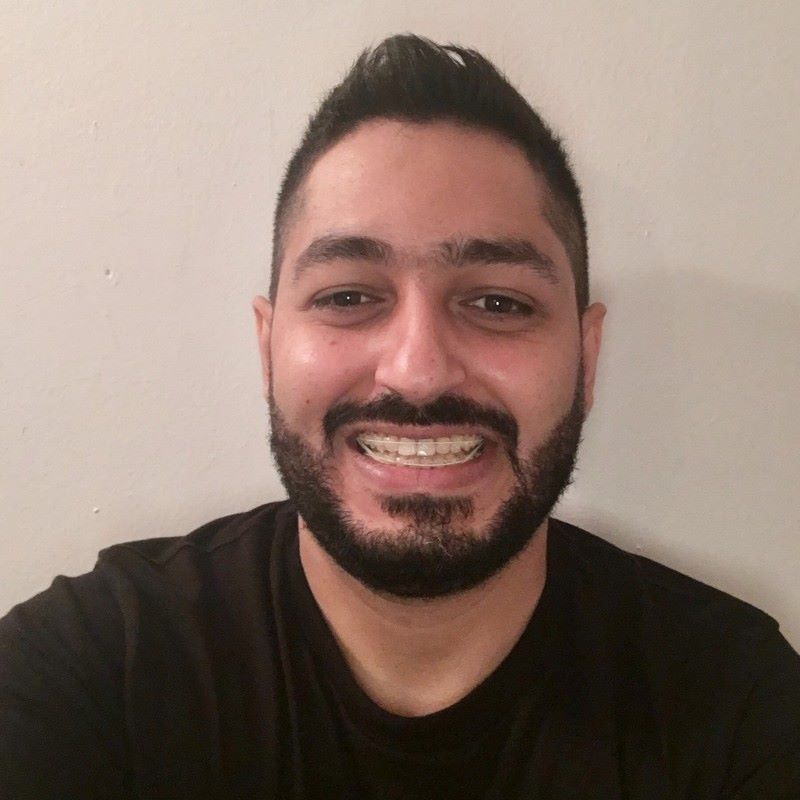
“My research experience at INRS allowed me to fully express my creativity, a strength that helps me move forward in all my projects, bringing innovative ideas and a different perspective to the table.”
Marie-Lise Tremblay (PhD Energy and Materials science, 2011)
Researcher and Project Manager at Hydro-Québec
Barbara Augustin (M.Sc. Applied Microbiology, 2006)
Instructor, Cégep de Saint-Laurent

She believes that the outstanding support she got at INRS left her with an excellent foundation of knowledge—knowledge she now shares with others on a daily basis. This solid base gave her the confidence she needed to undertake a teaching career.
Marie-Pierre Ippersiel (PhD Urban Studies, 2004)
President and Chief Executive Officer, PRIMA Québec
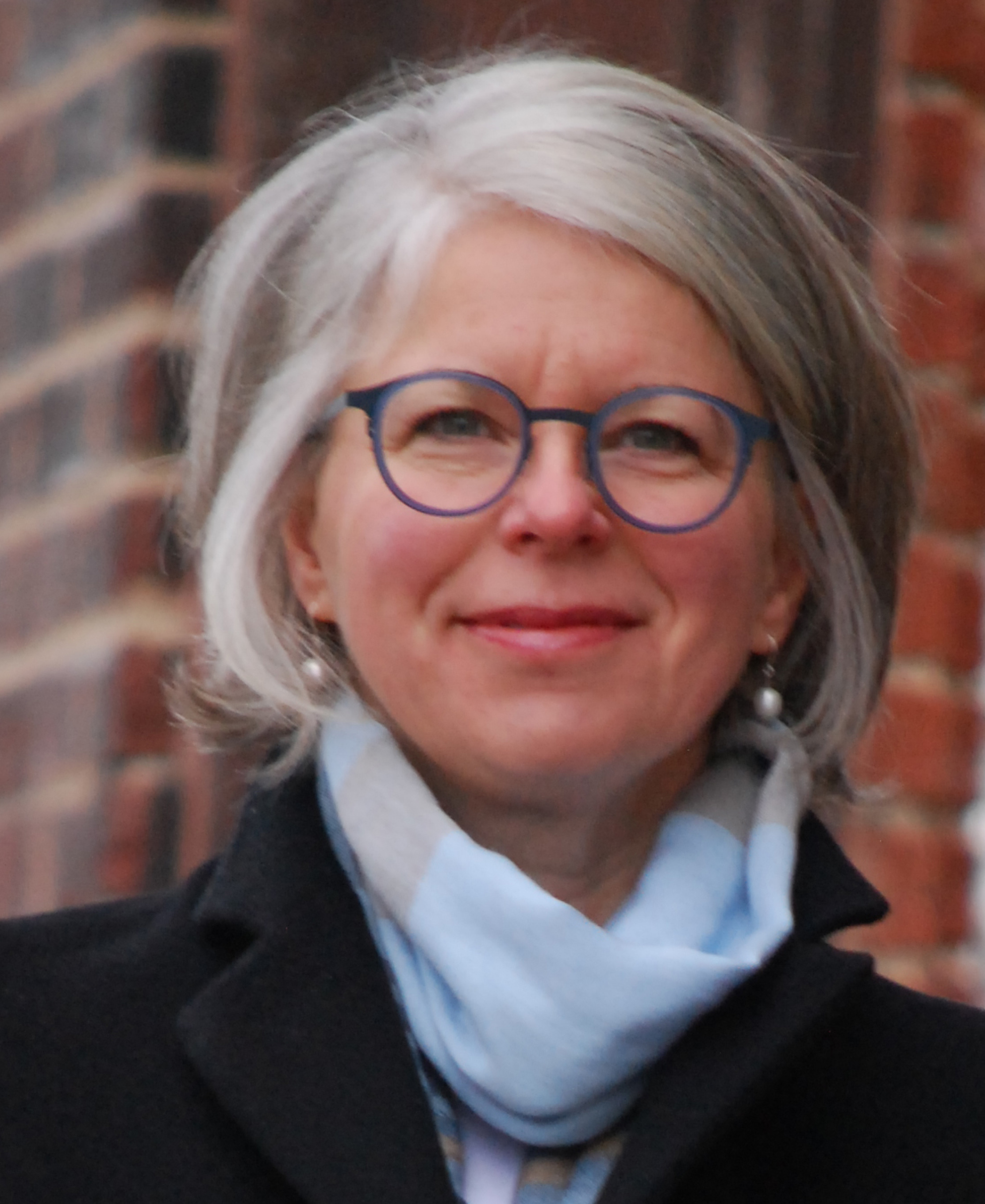
“To me, the fact that INRS eschews traditional university departments and faculties is an advantage that lets it move forward, guided by its research themes.”
Carole-Anne Gillis (PhD Water Science, 2017)
Research Director, Gespe'gewaq Mi'gmaq Resource Council
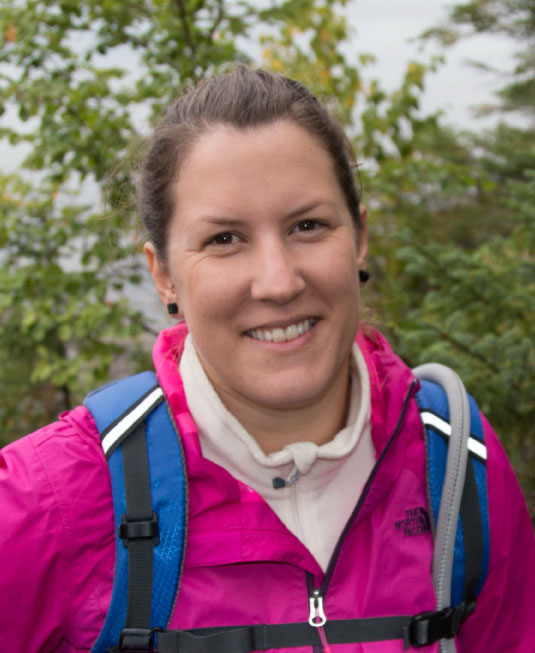
When she arrived at INRS in 2009, she says she was “open to different work experiences, internships, and training opportunities.” She encourages students to seize these opportunities for professional development.
READ MOREÉtienne Lyrette (M.Sc. in Urban Studies, 2003, and PhD in Urban Studies, 2010)
Chief of staff to the president and CEO, STM
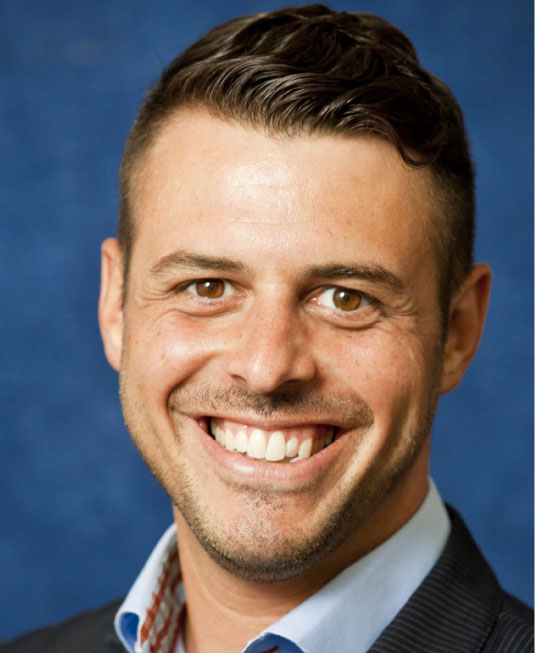
“It’s a place with so many opportunities. I always had plenty of options at every stage of my journey at INRS. I was active in various research groups, with many unrelated to my doctoral theses.”
READ MOREAnne-Pascale Richardson (PhD Biology, 2009)
Program Manager, AquaHacking
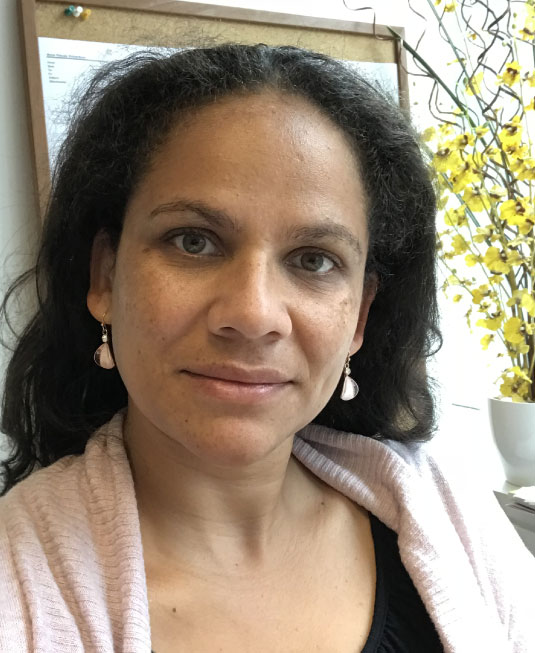
“... It’s something that has continued to serve me as I’ve developed and grown in a variety of work environments. It allows you to think outside the box, innovate in your field, and help others progress in their own fields.”
READ MOREÉtienne Richer (PhD Virology and Immunology, 2005)
Associate Scientific Director, Canadian Institutes of Health Research Institute of Genetics (CIHR-IG)

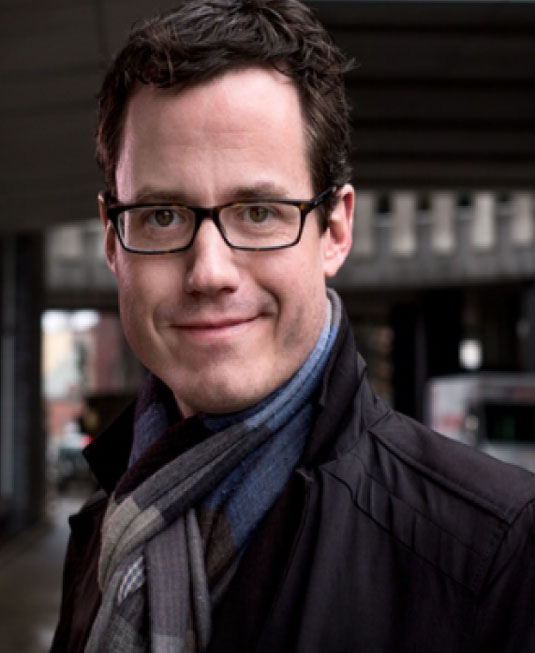 Photo © Christian Fleury
Photo © Christian Fleury
He feels that all the opportunities to network and get engaged in the INRS community prepared him well for his professional career.
READ MOREGuillaume Côté (M.Sc. Urban Studies, 2002 and PhD Urban Studies, 2007)
Principal Strategy Manager, Collins Aerospace
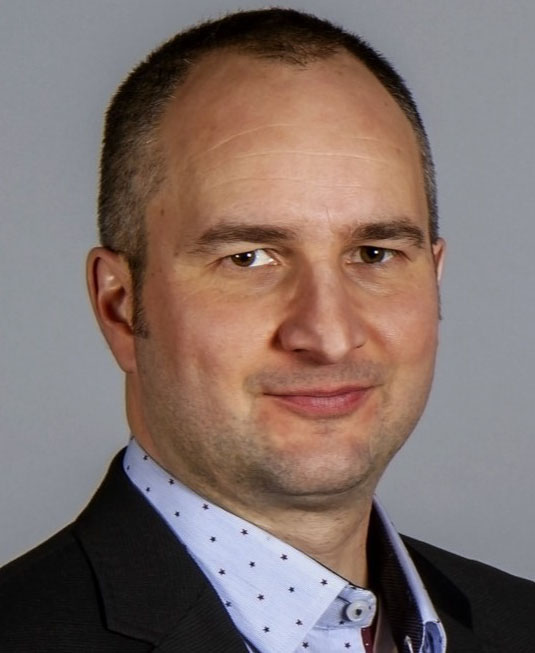
“You need to have drive. Pursuing a master’s degree or PhD is something you only do once. You have to enjoy what you do to be able to stick with it.”
READ MOREGuillaume A. Girard (M.Sc. Energy and Materials Science, 2005)
Senior Systems Engineer, ABB Inc.
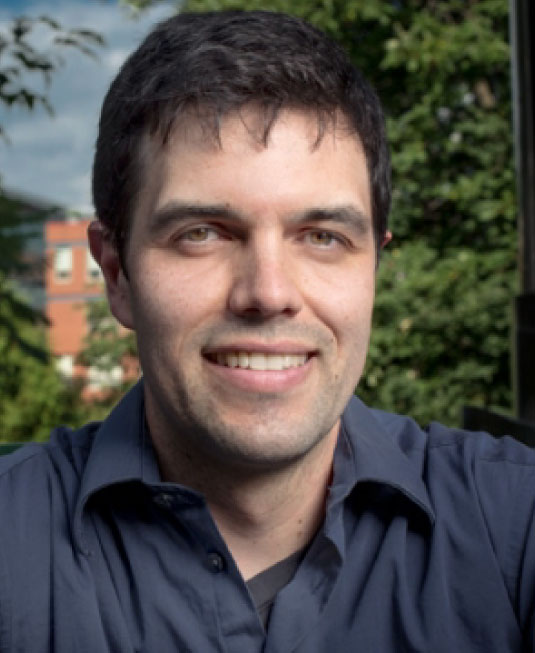
“In research, you have to learn to persevere”. It’s important to be open to criticism, he adds, and that can sometimes take a healthy dose of humility and self reflection.
Sébastien Fecteau (M. Sc. Water Sciences, 2006)
Vice President Power National, WSP
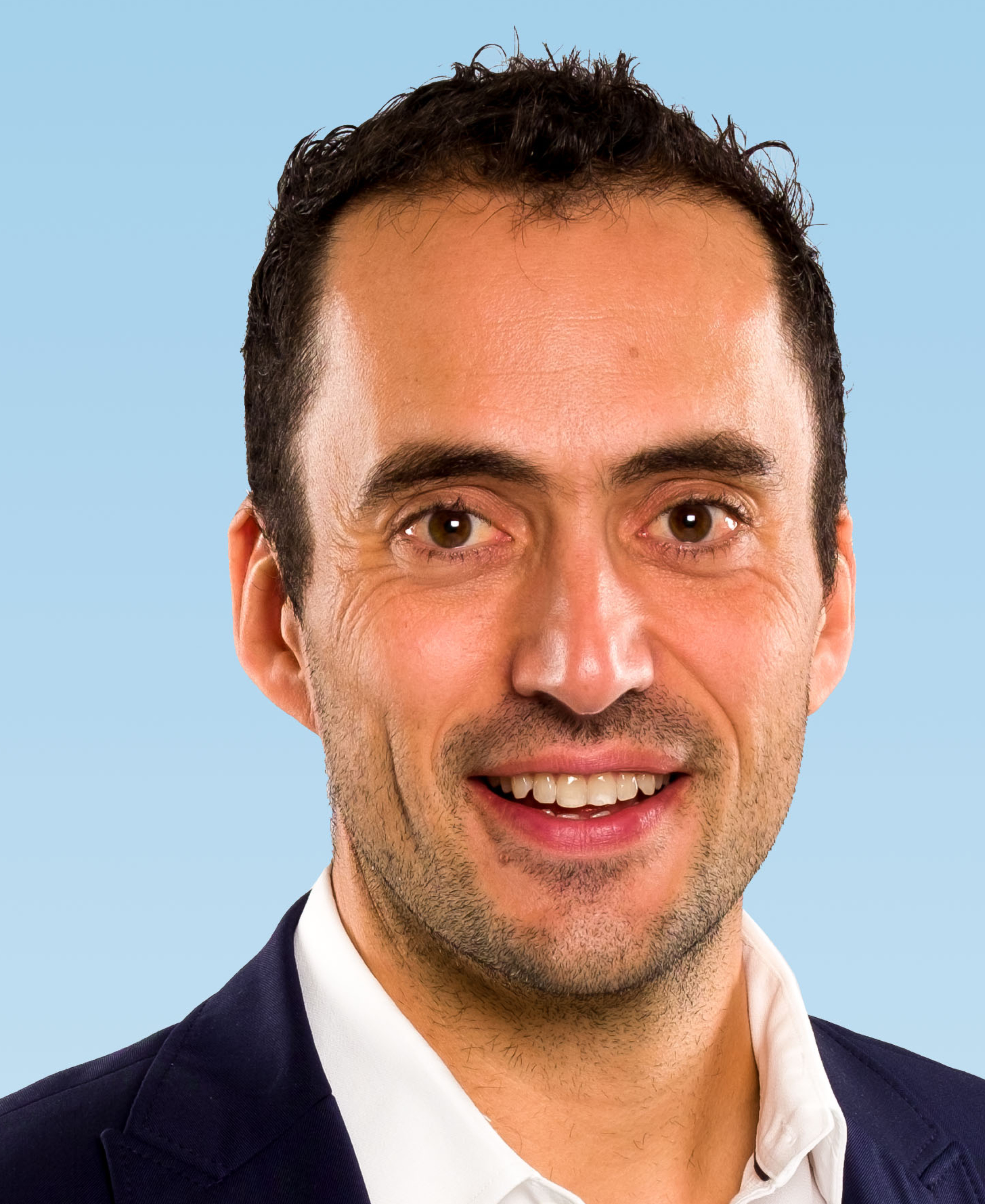
“[My studies at INRS enabled me to] make a career change and land the Genivar internship that led me to my current job” .
Are you an INRS graduate? Do you also want to share your memories and experiences with us? We can't wait to find out!
